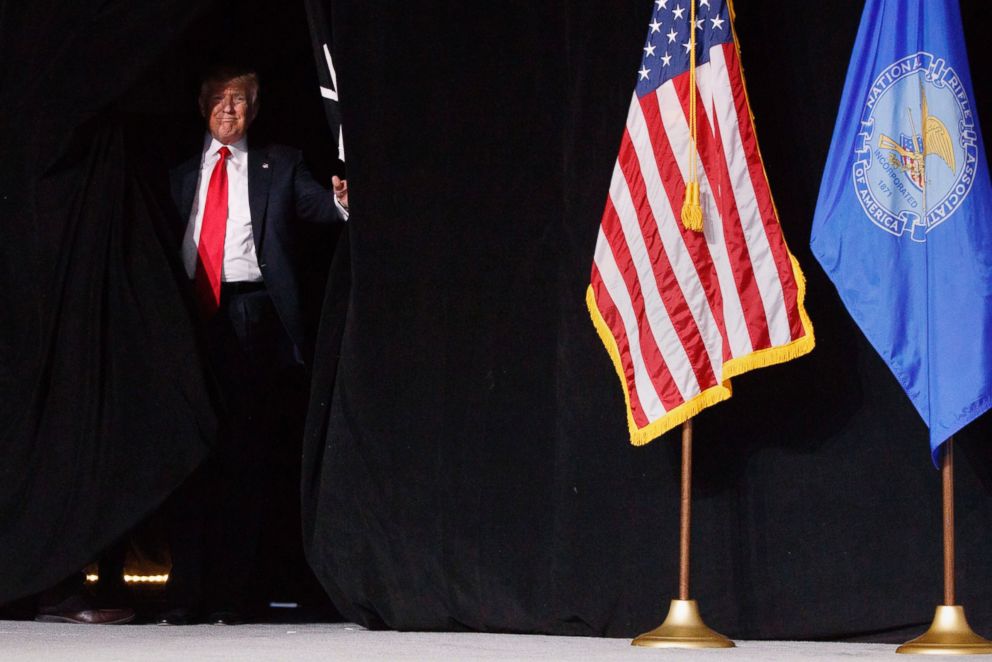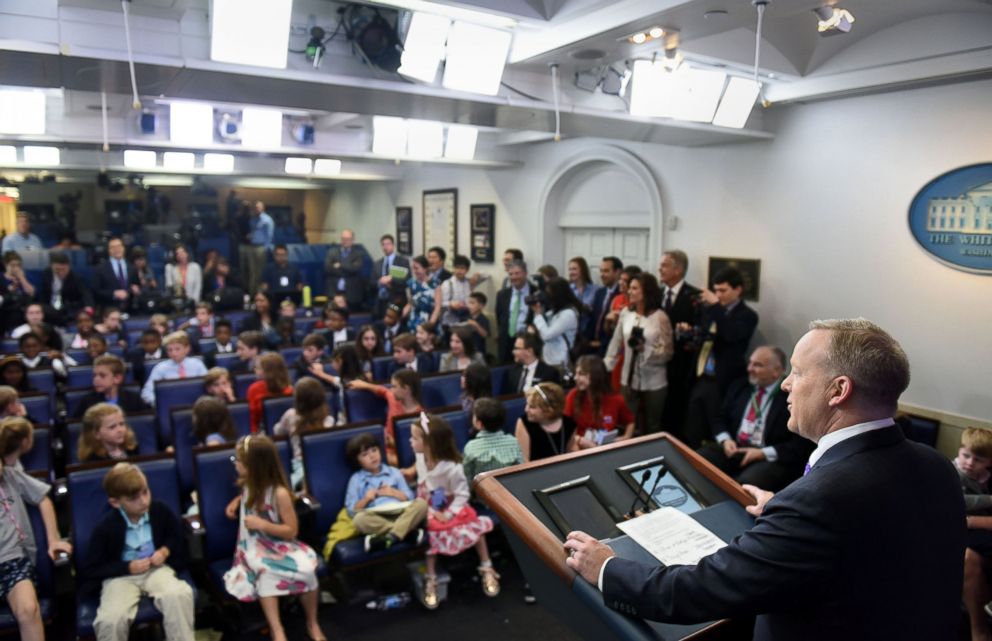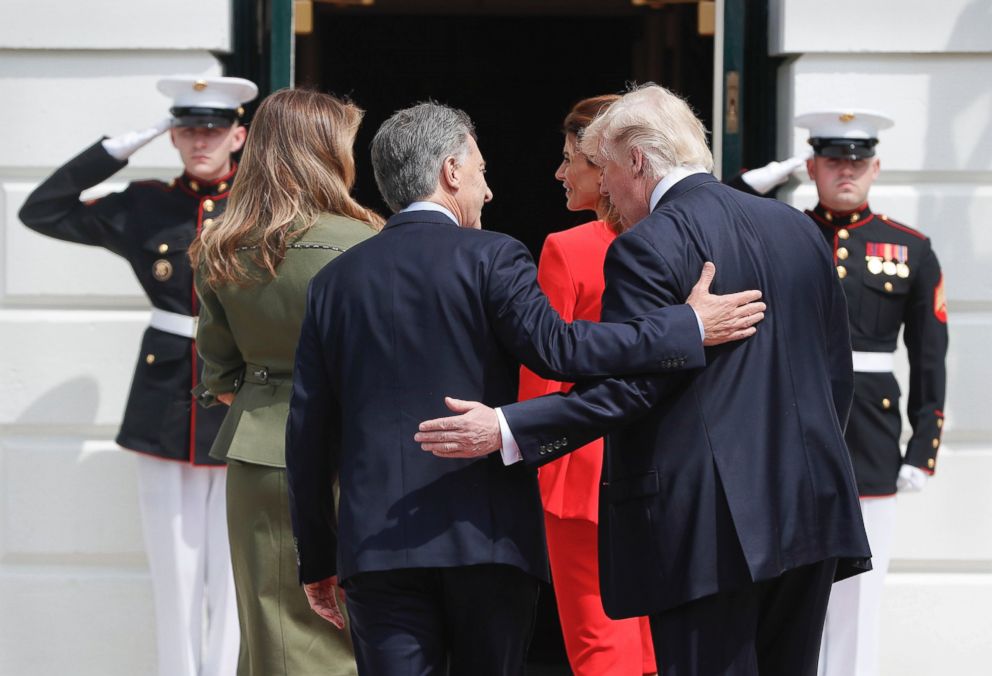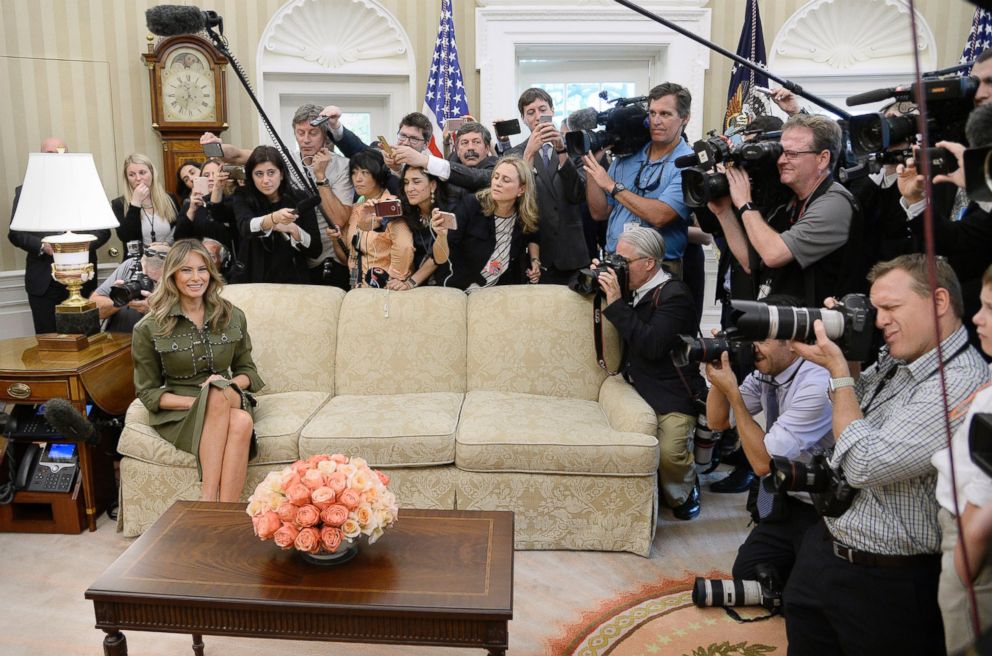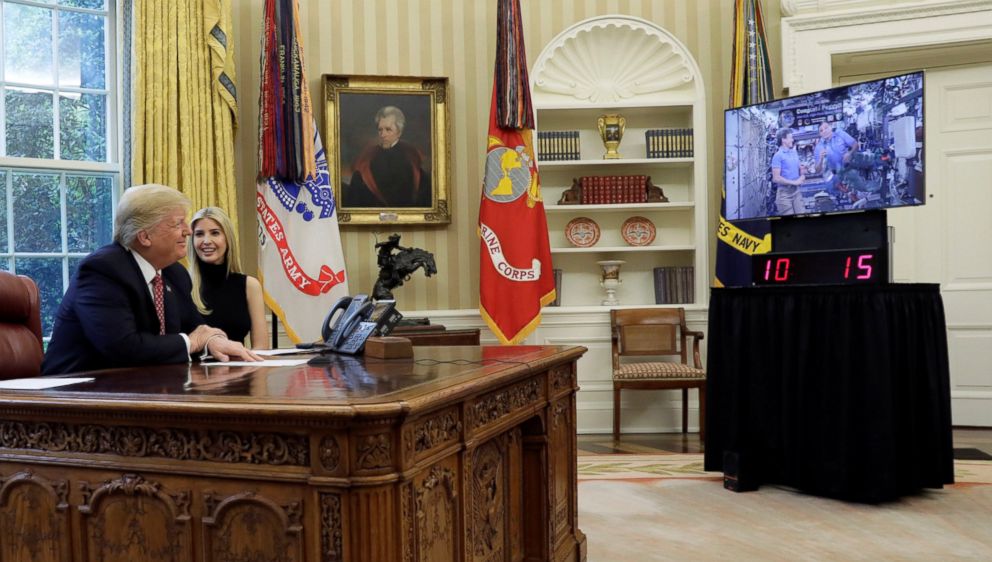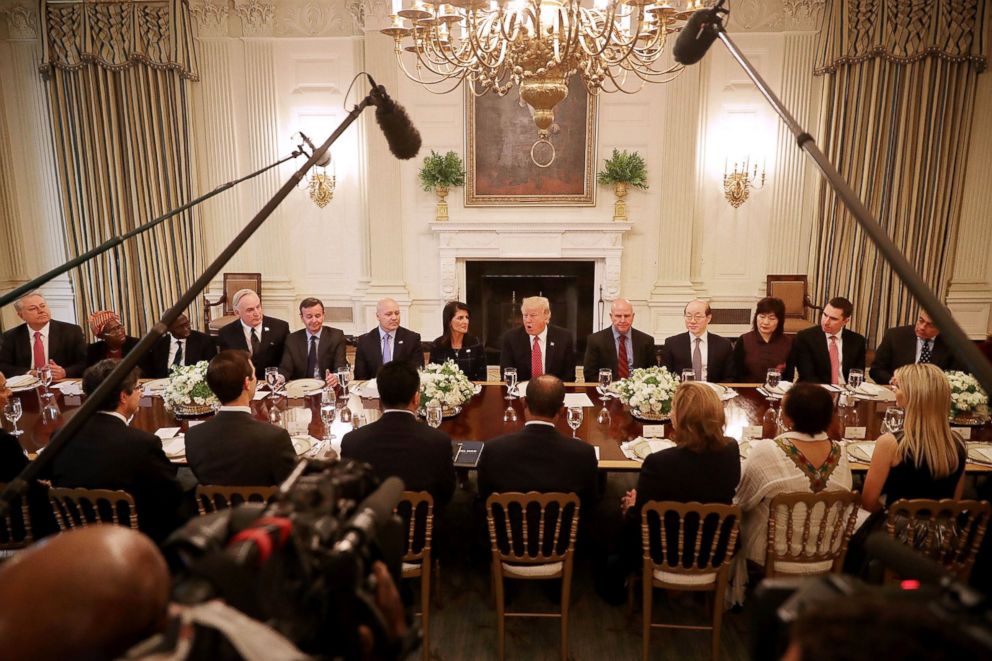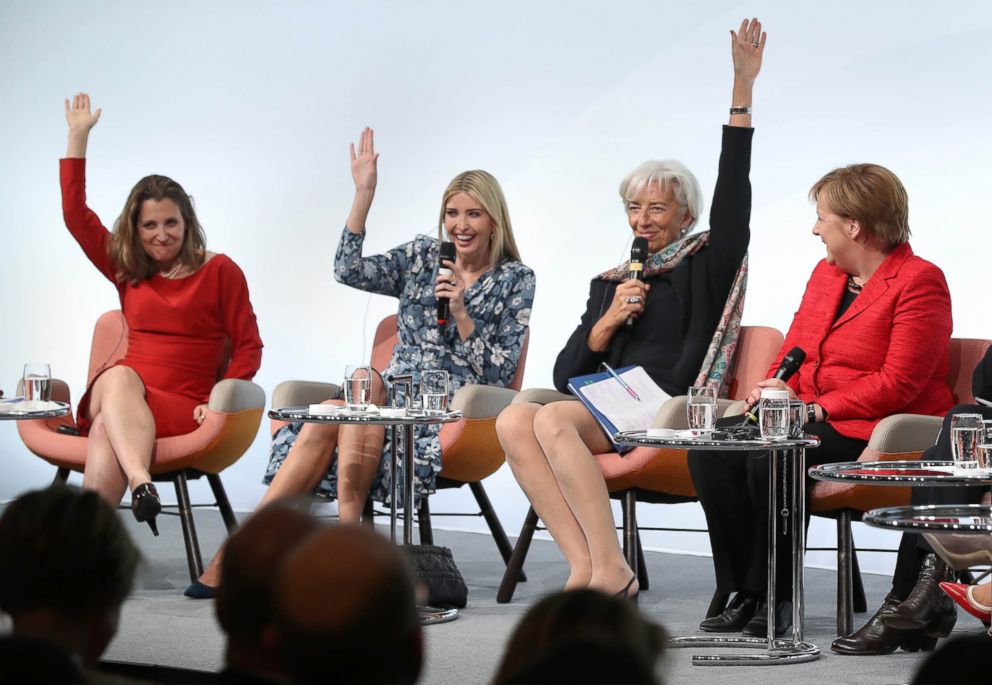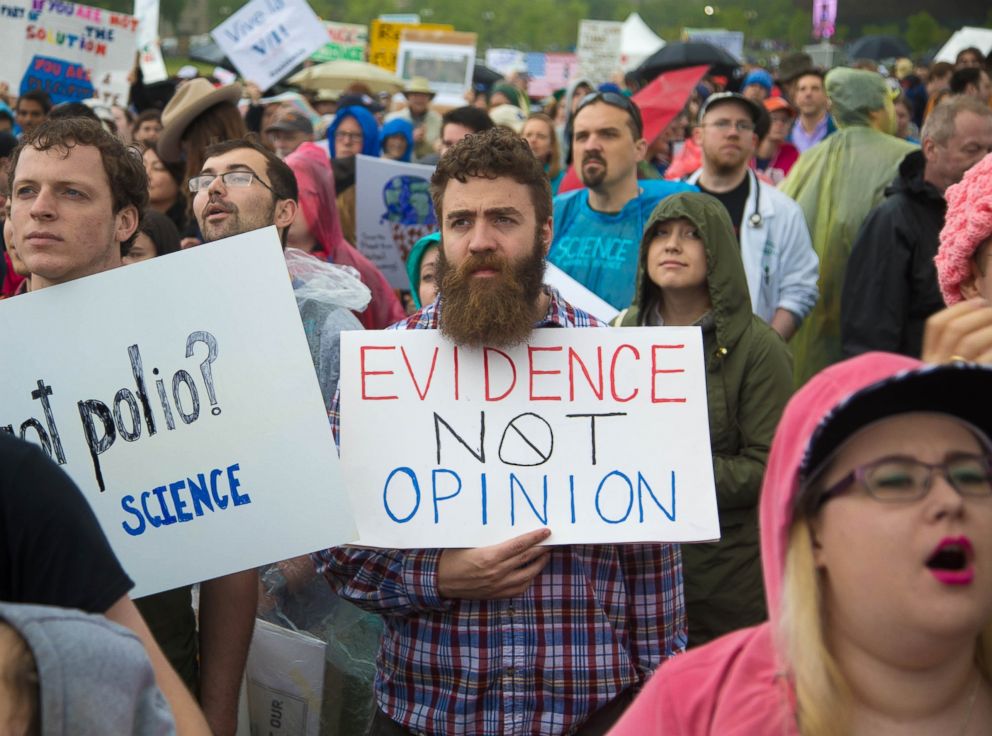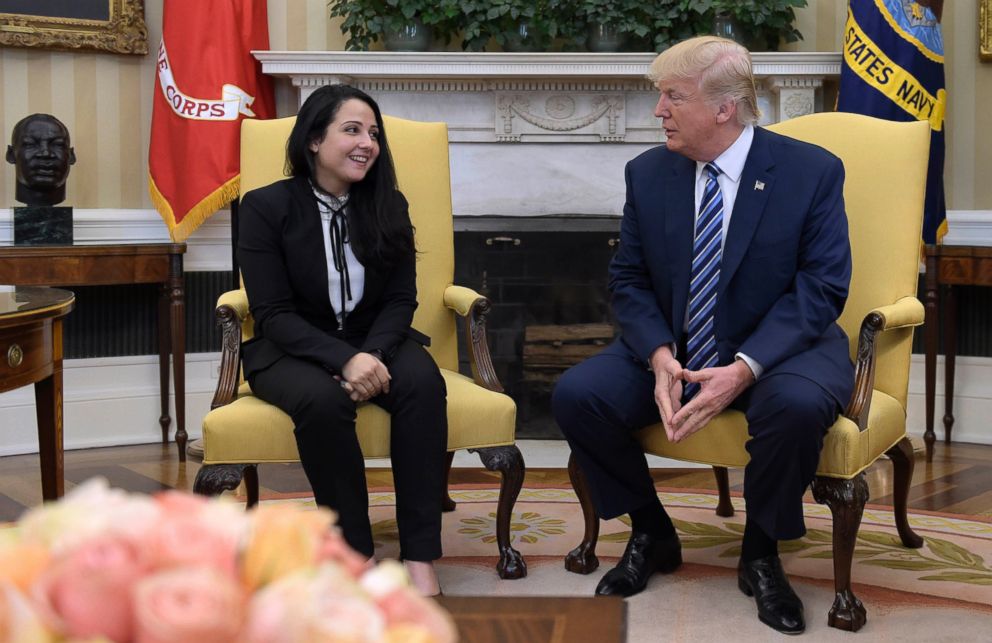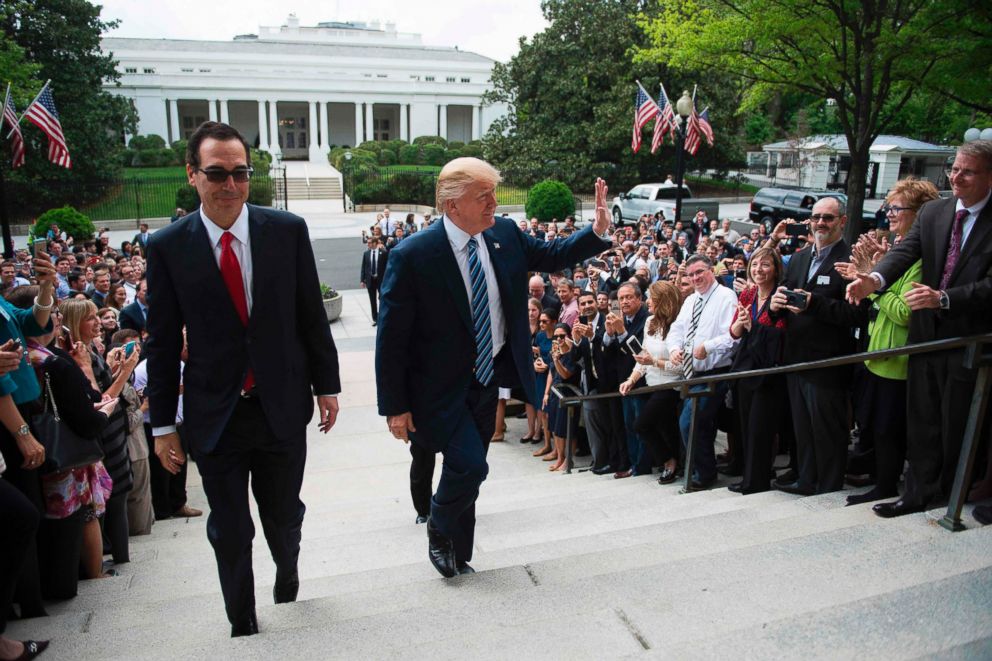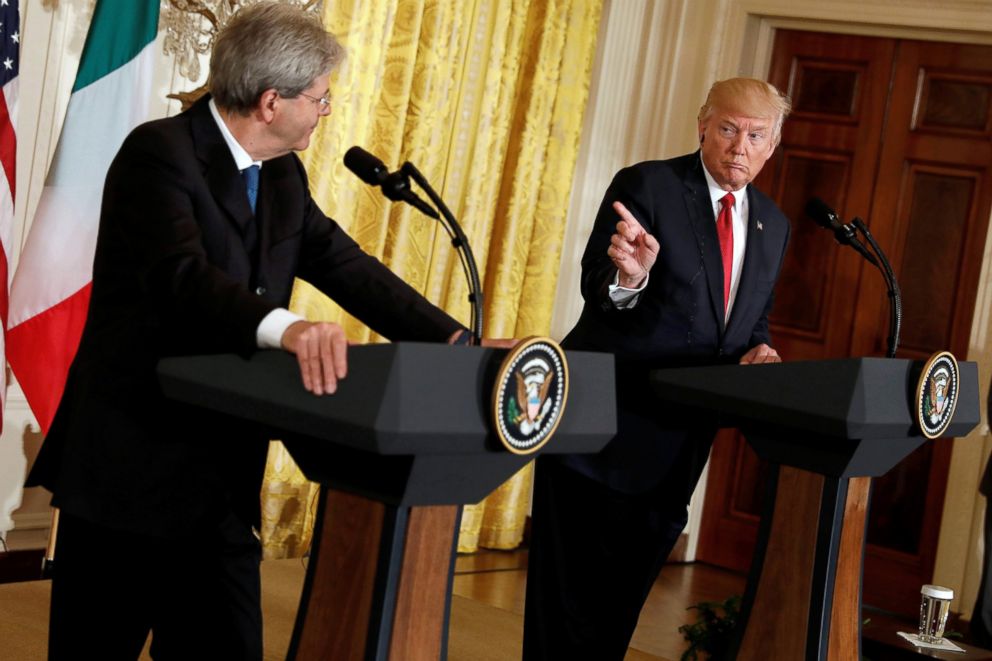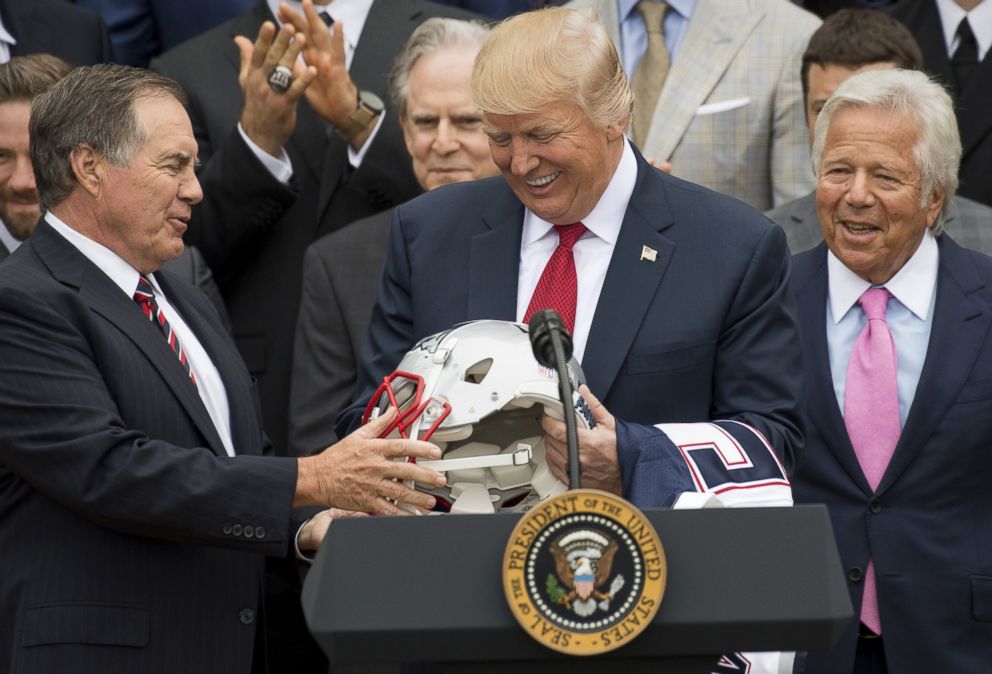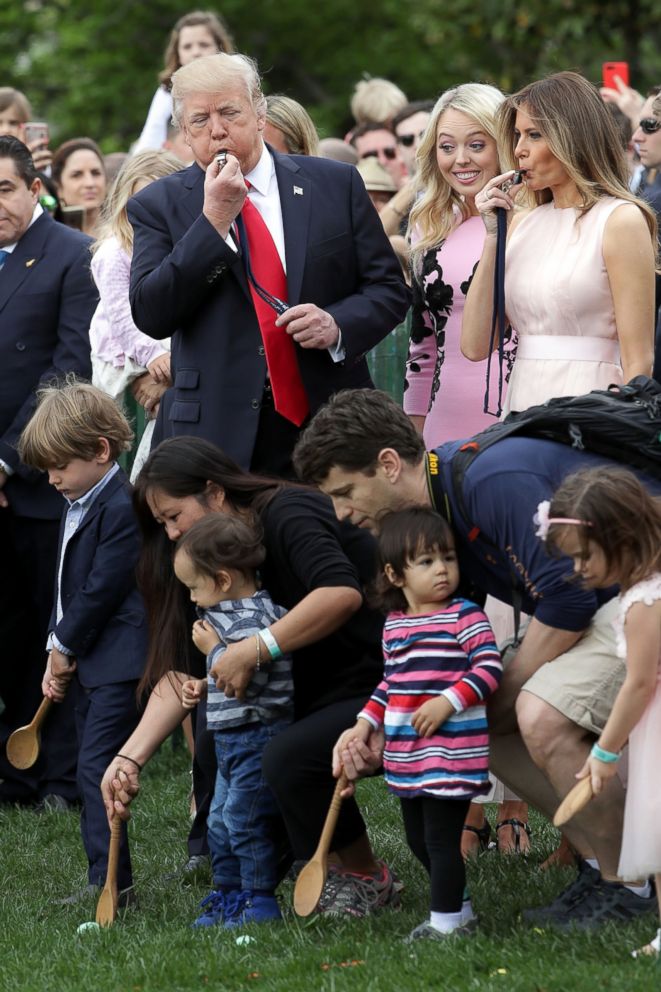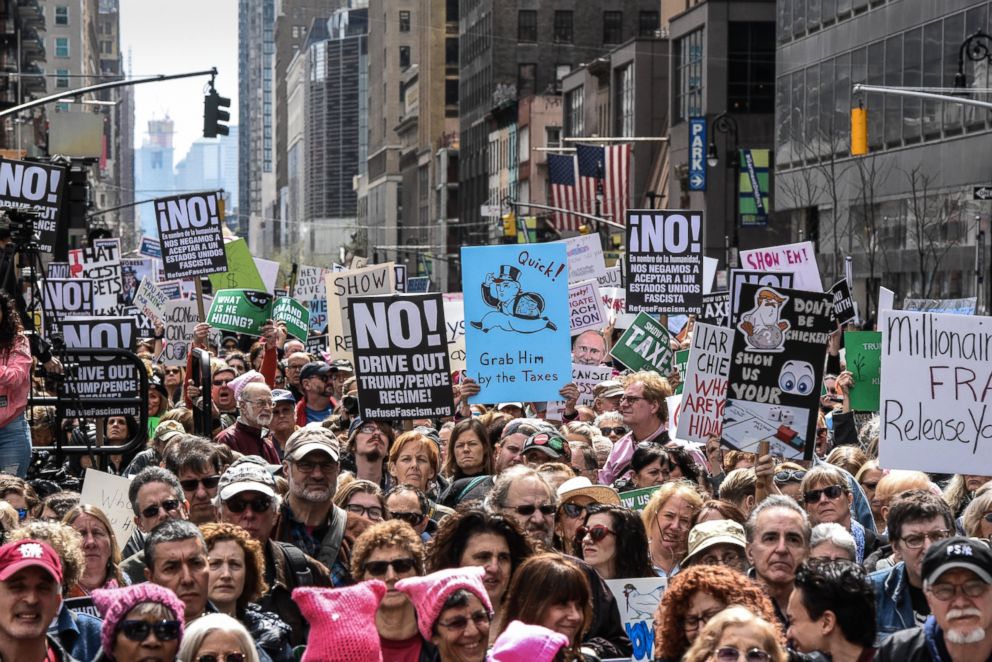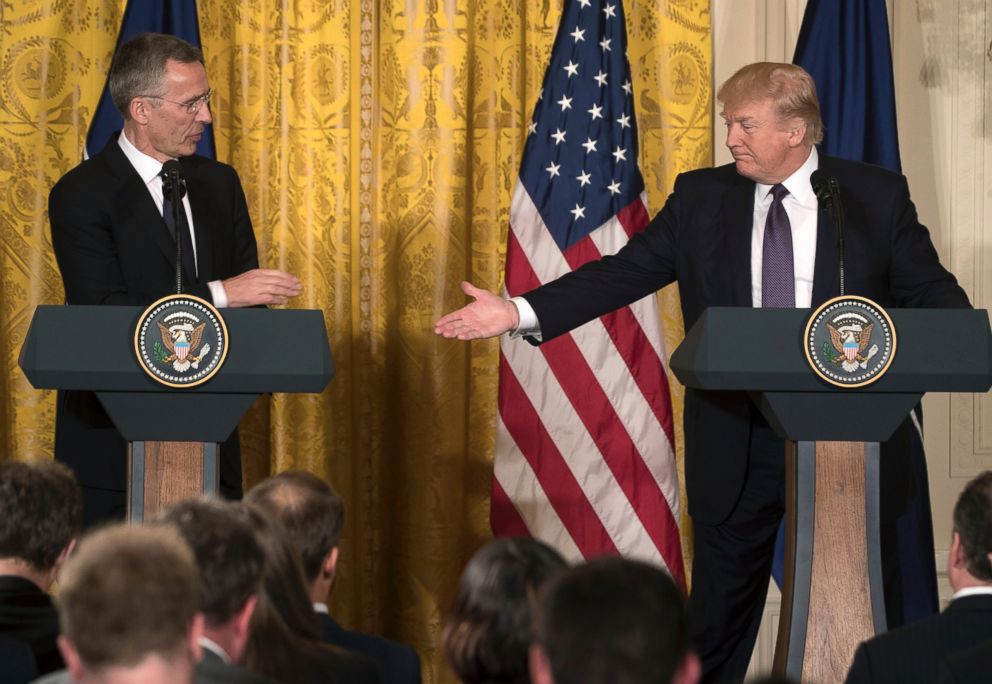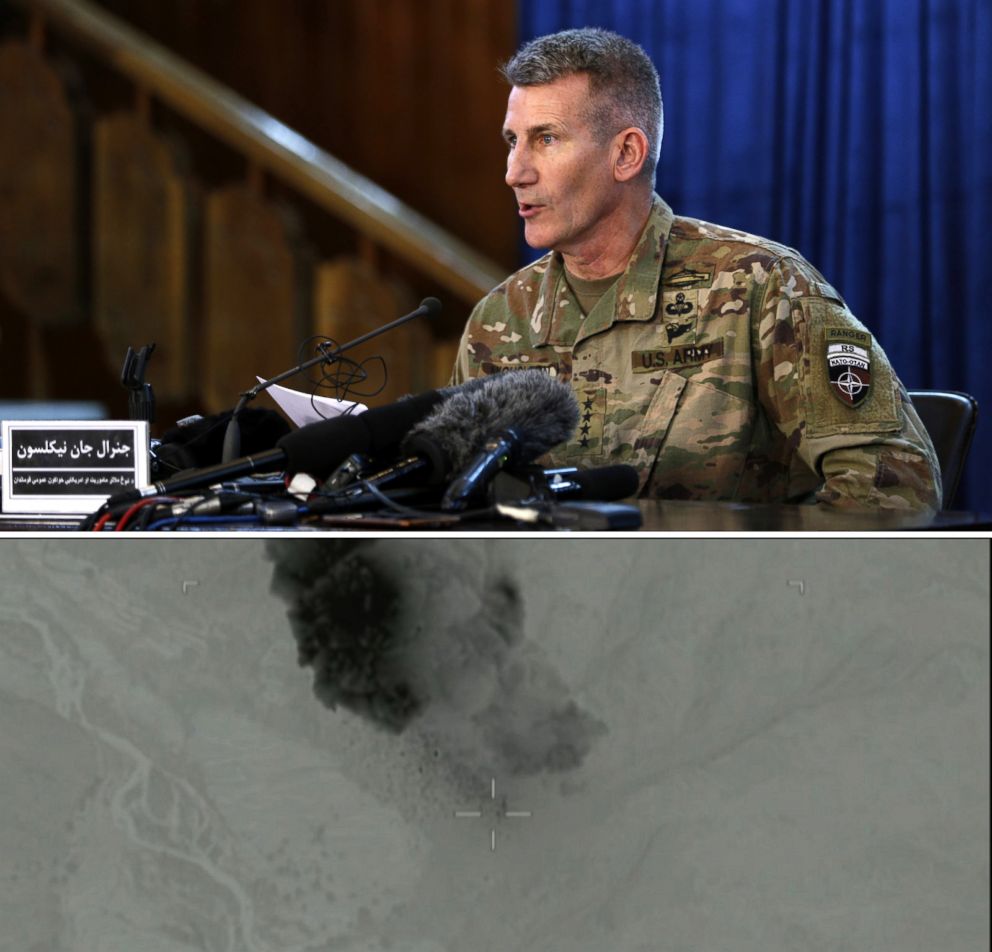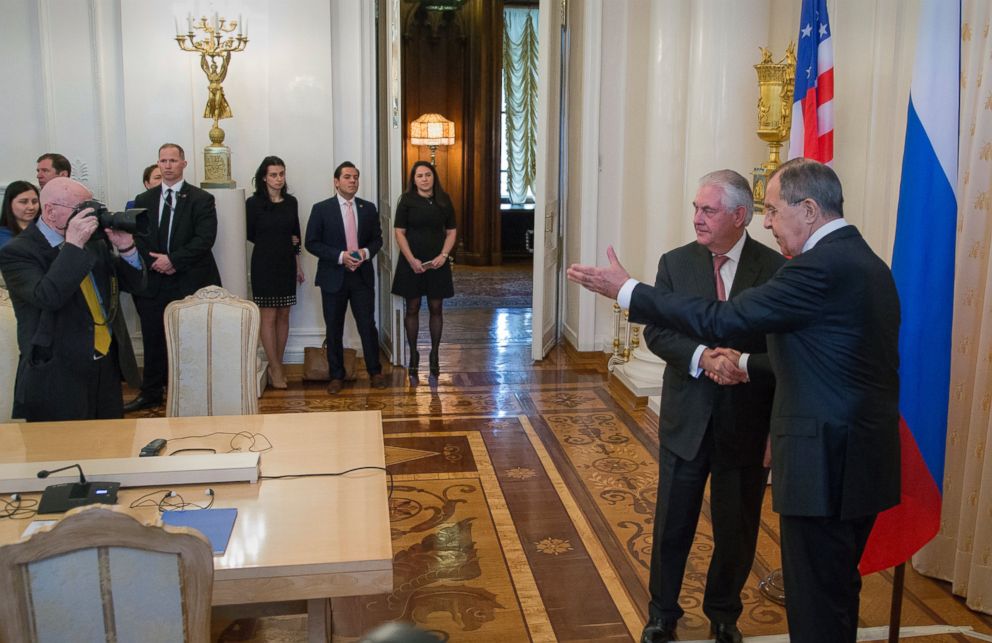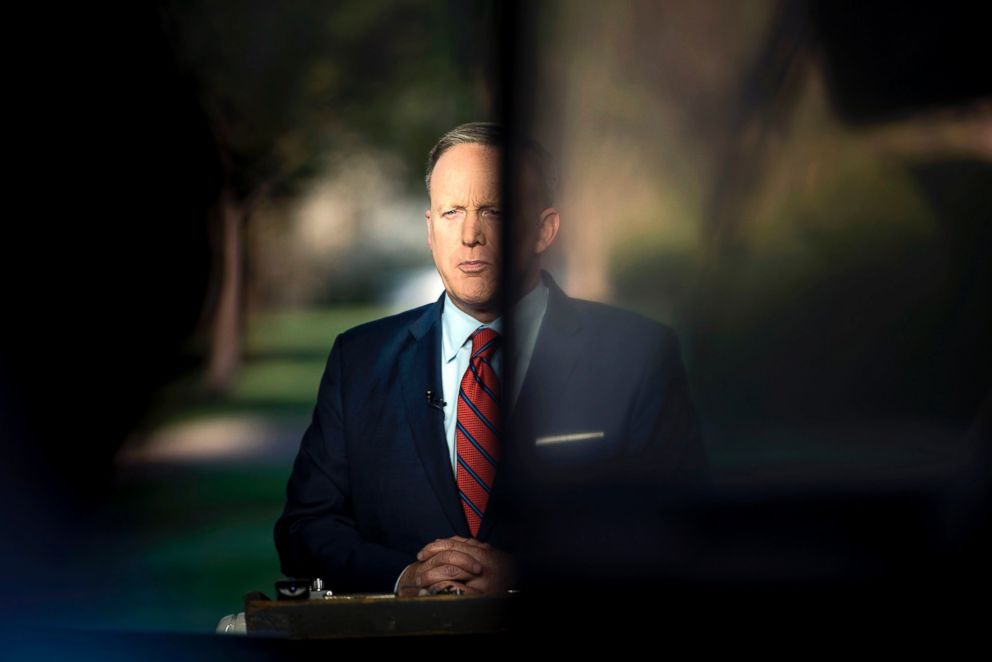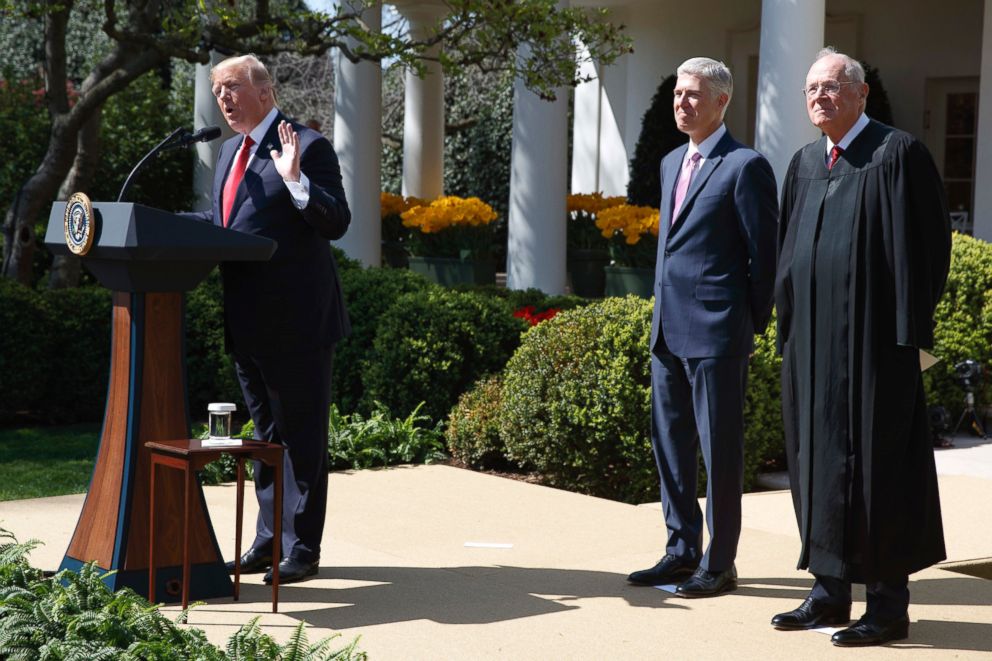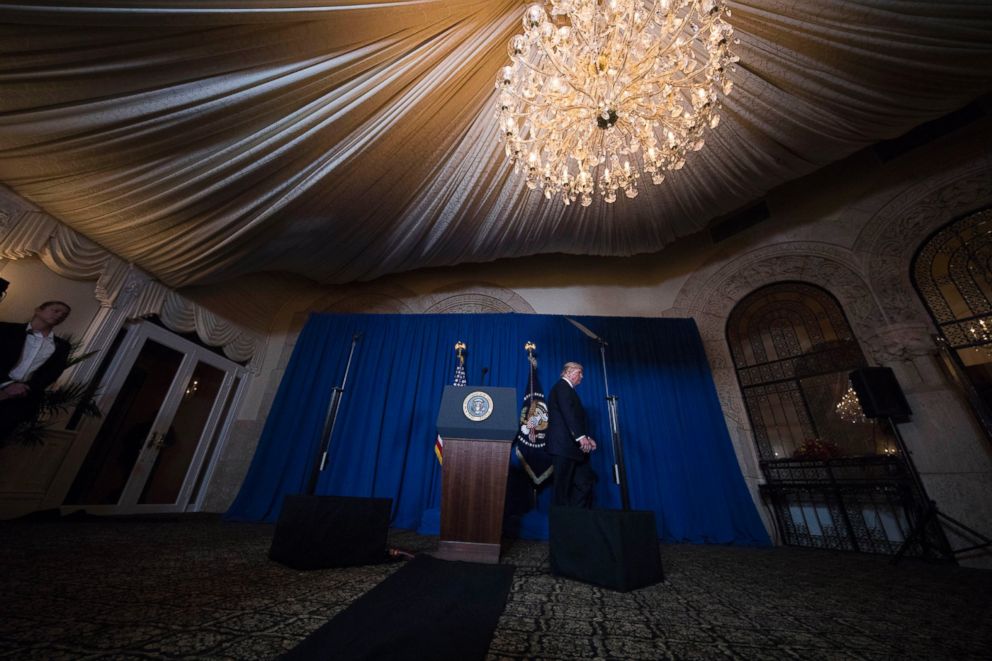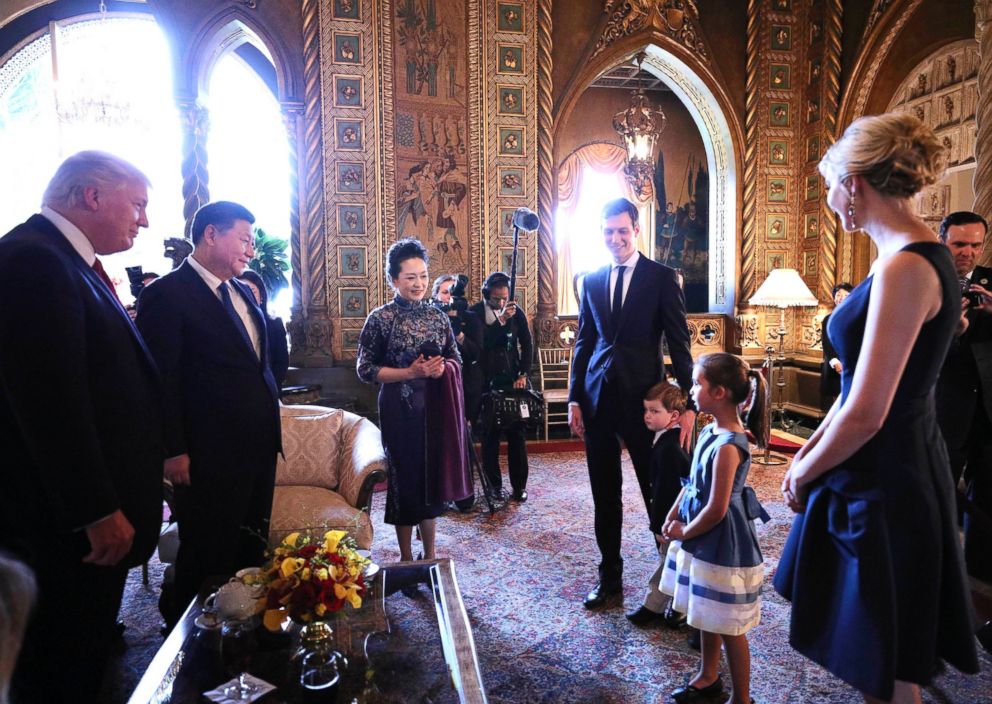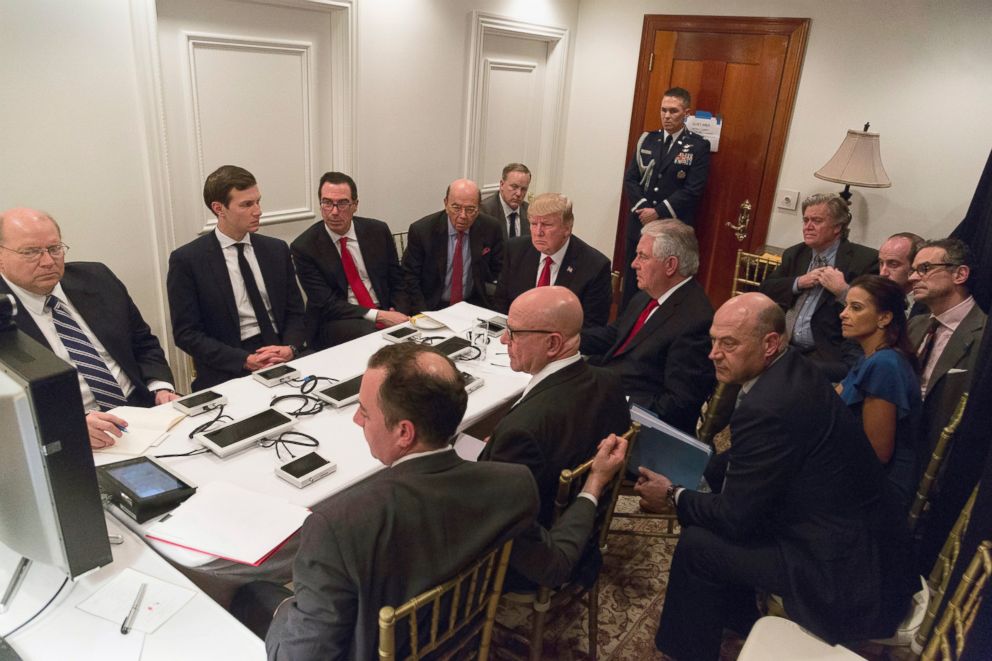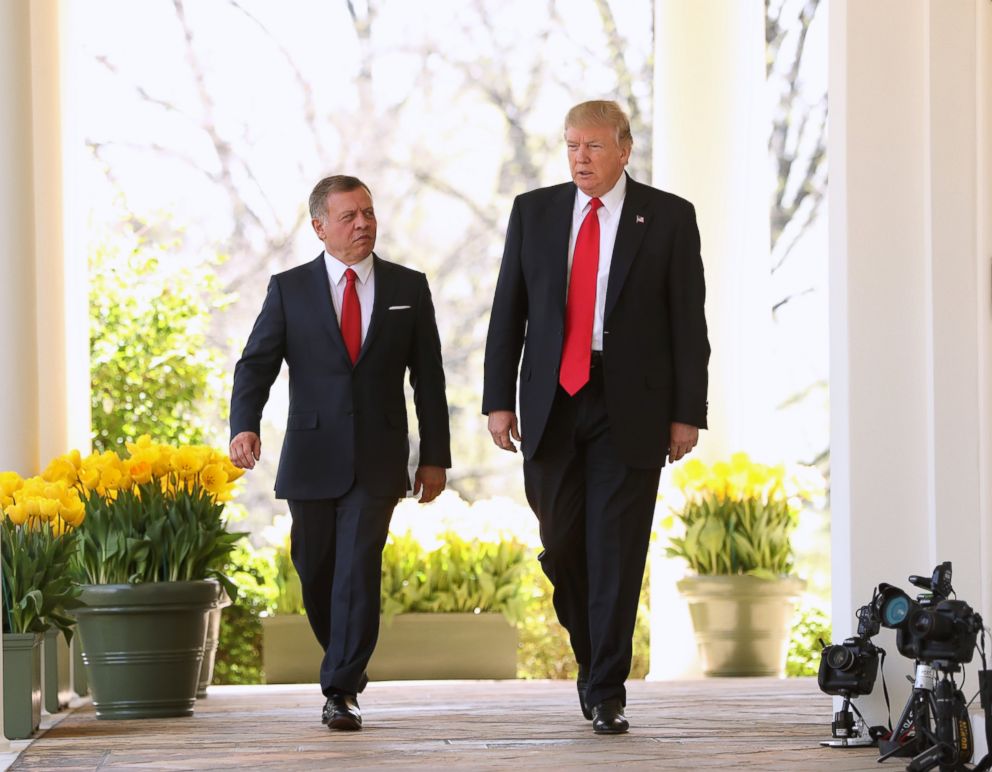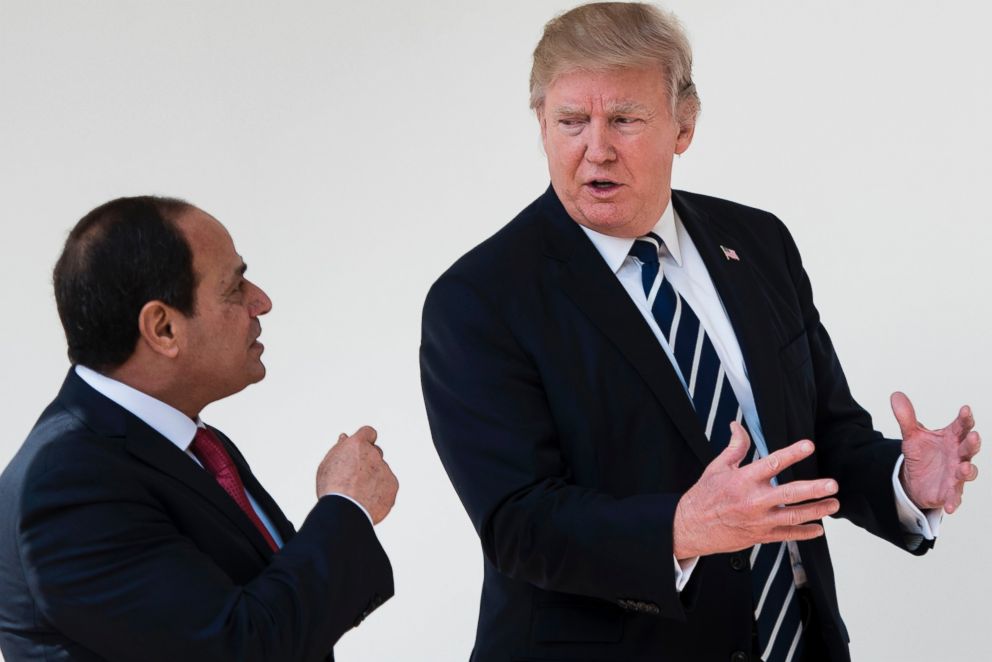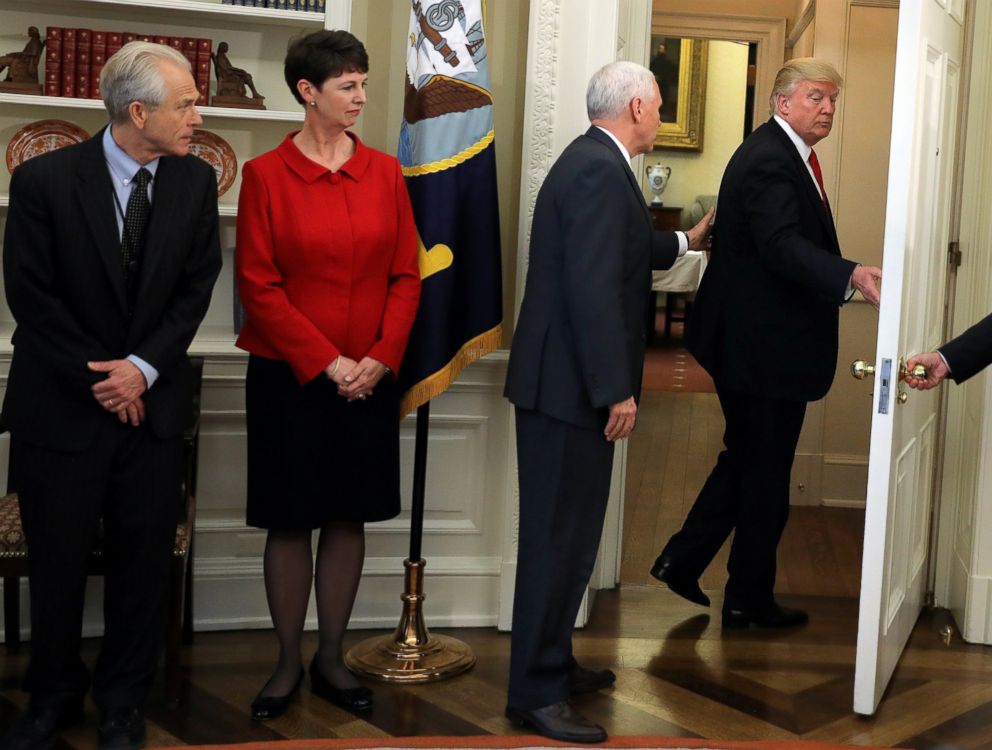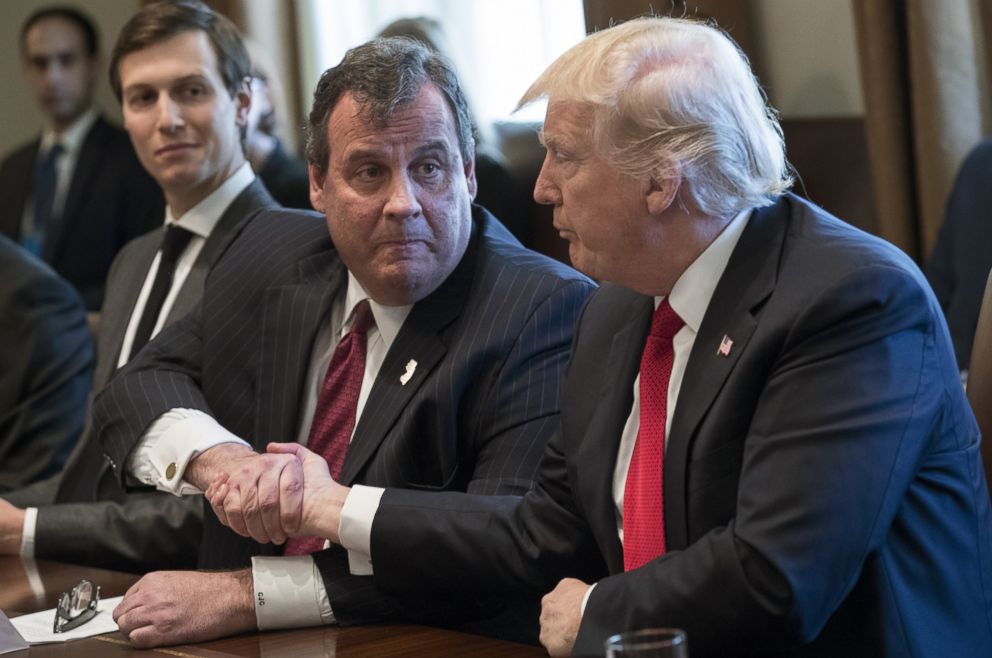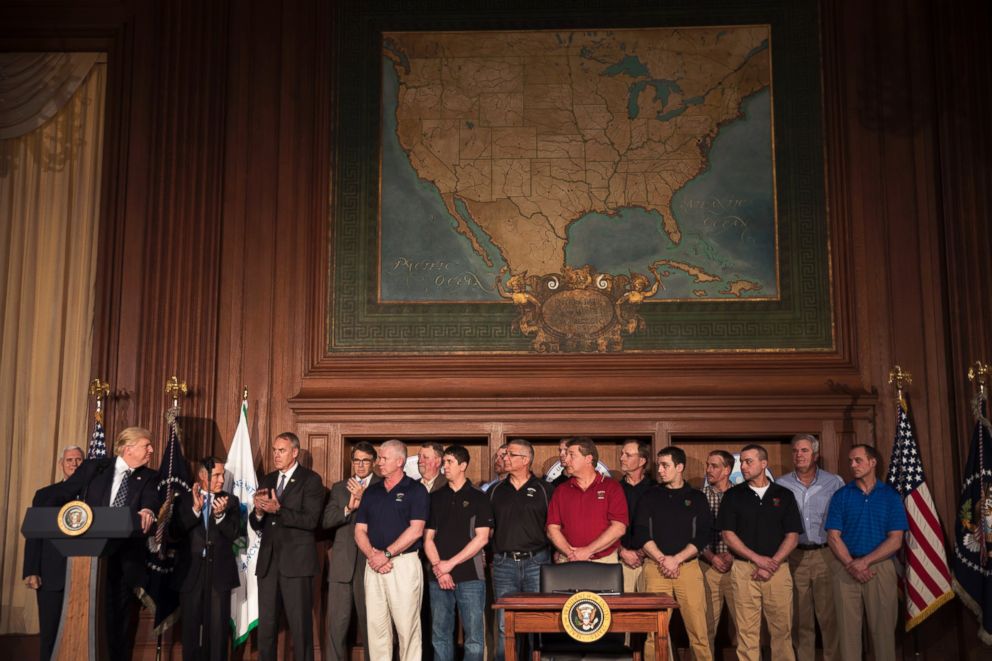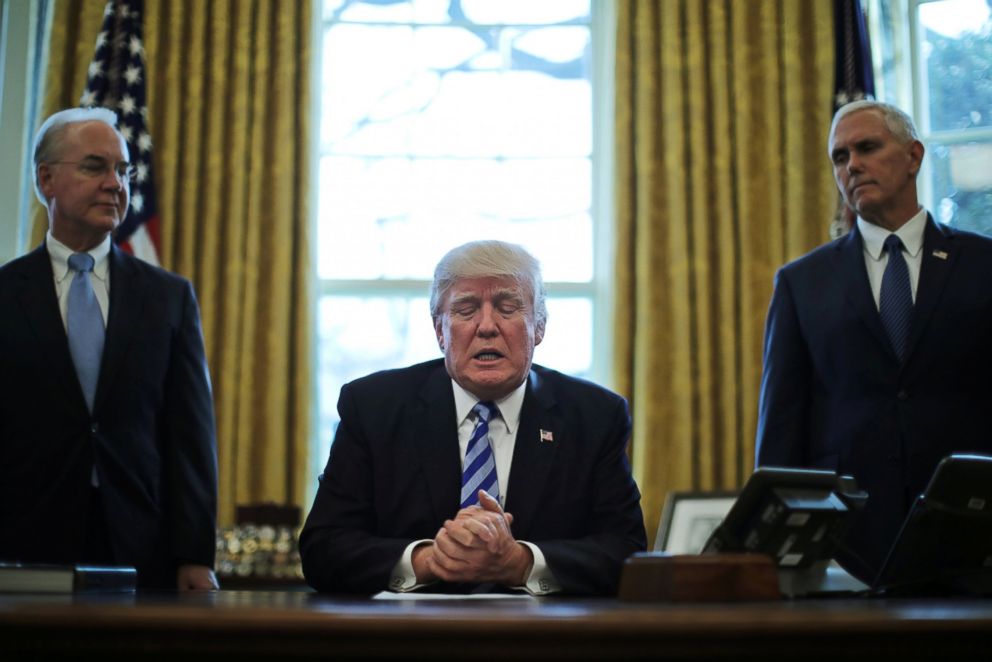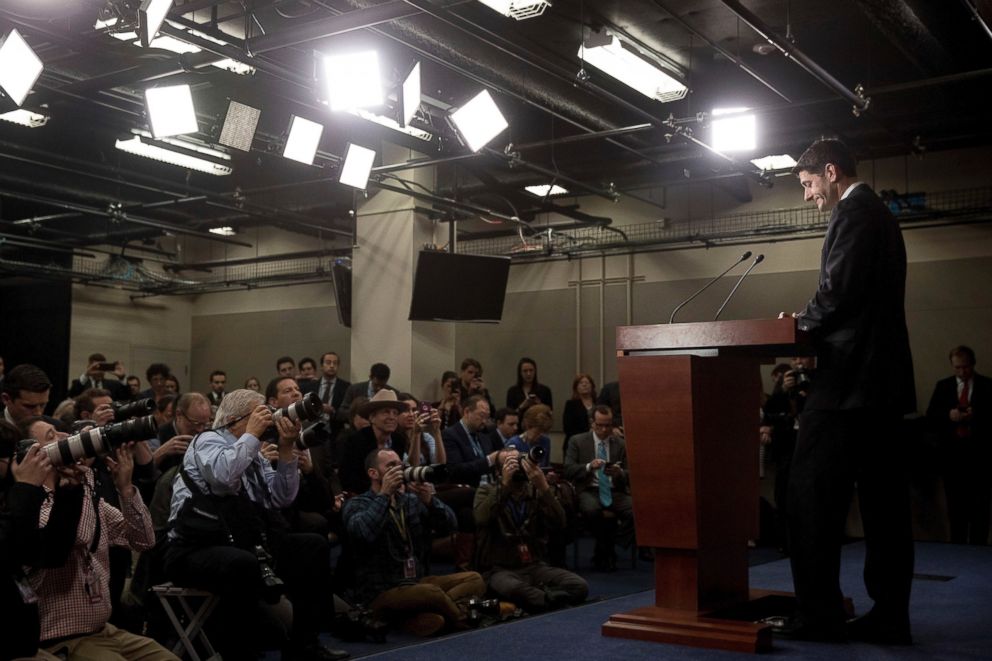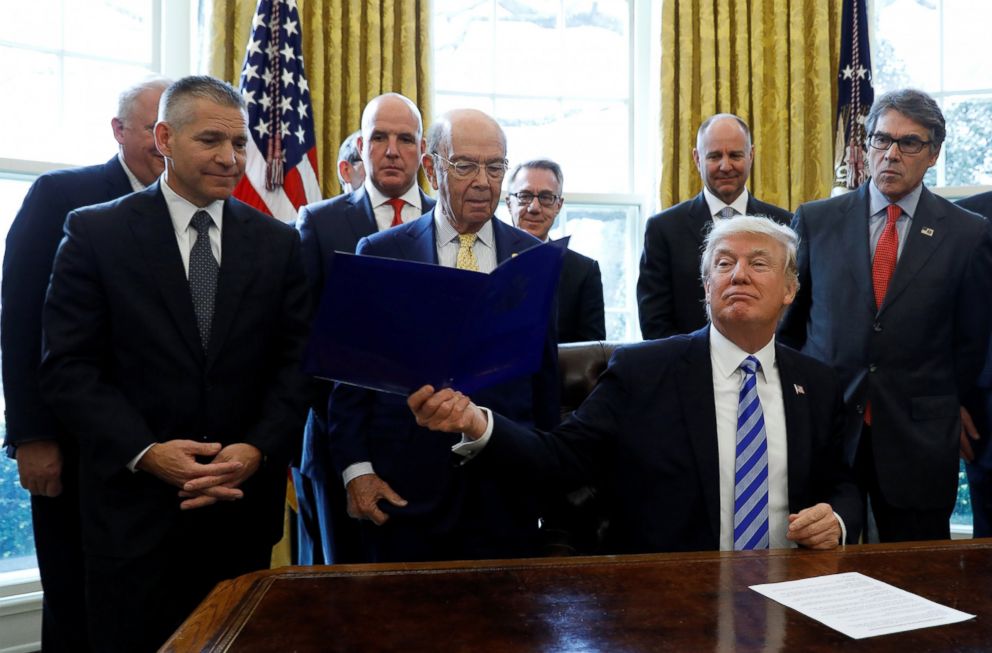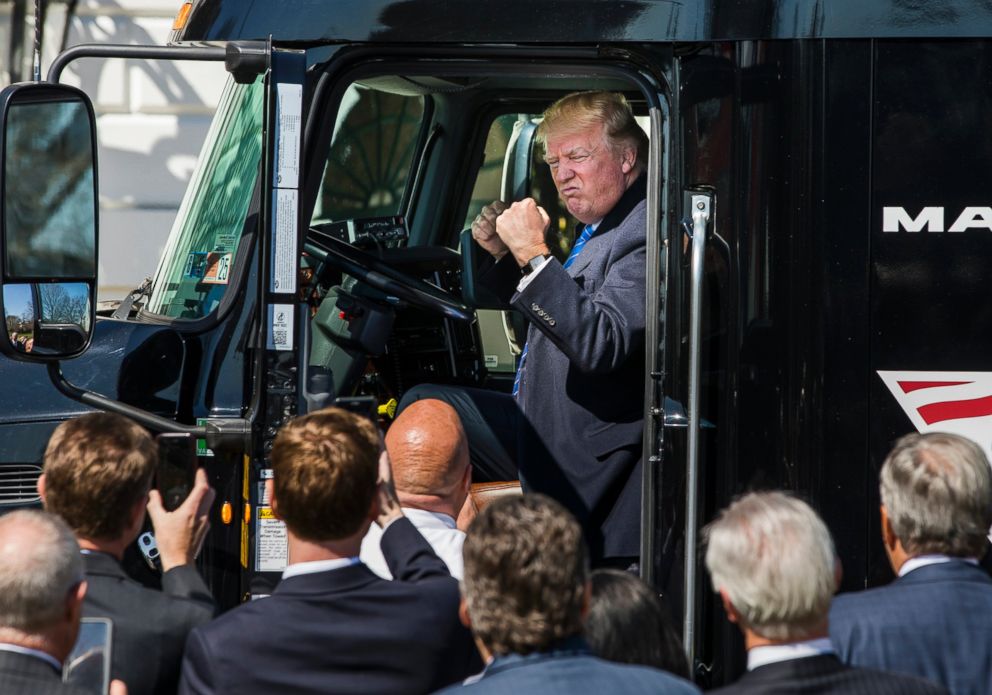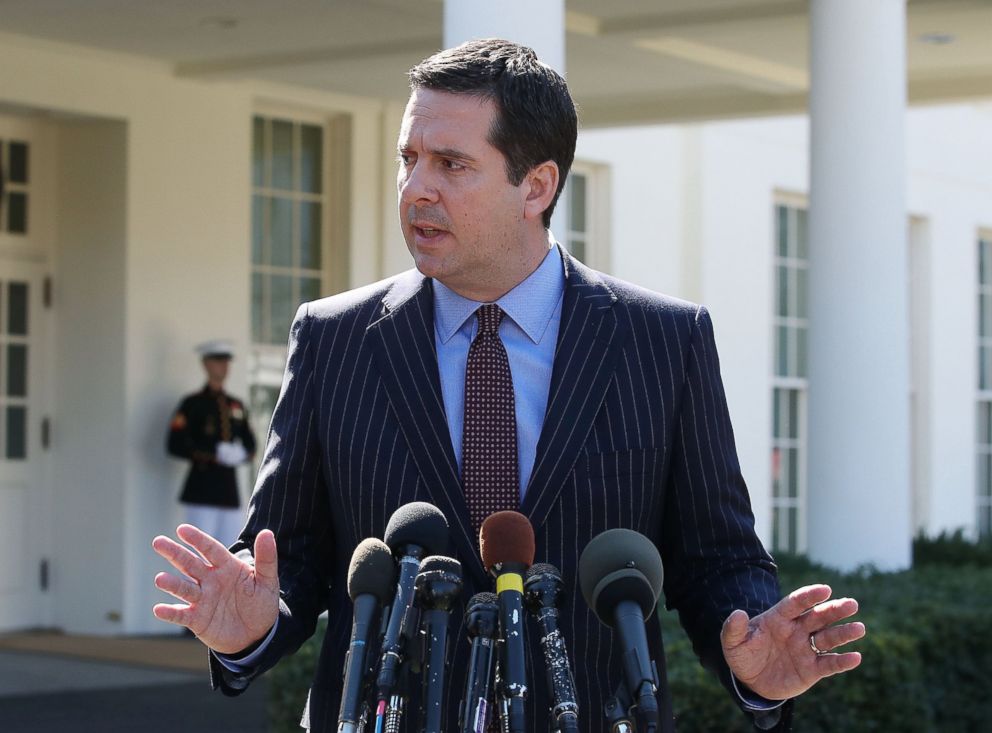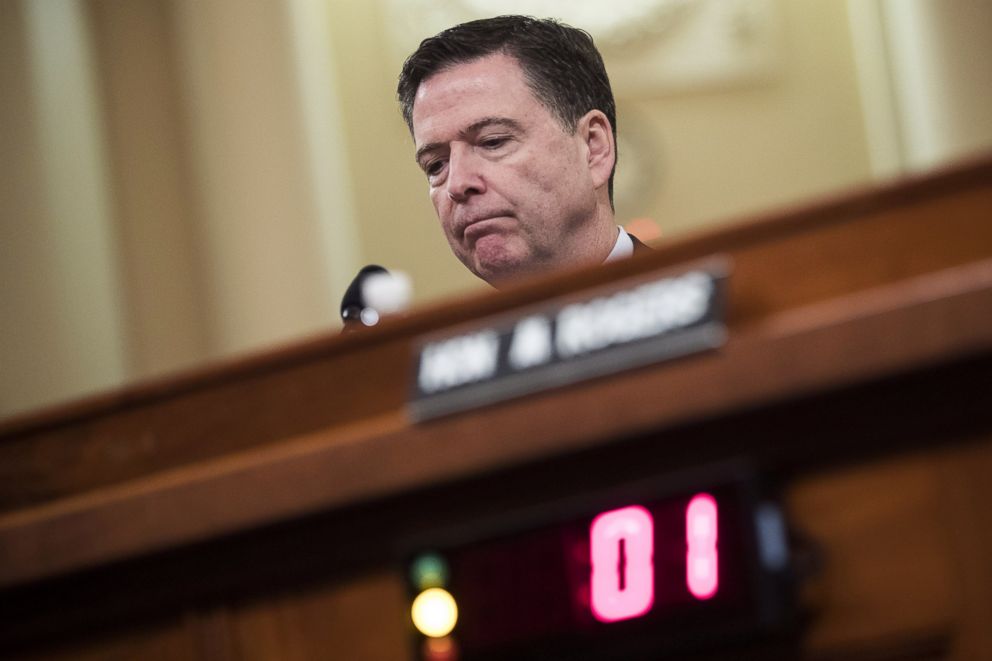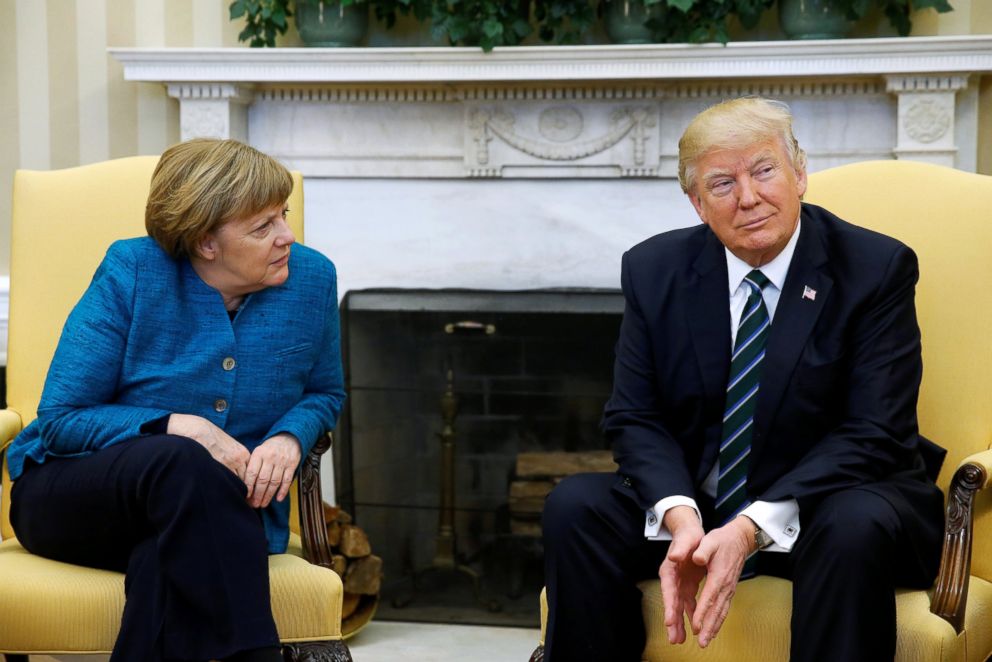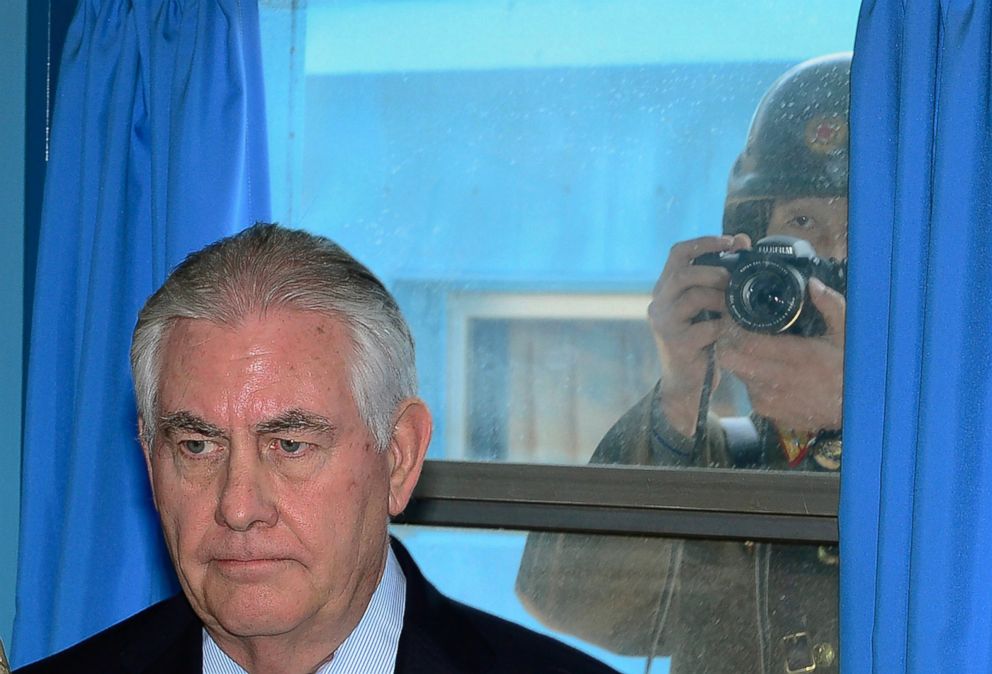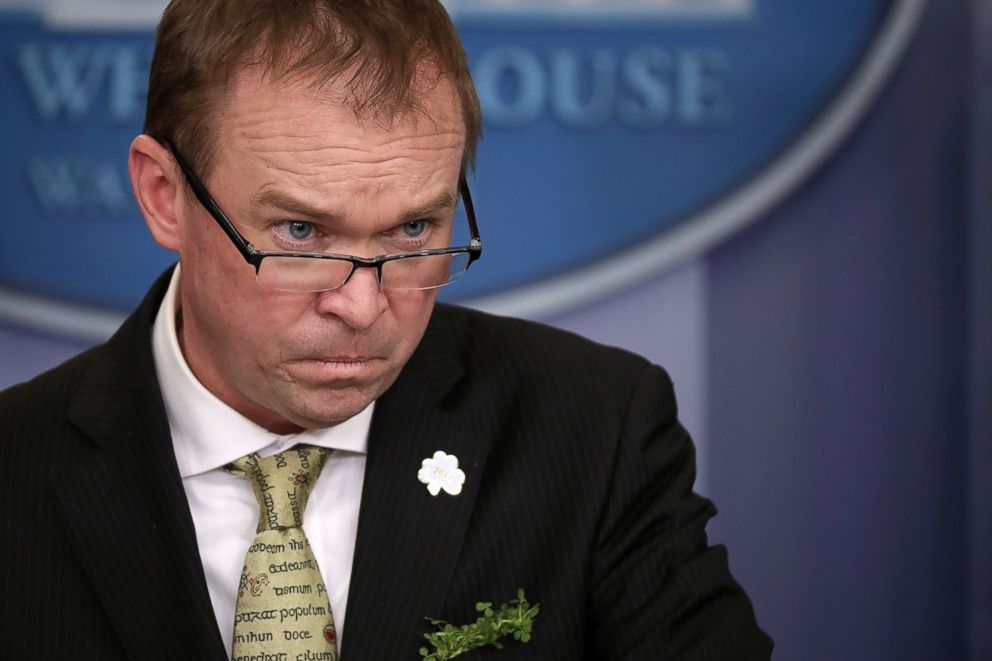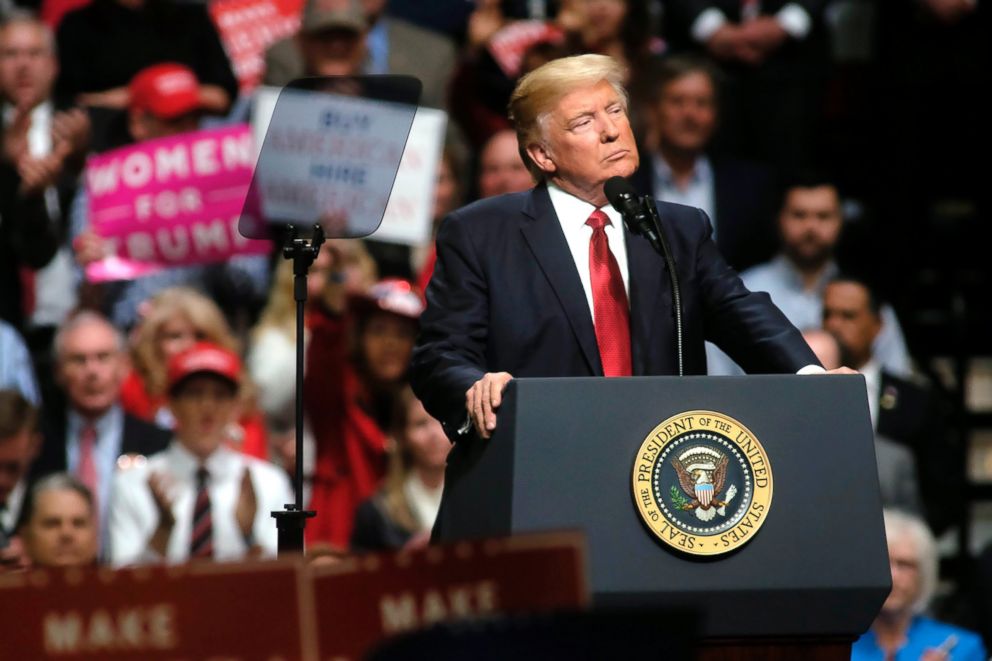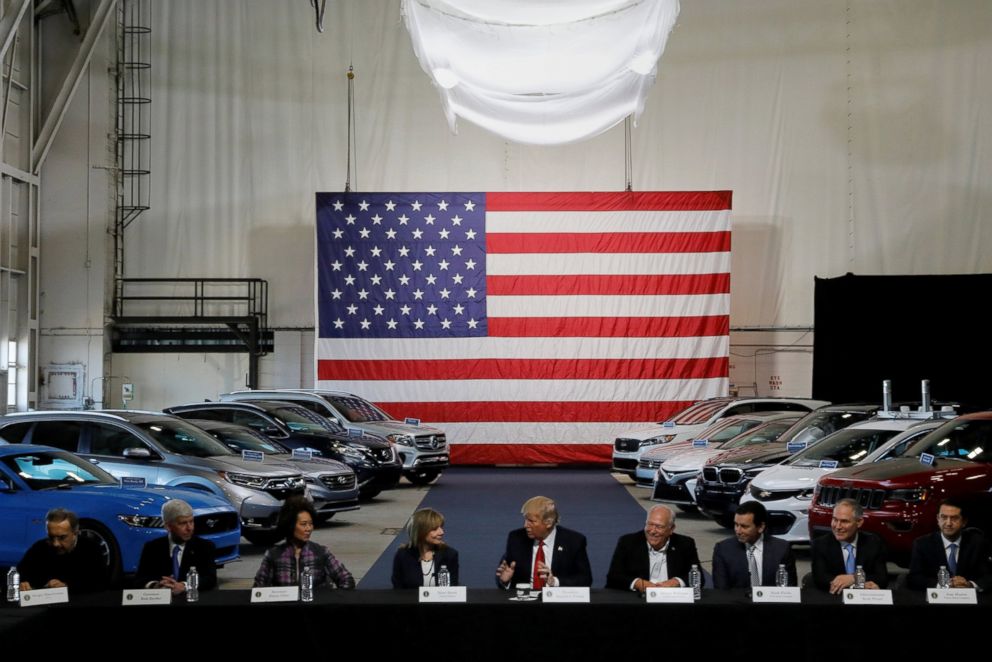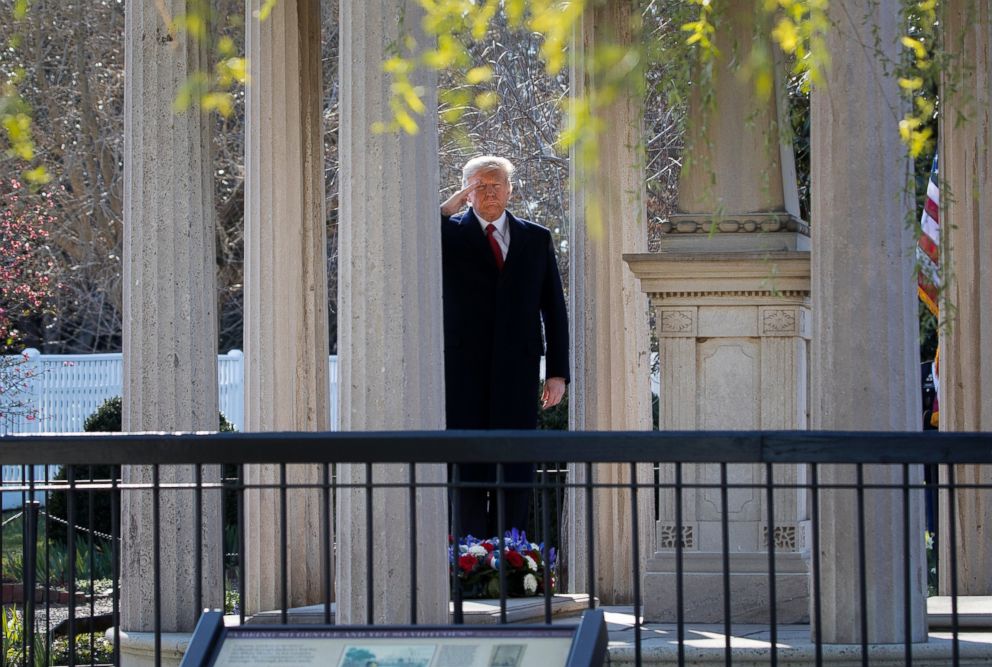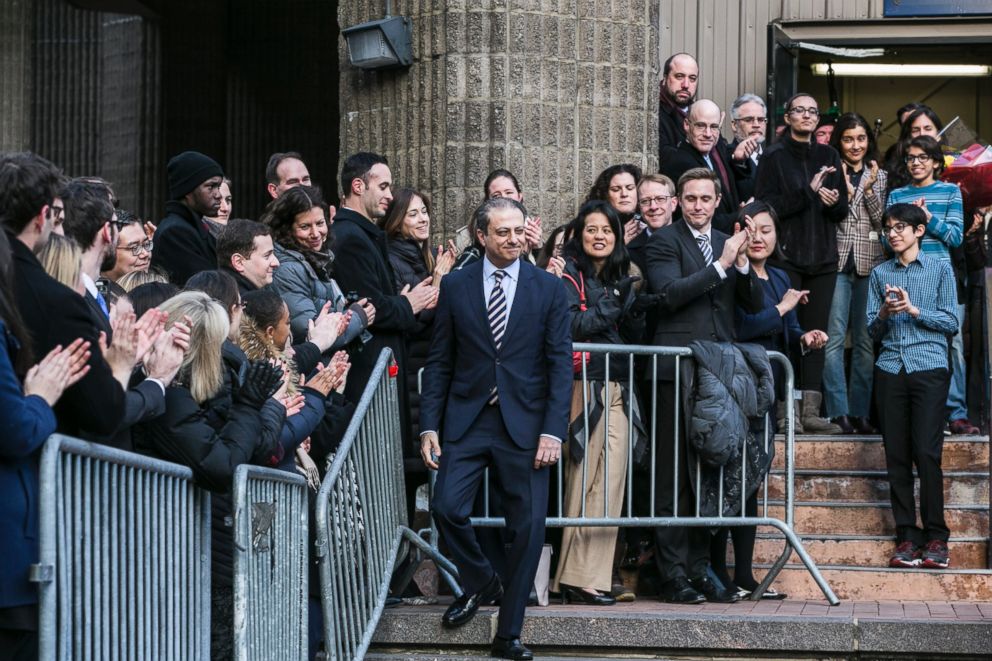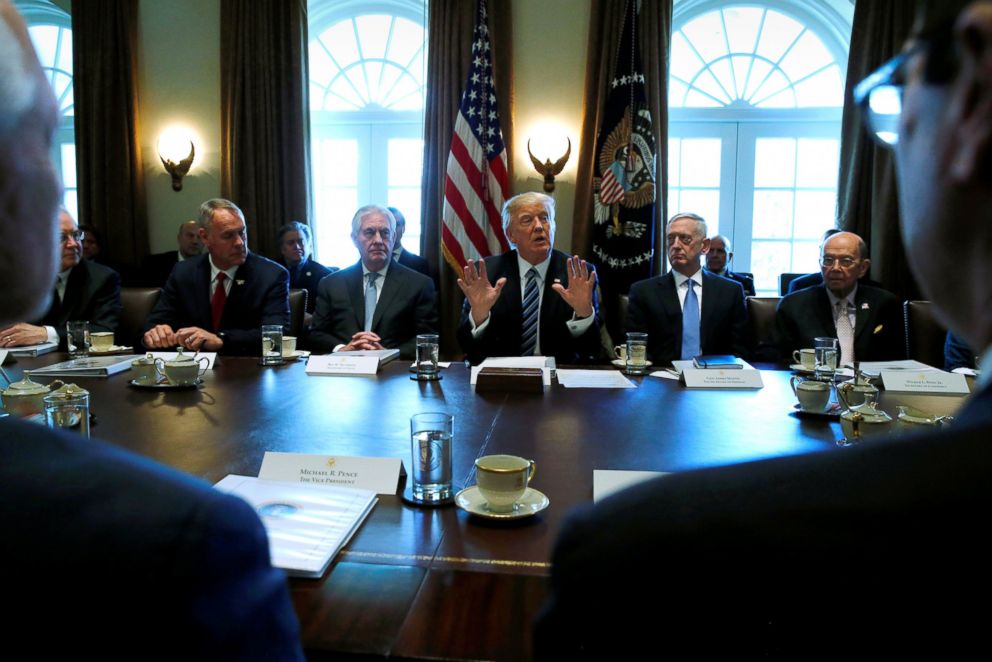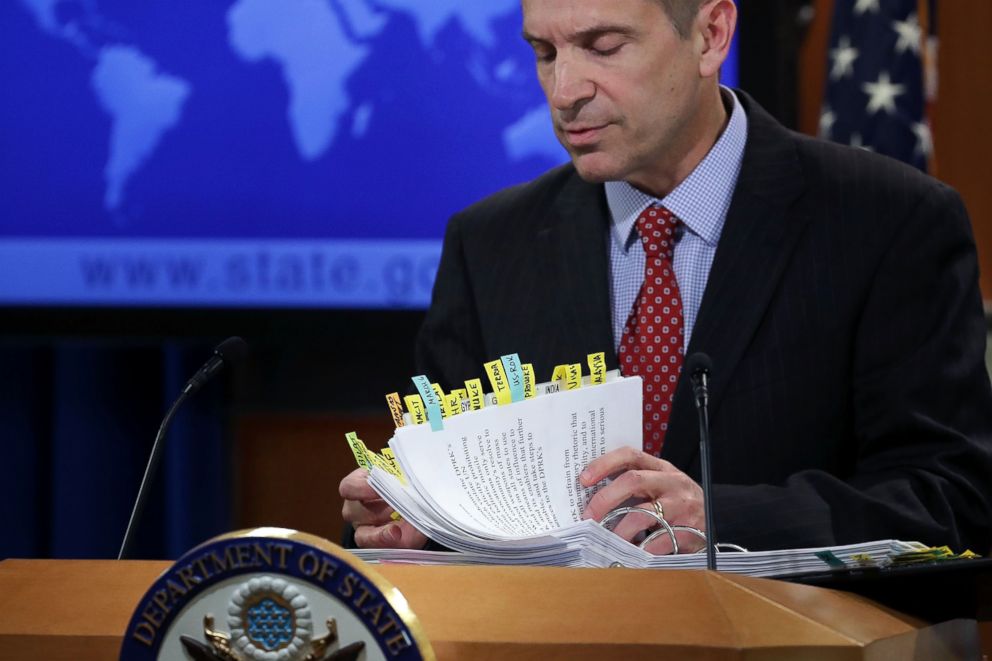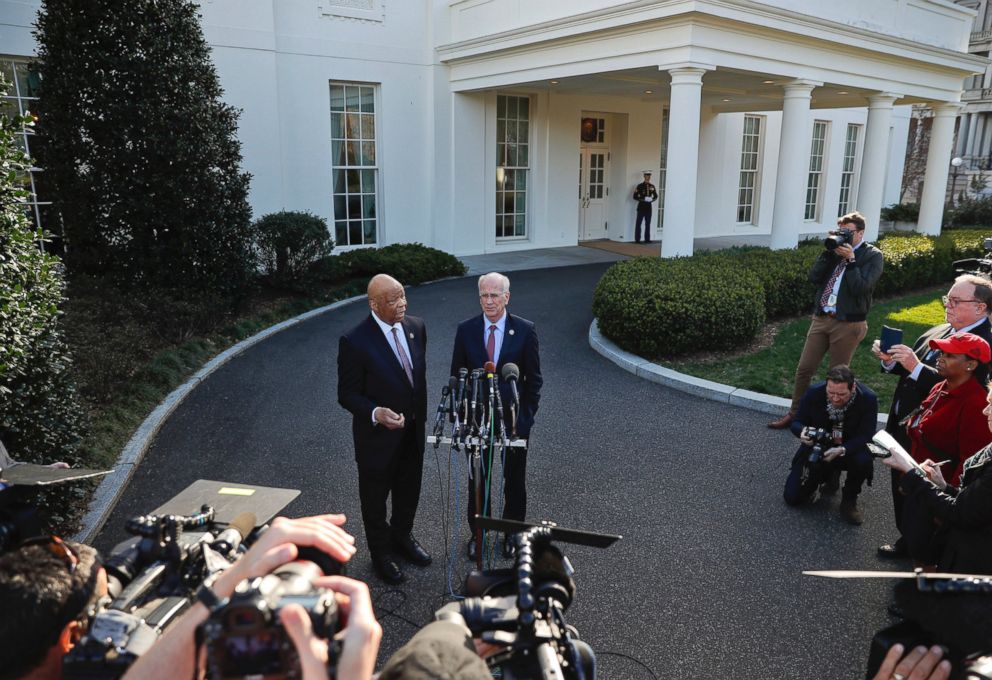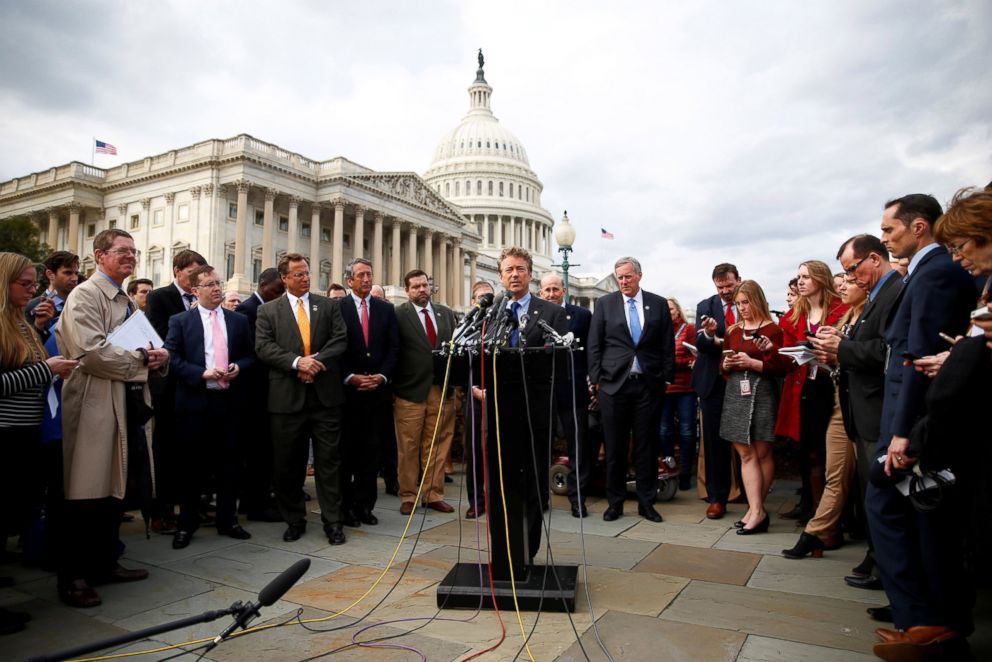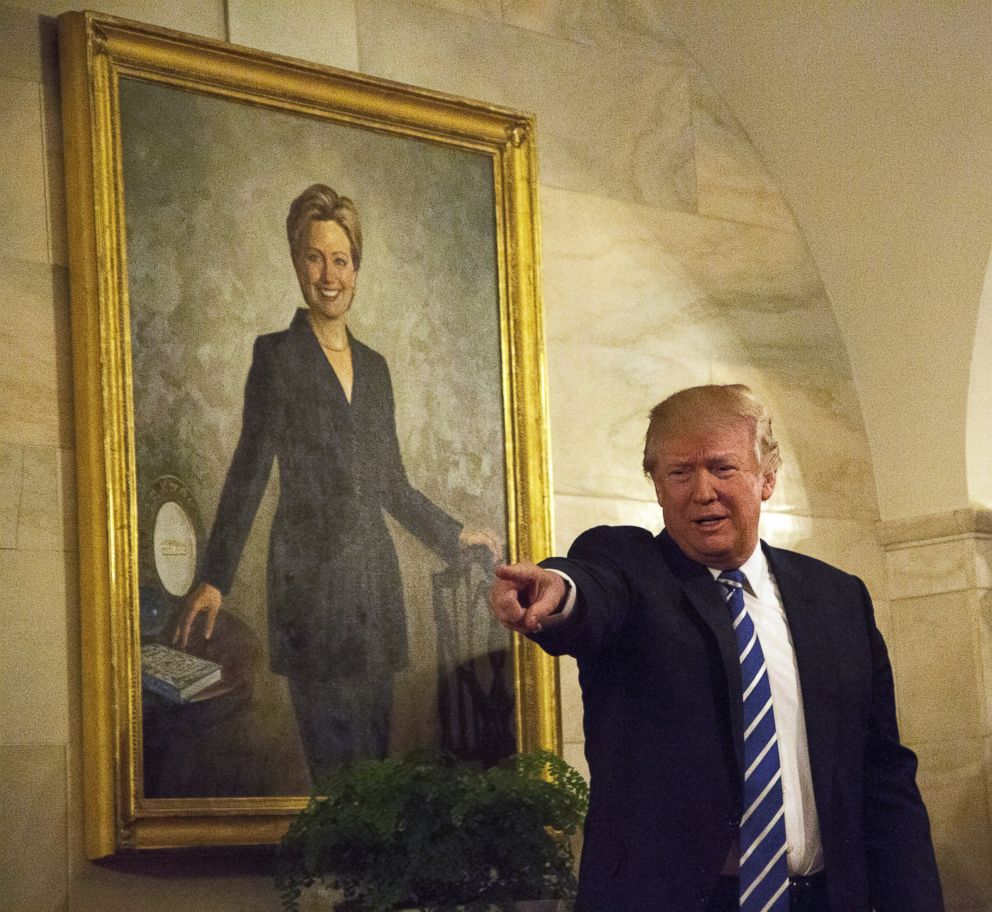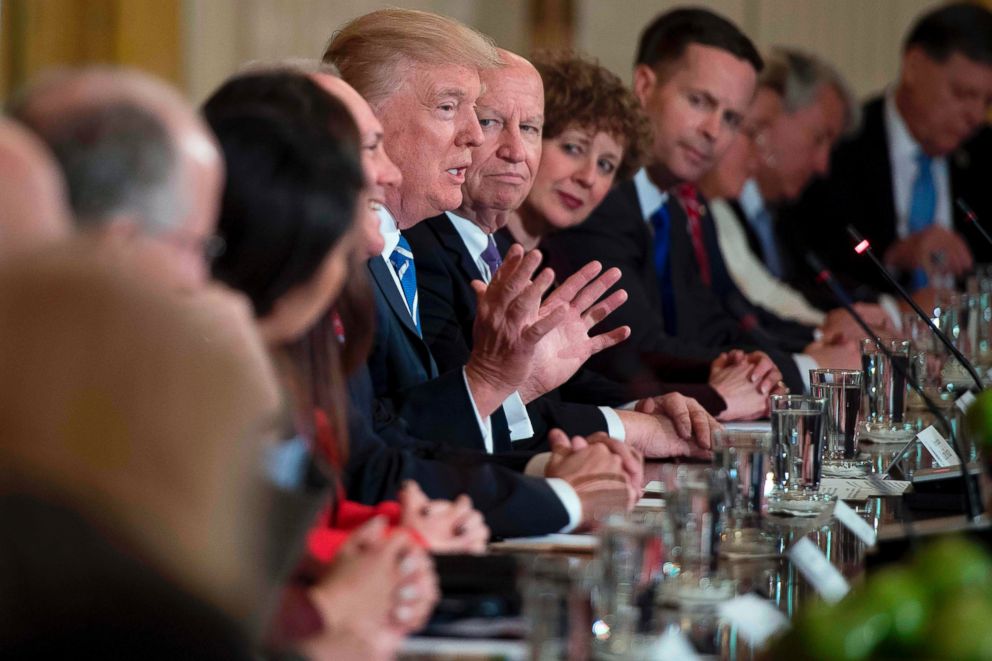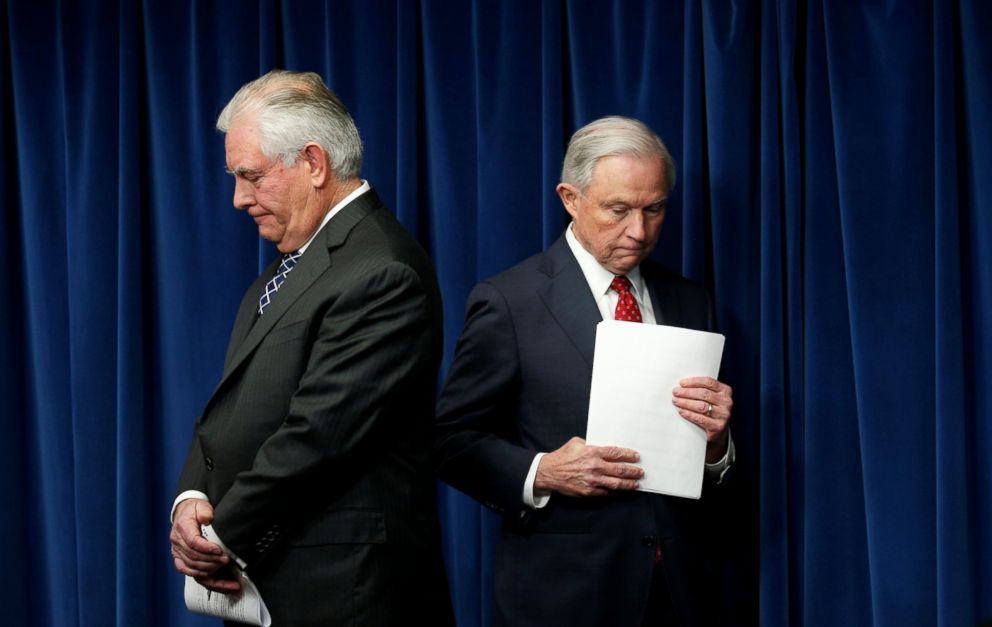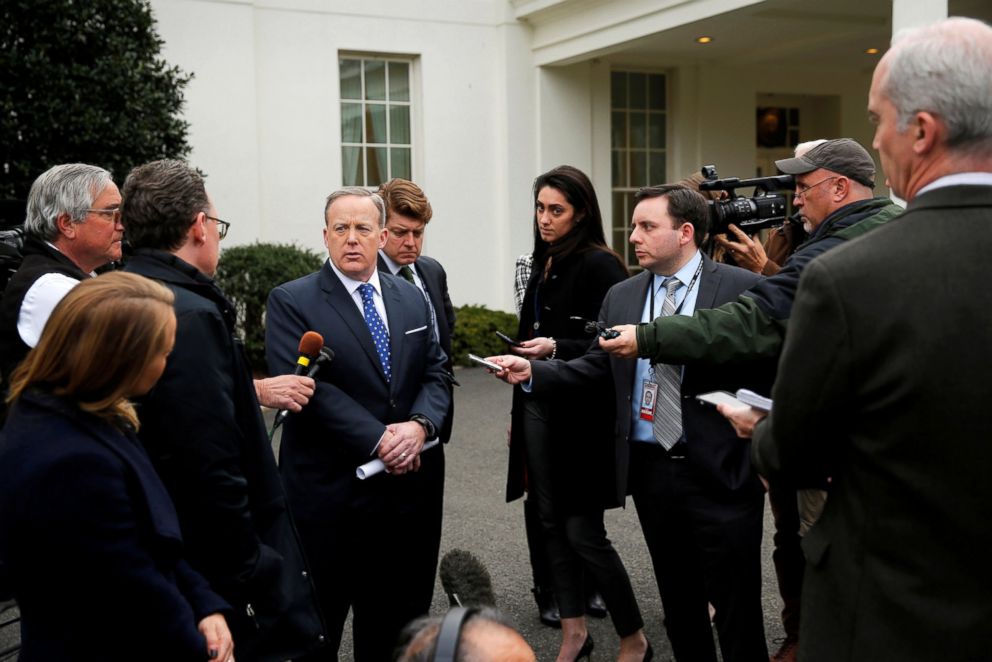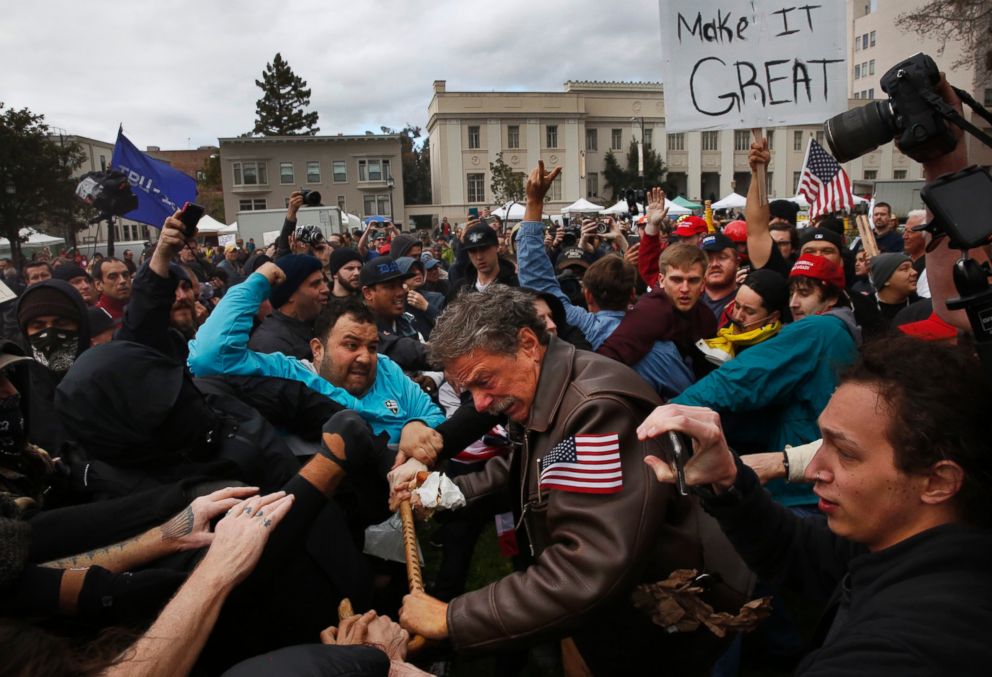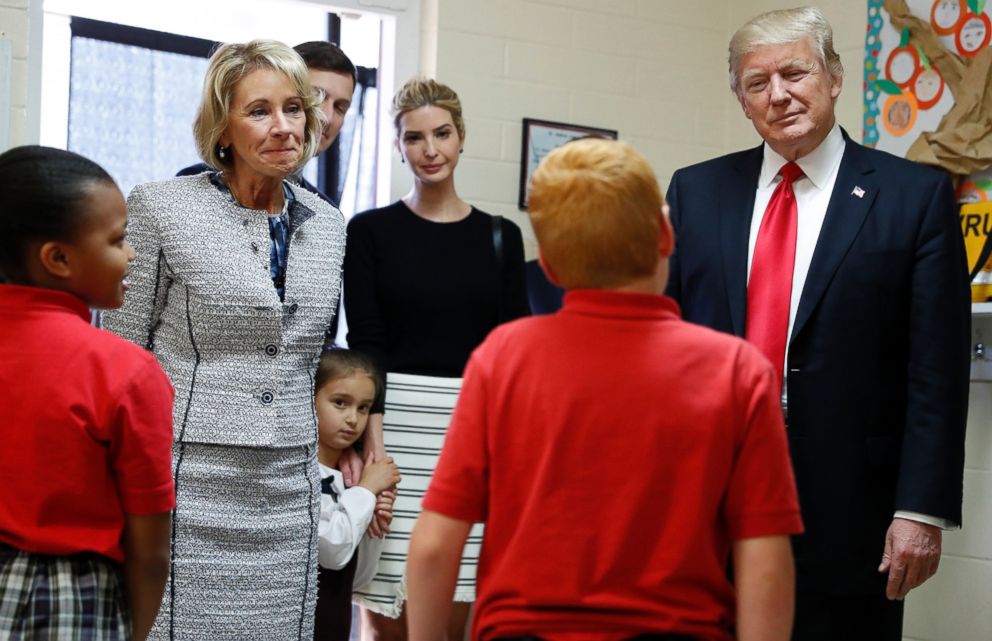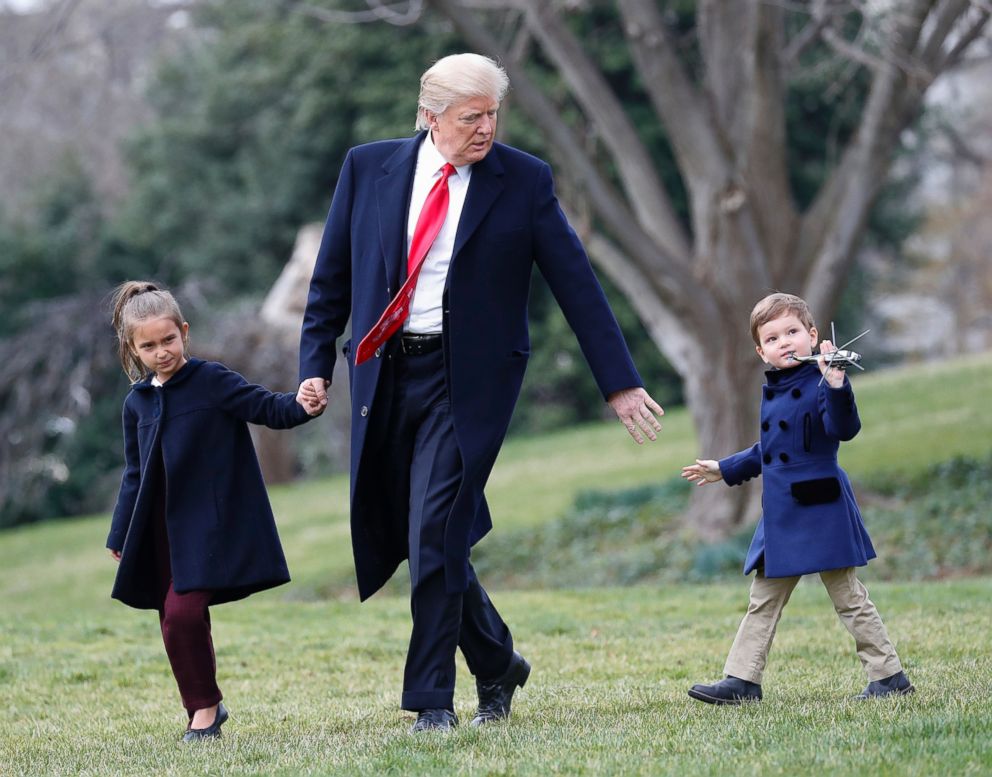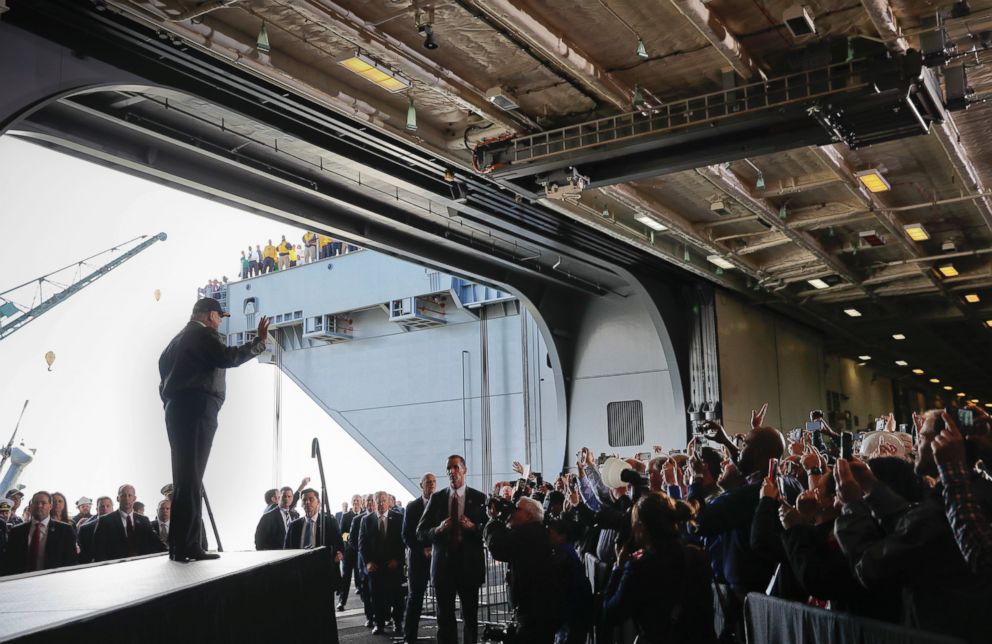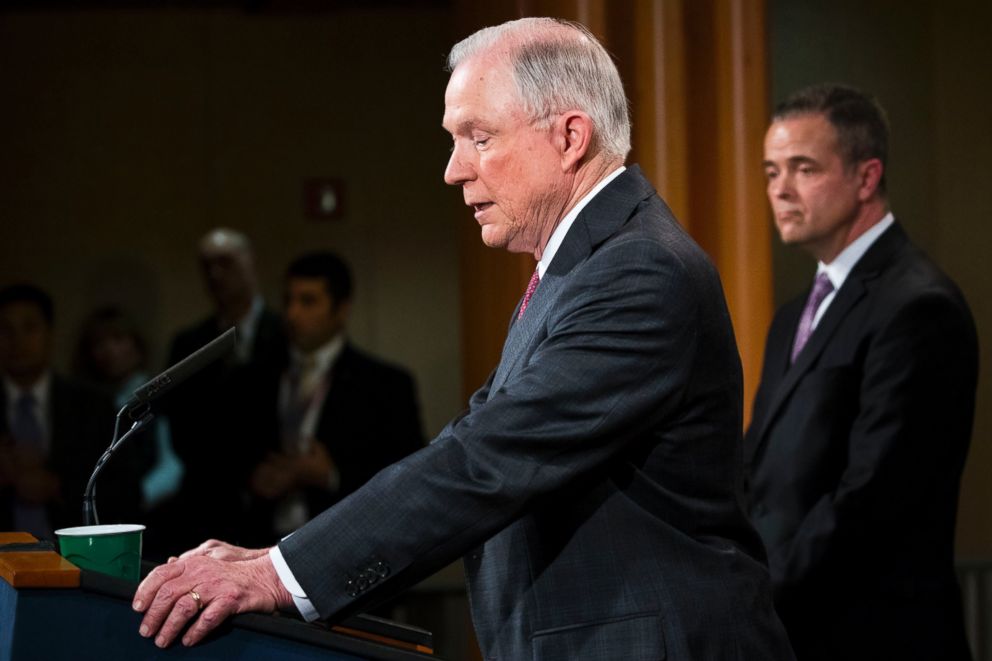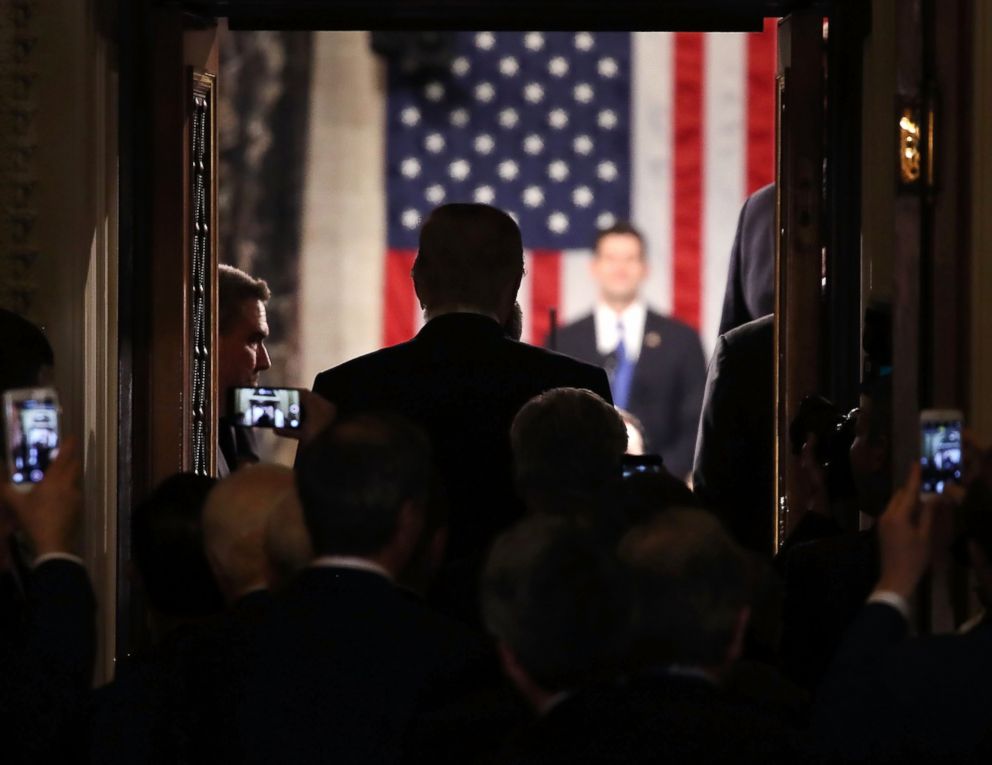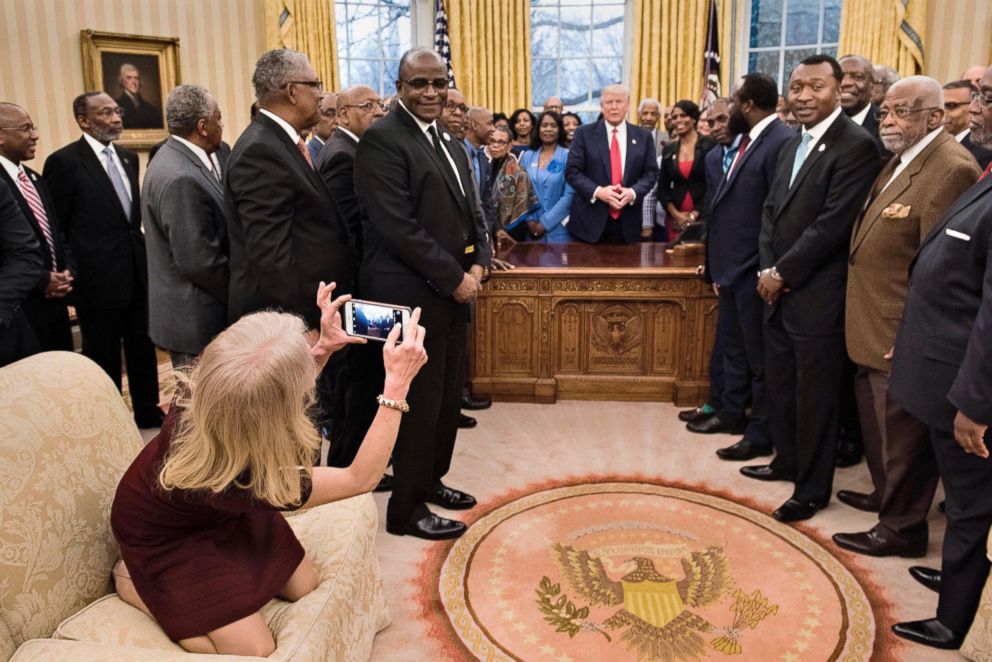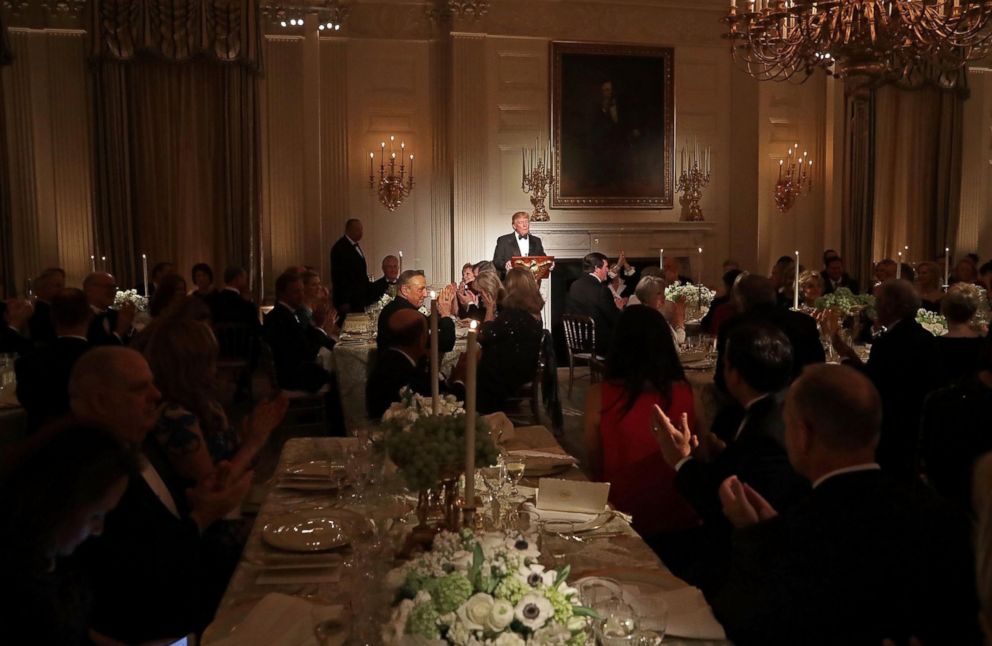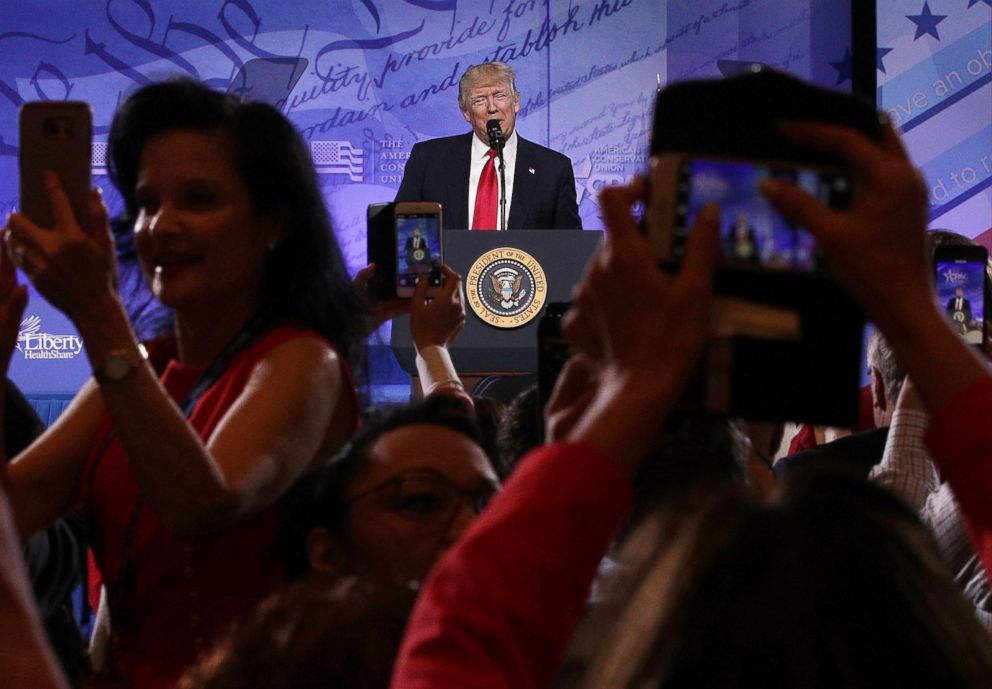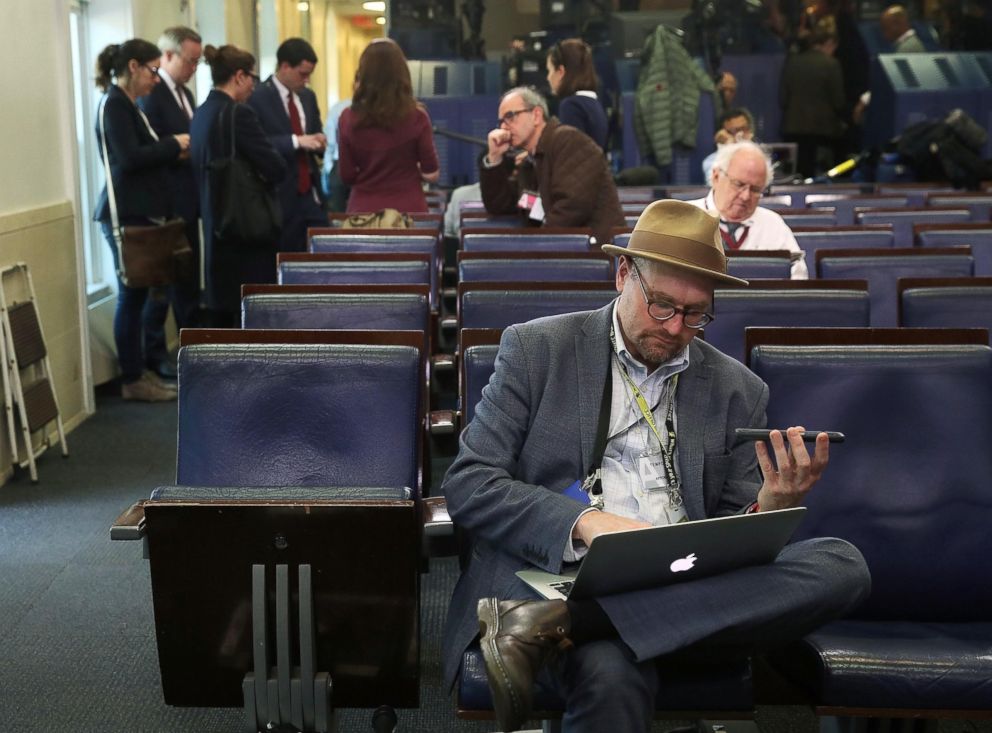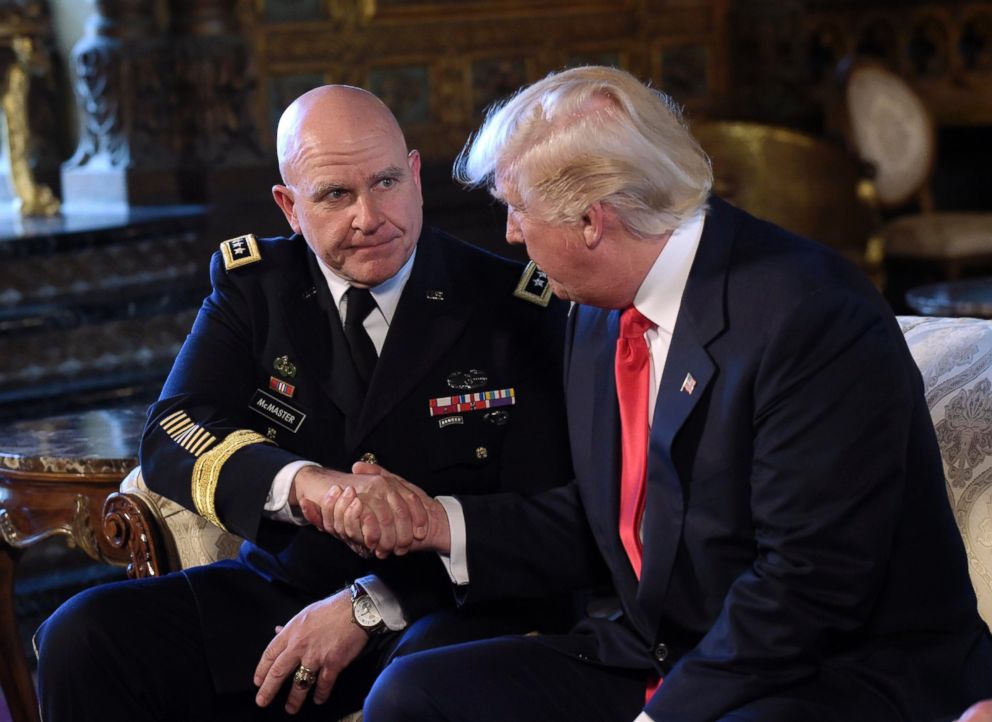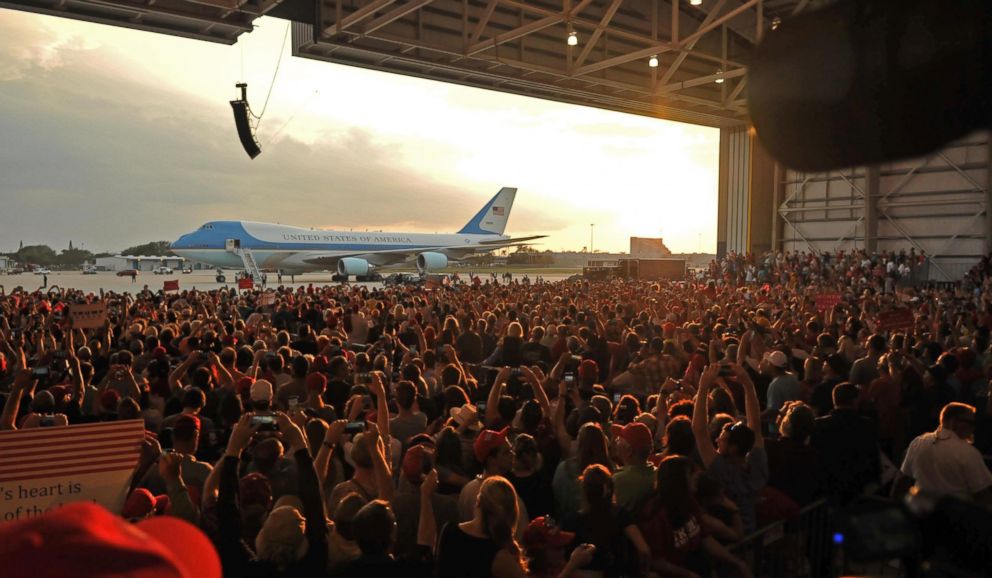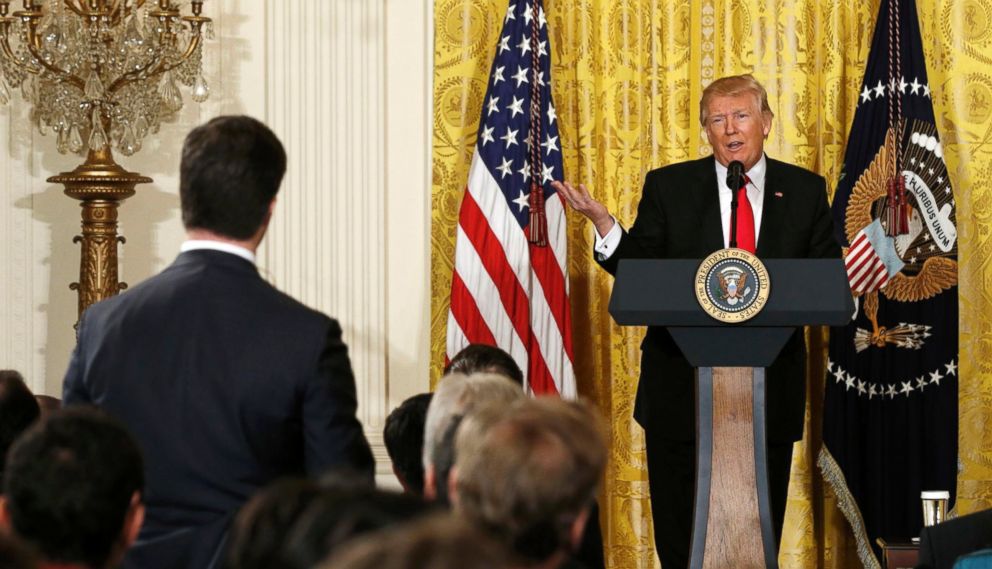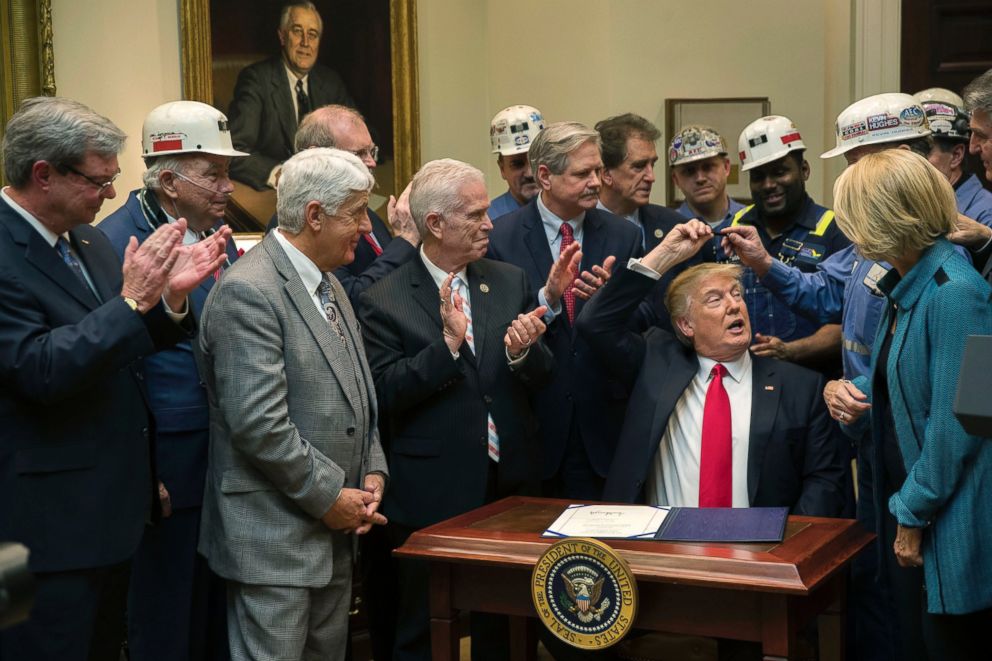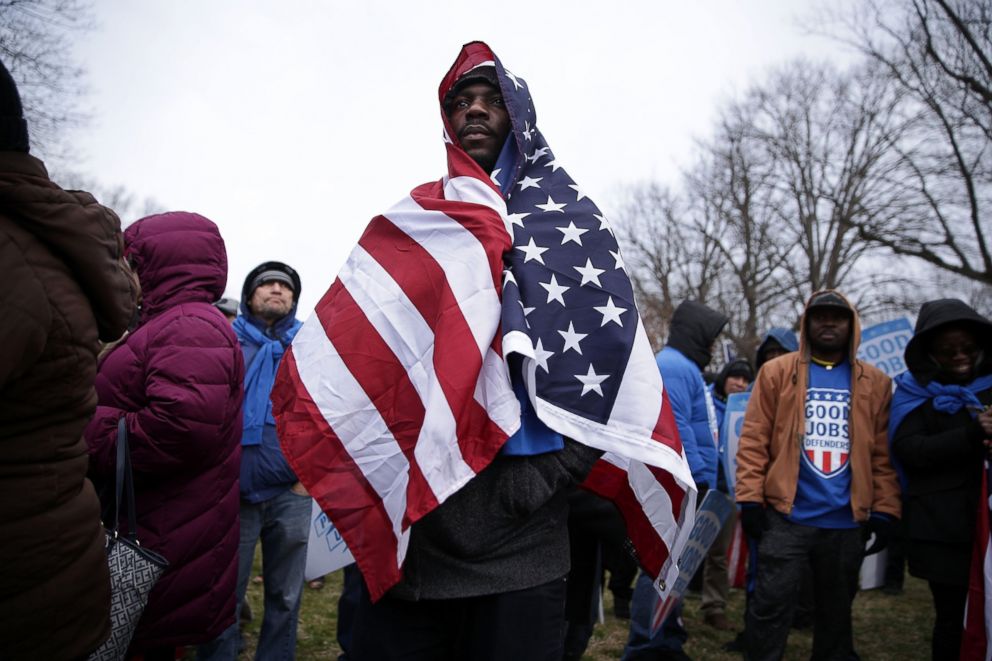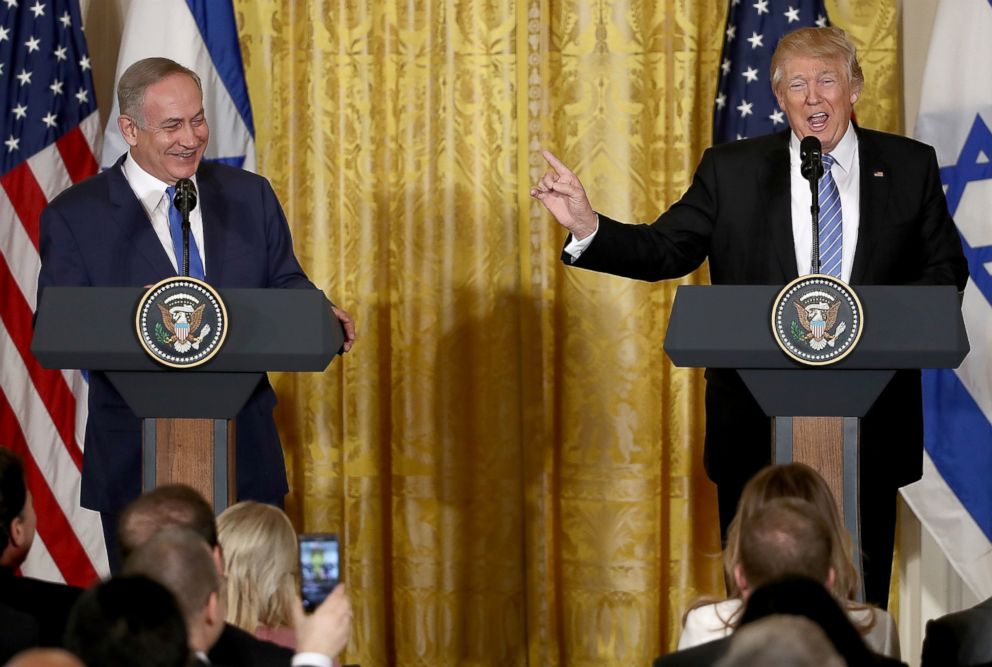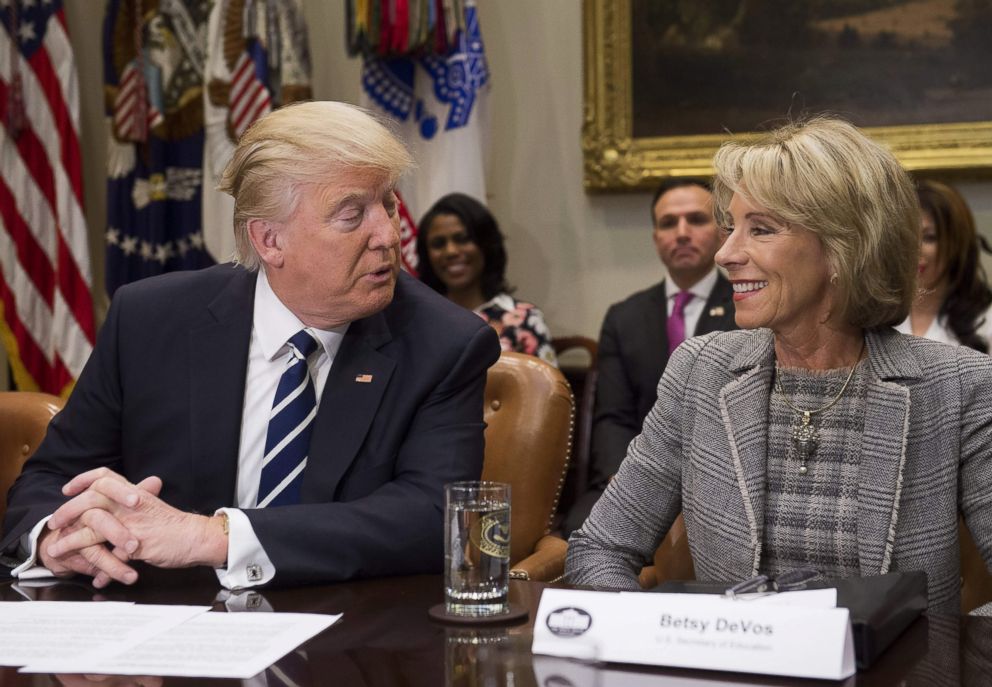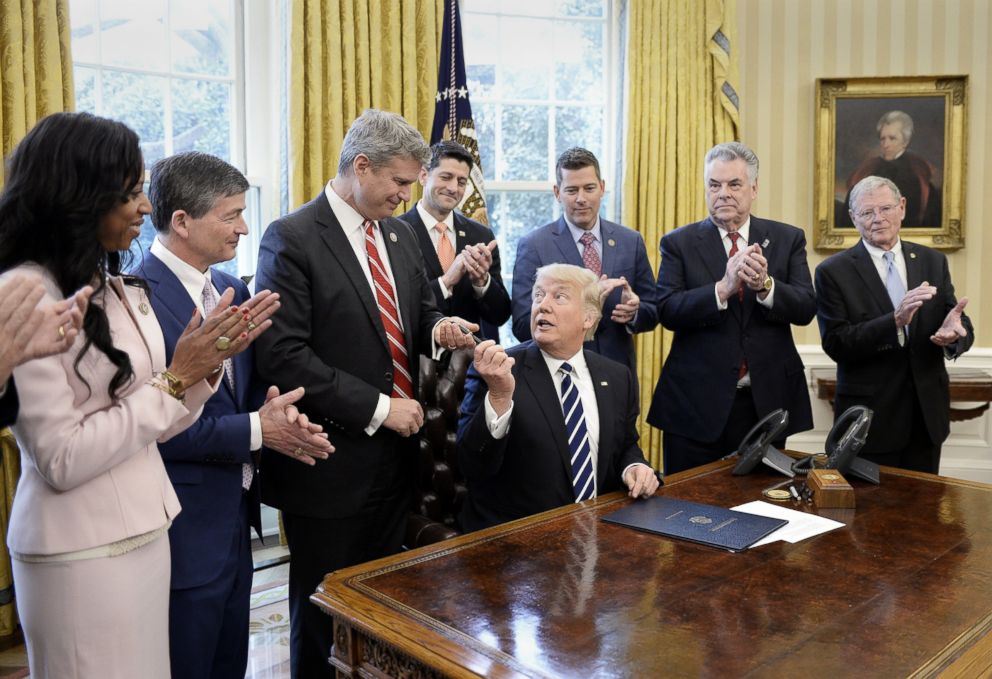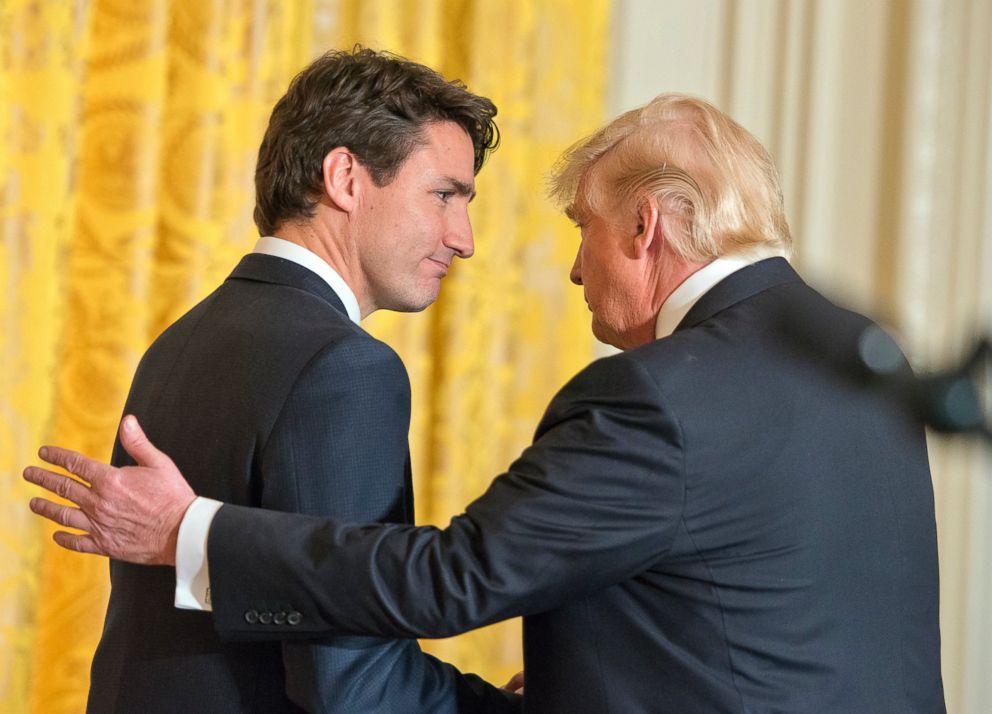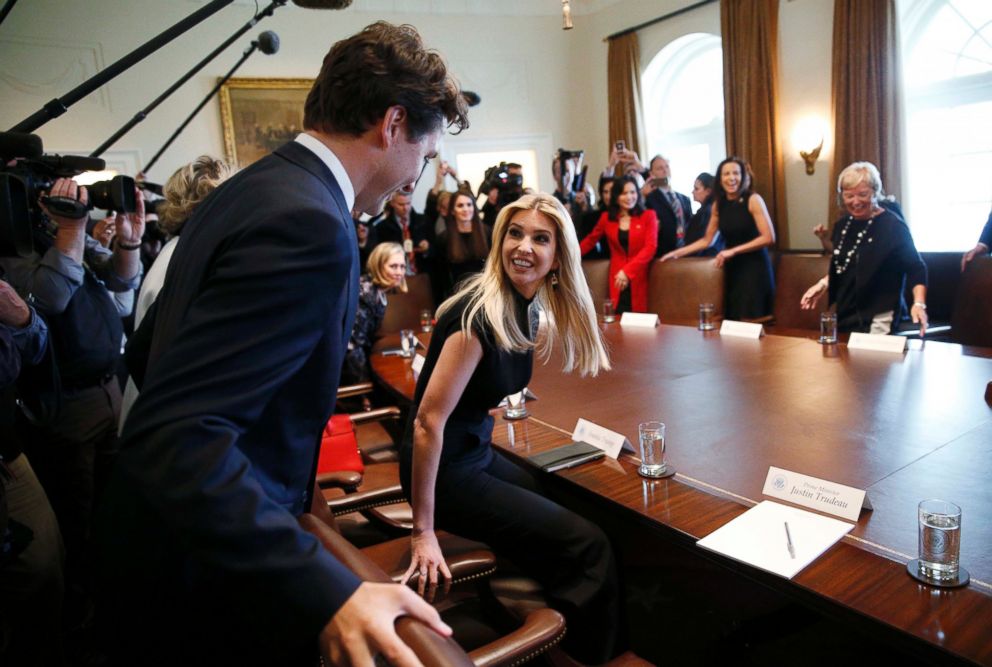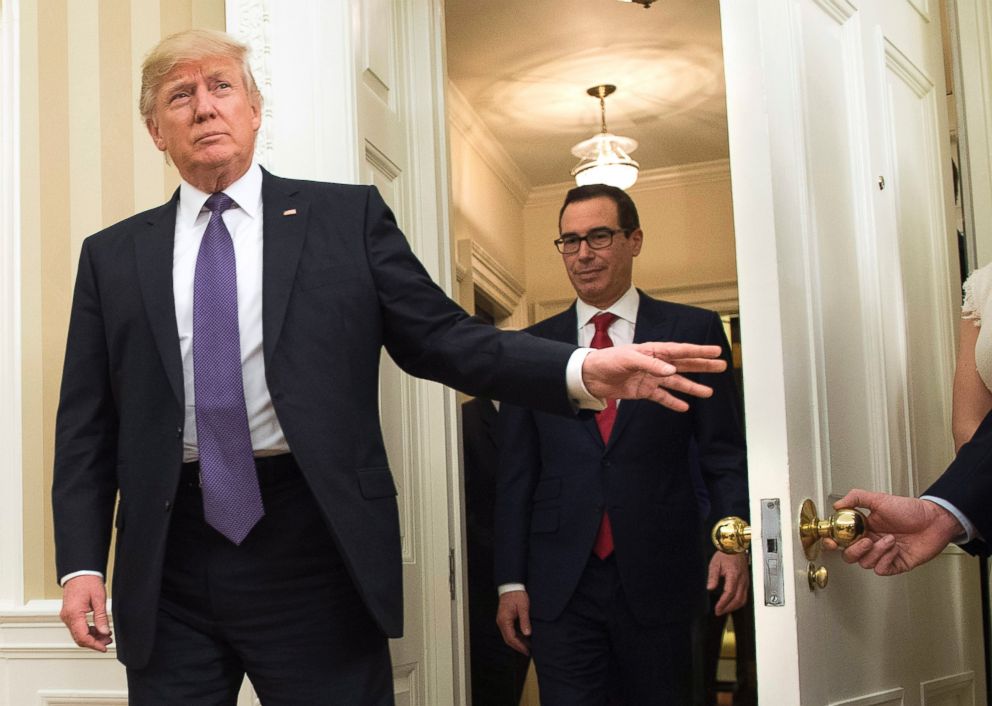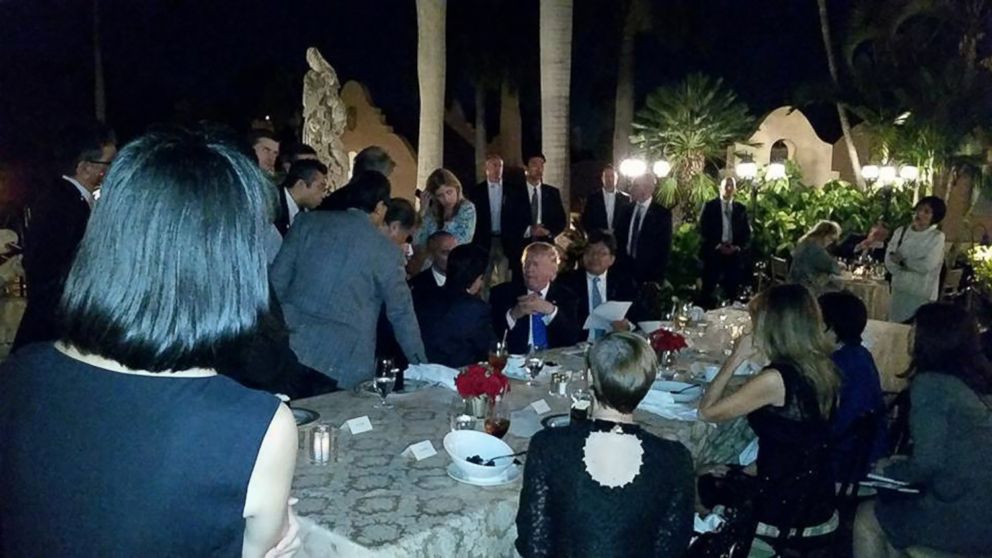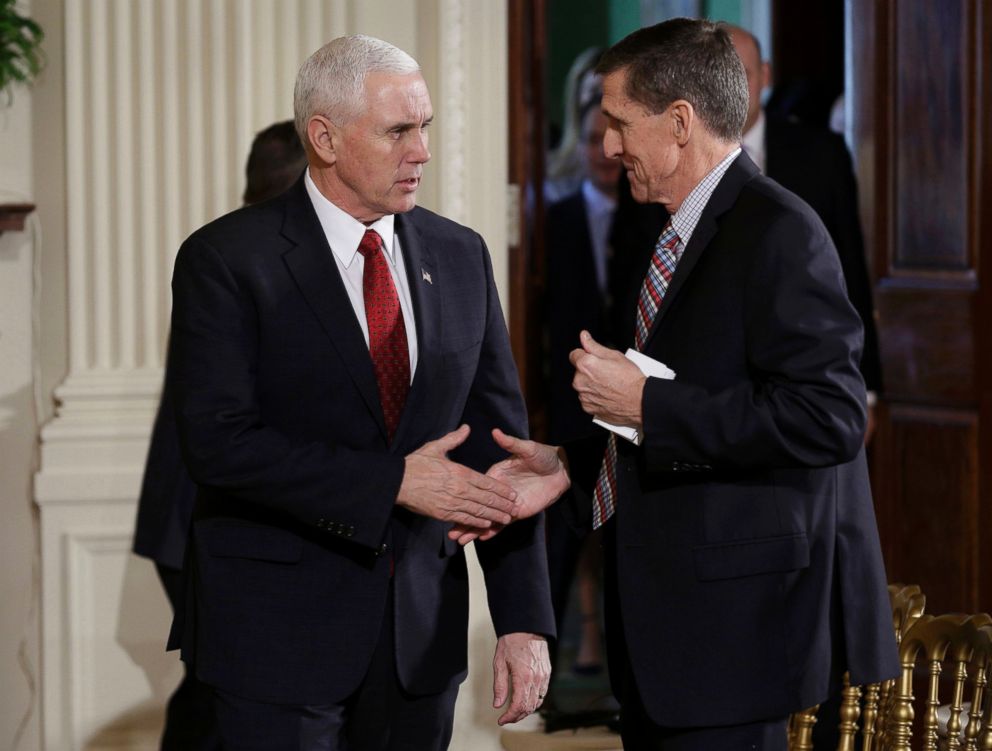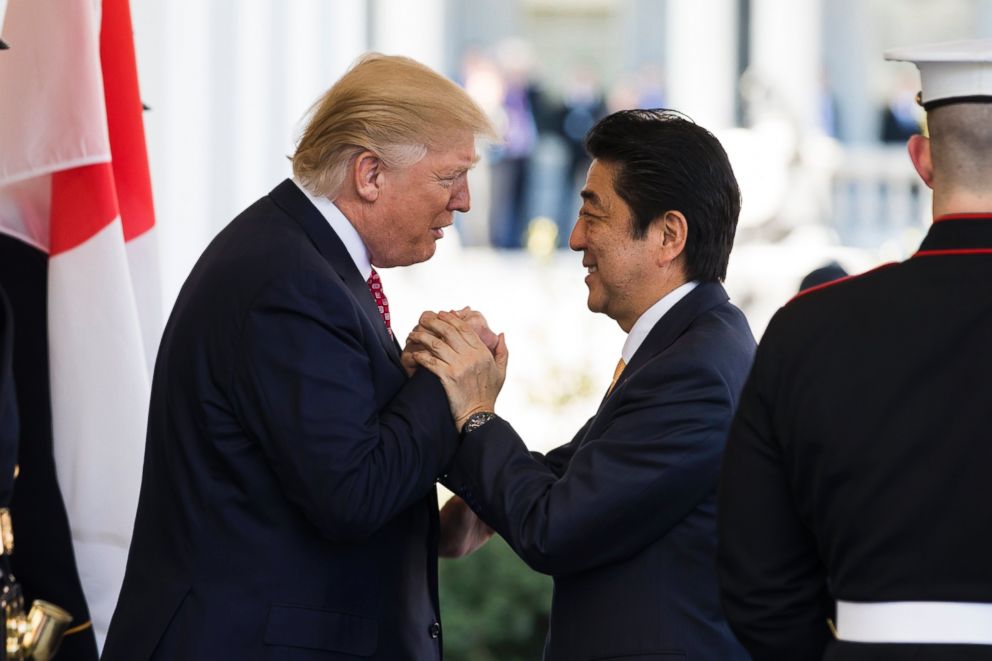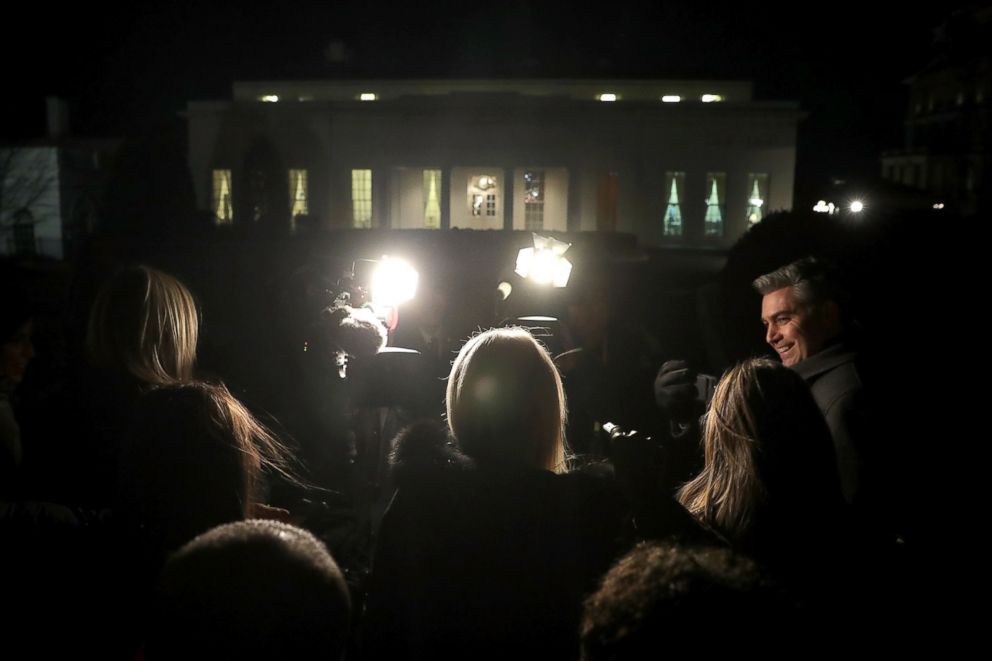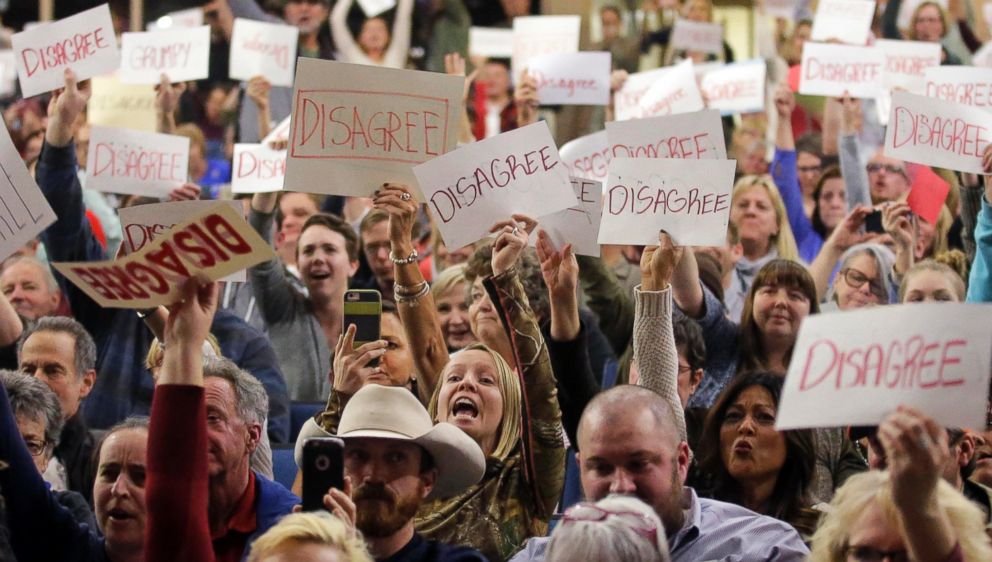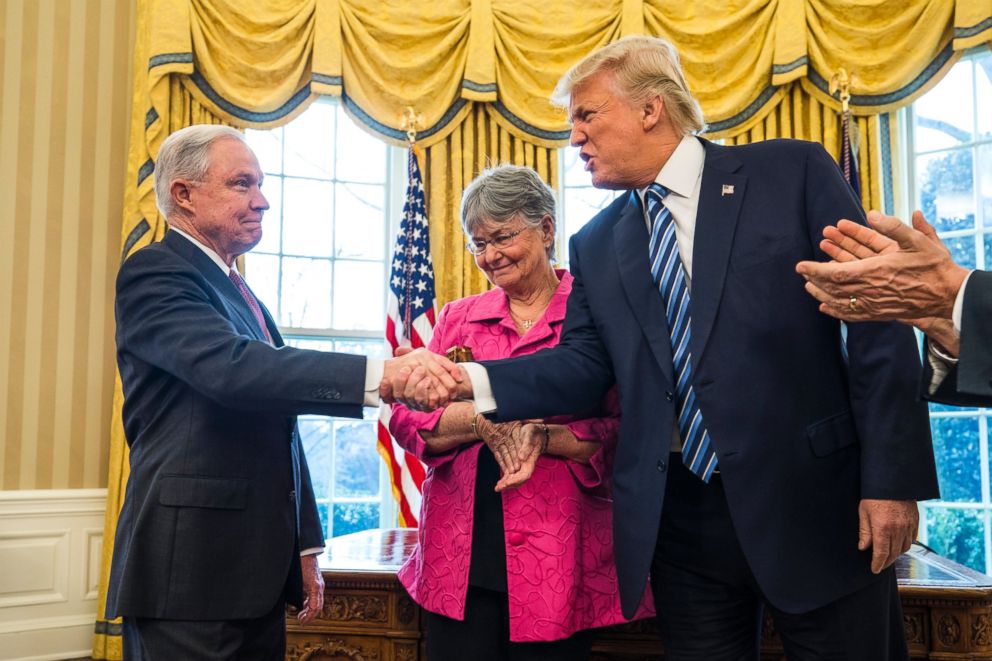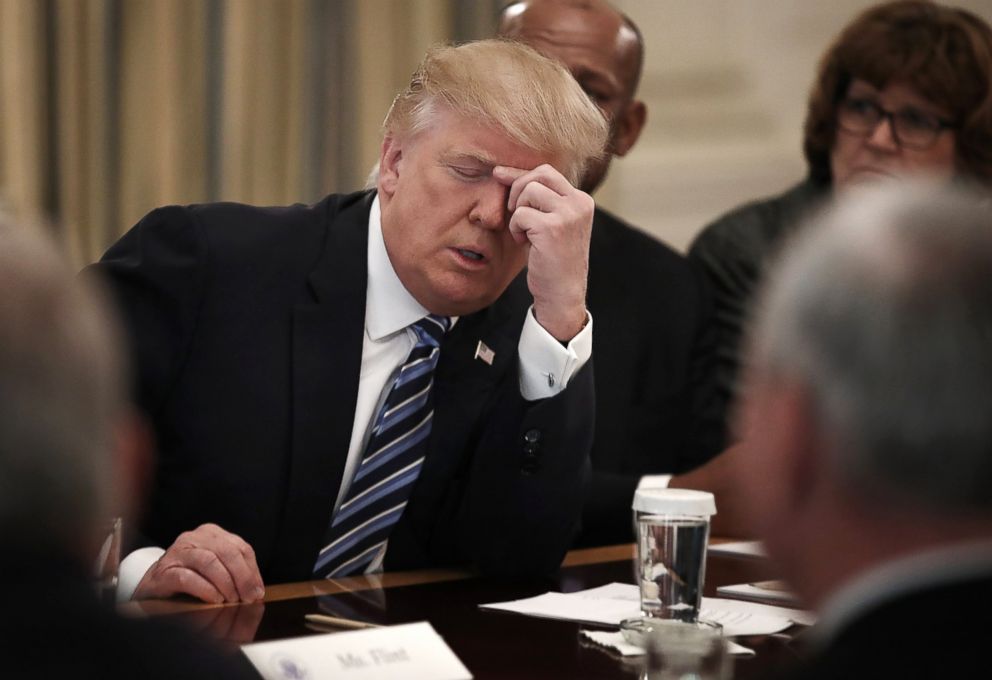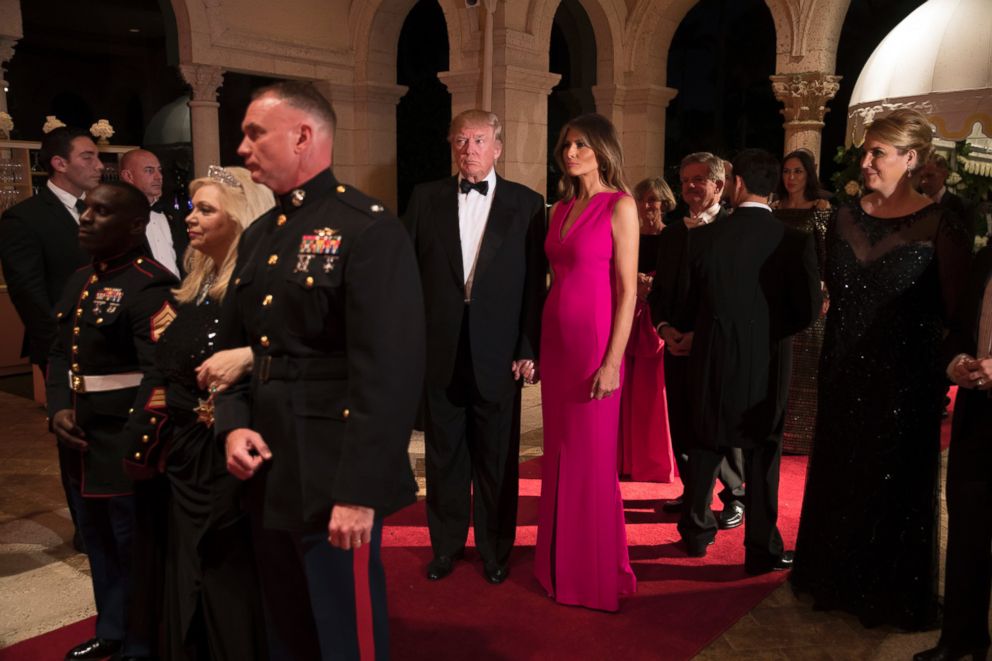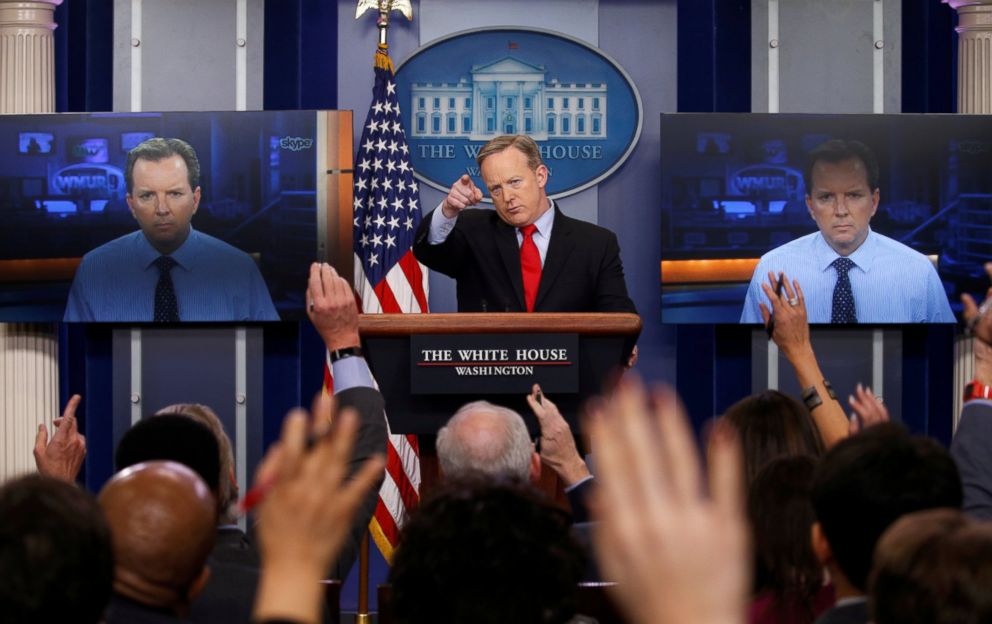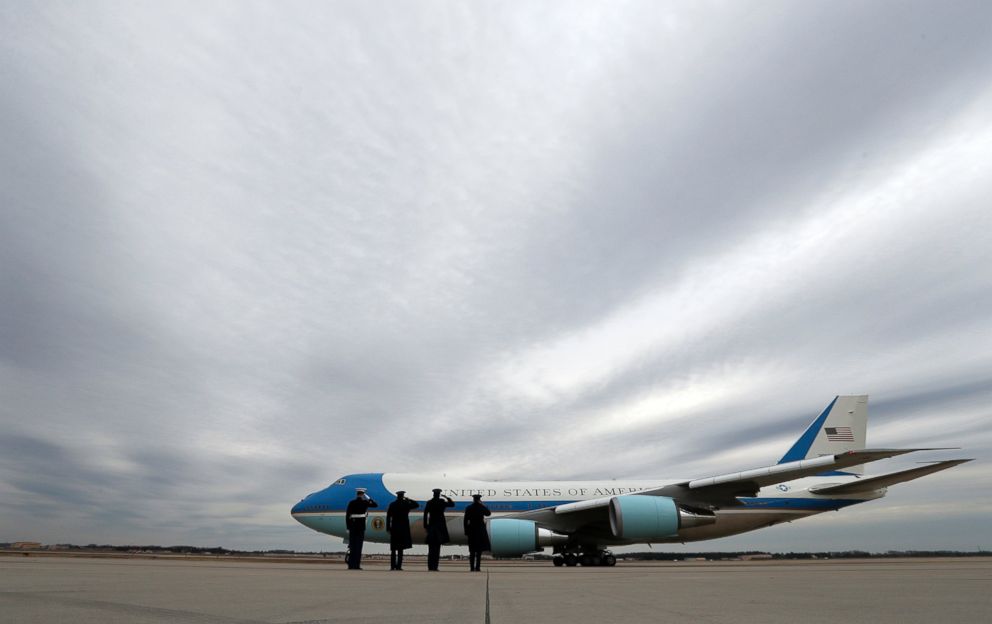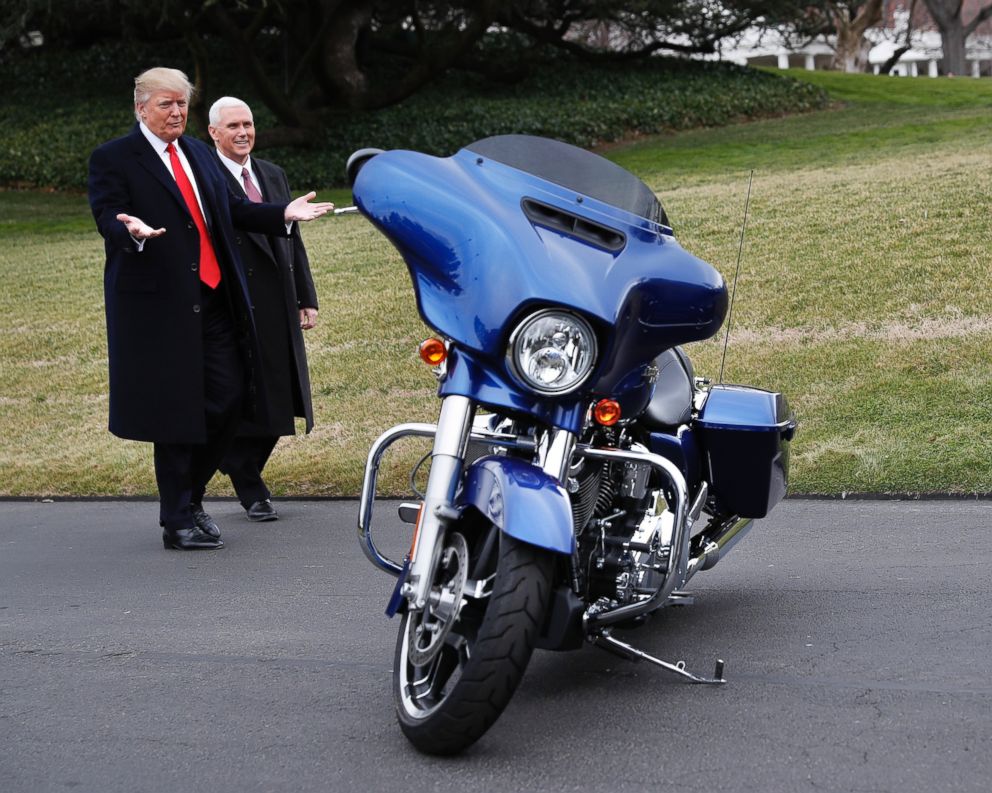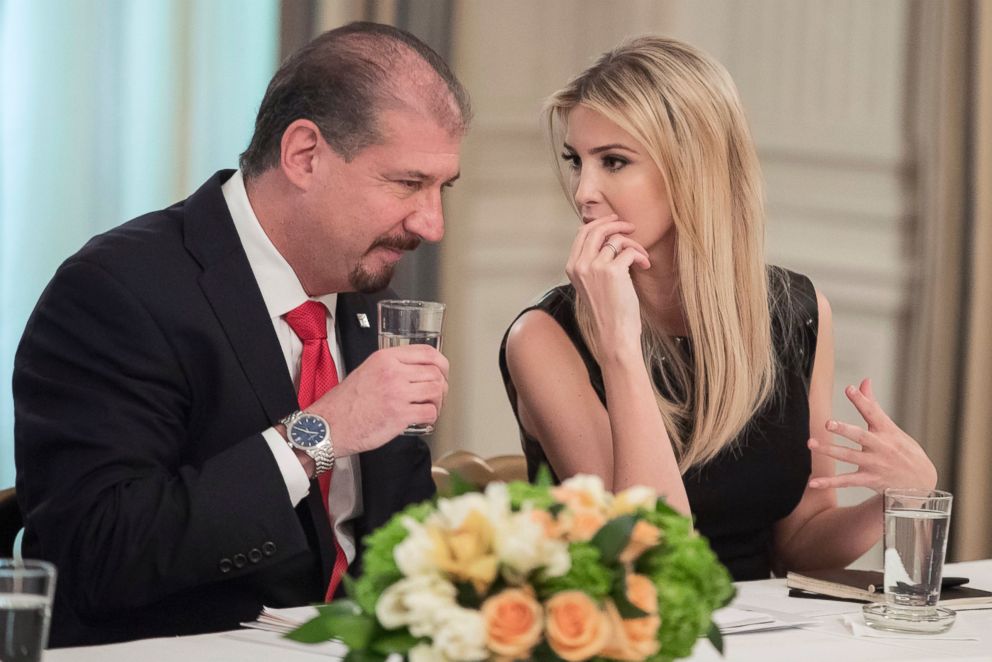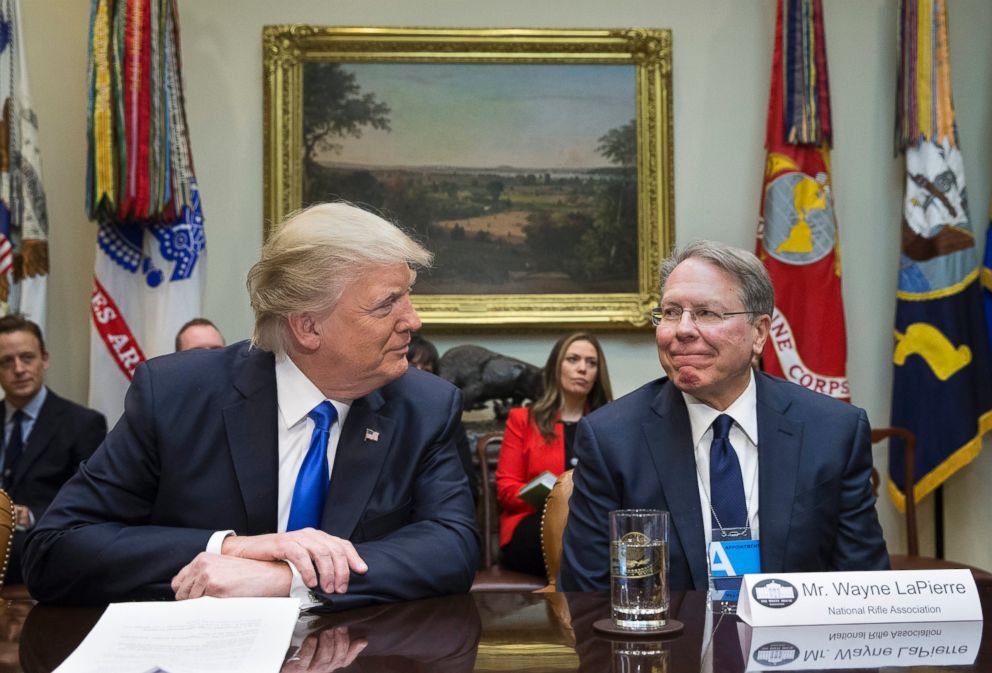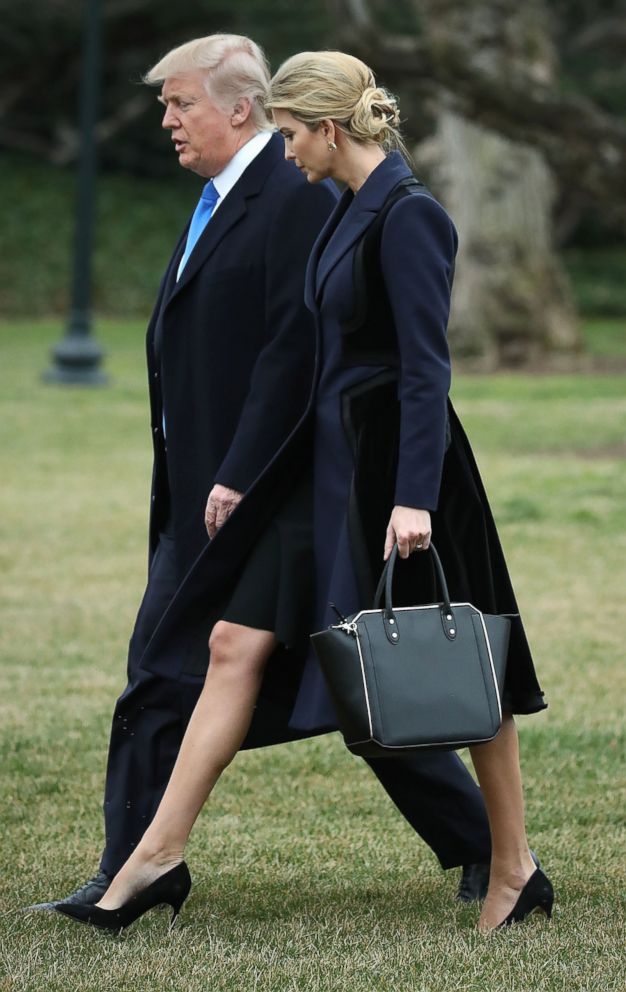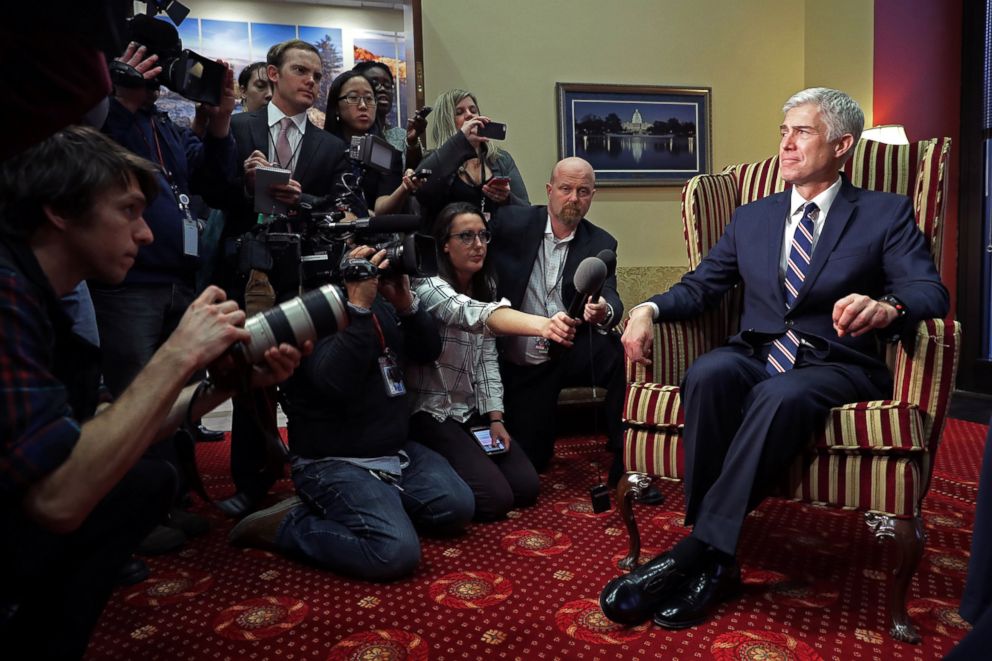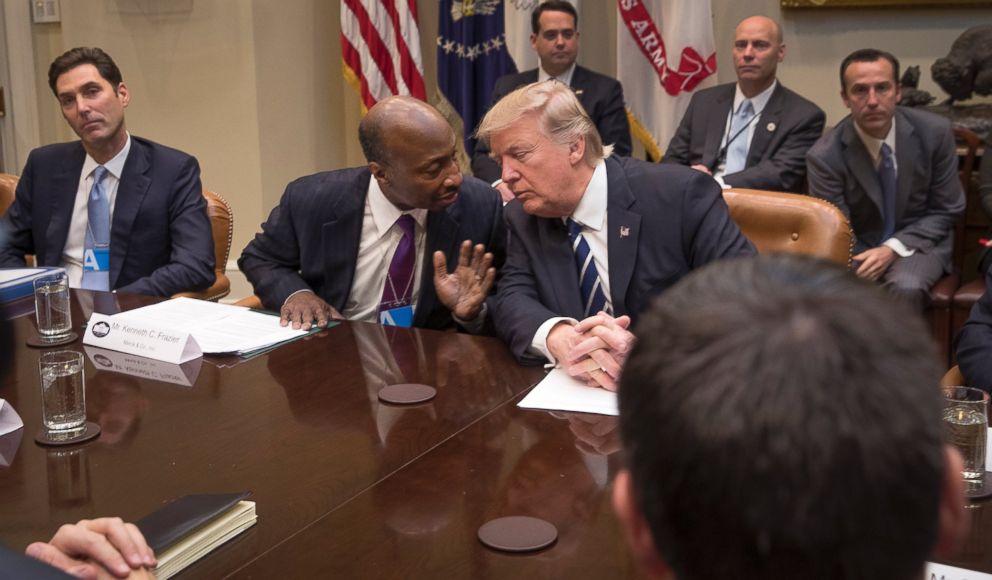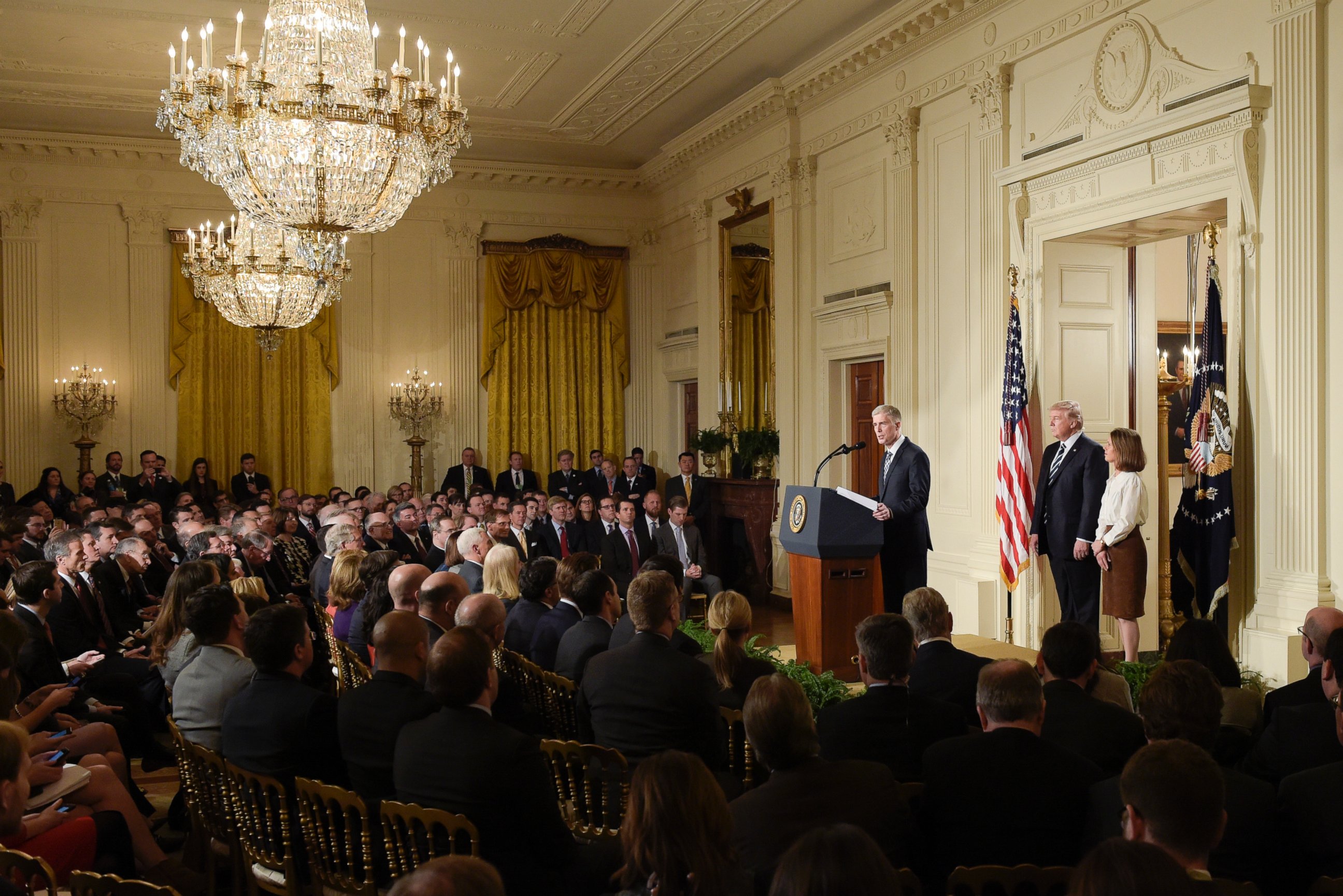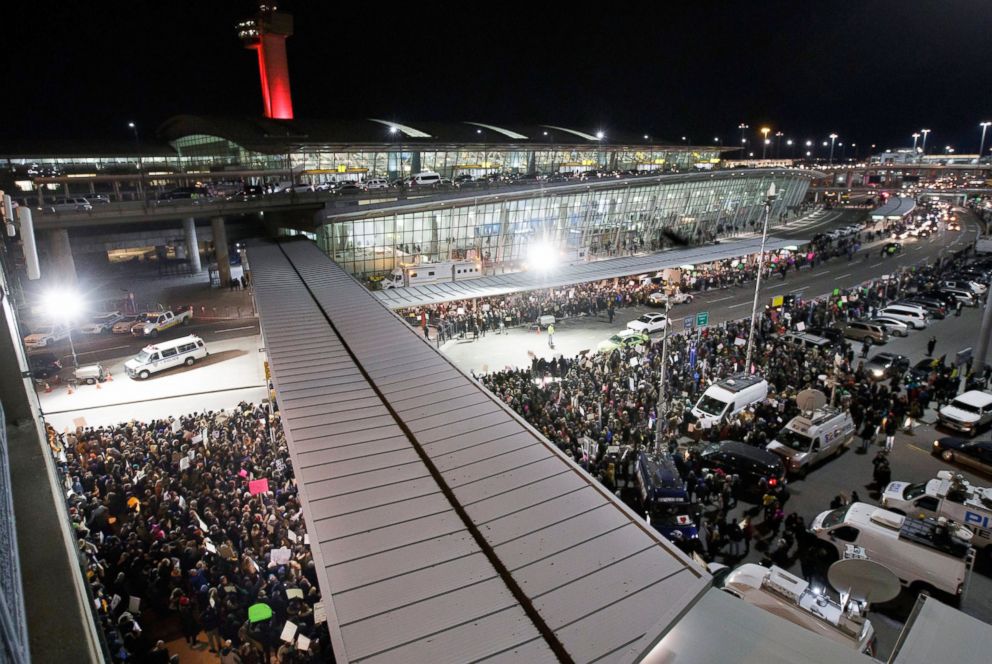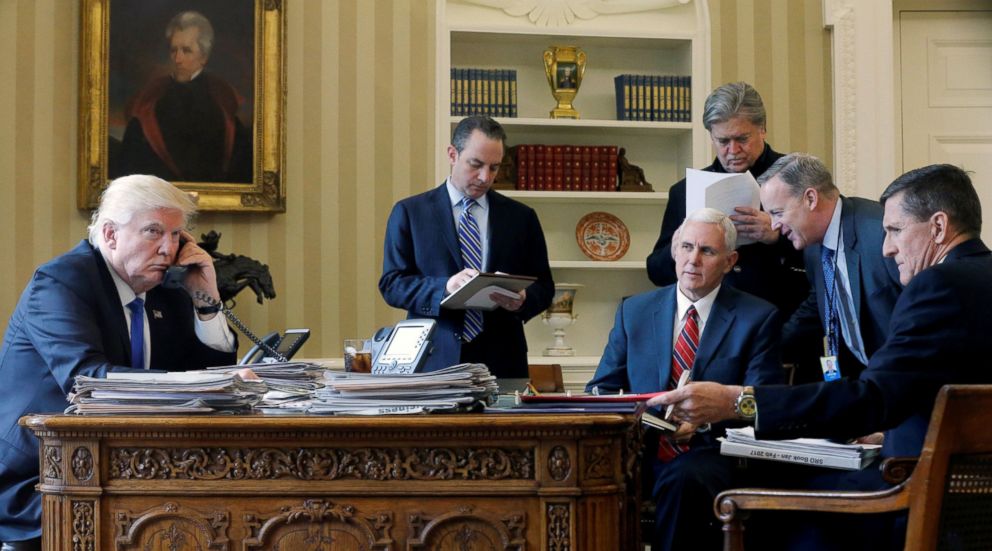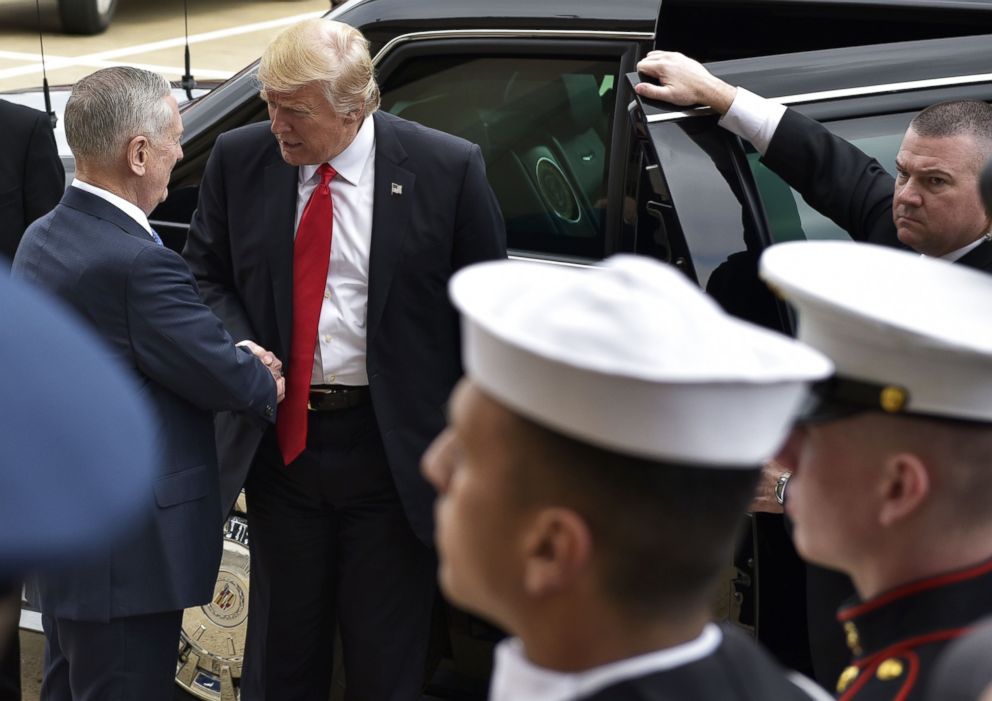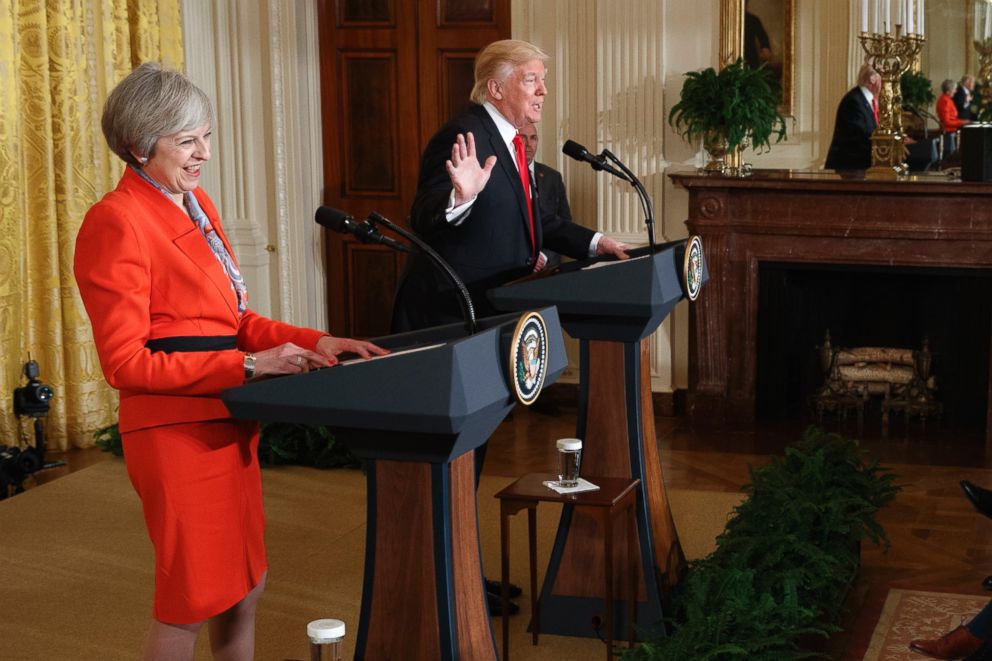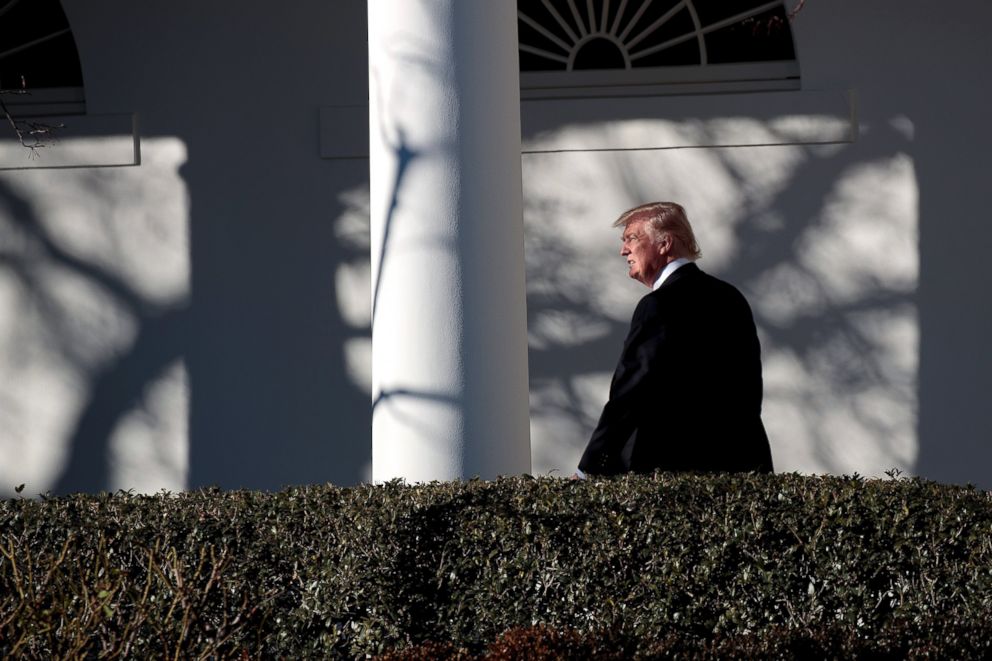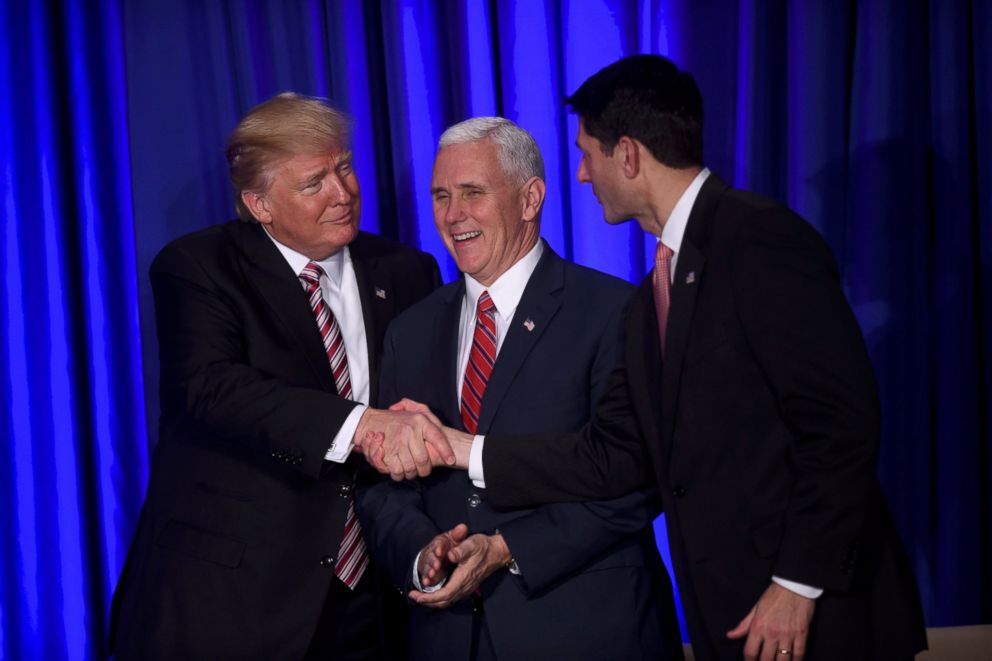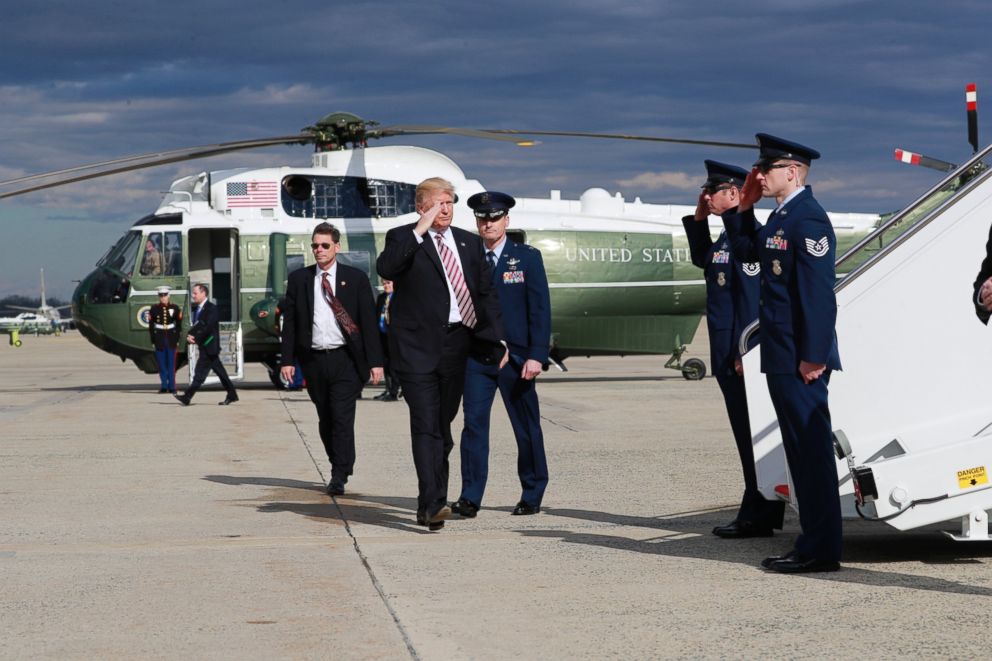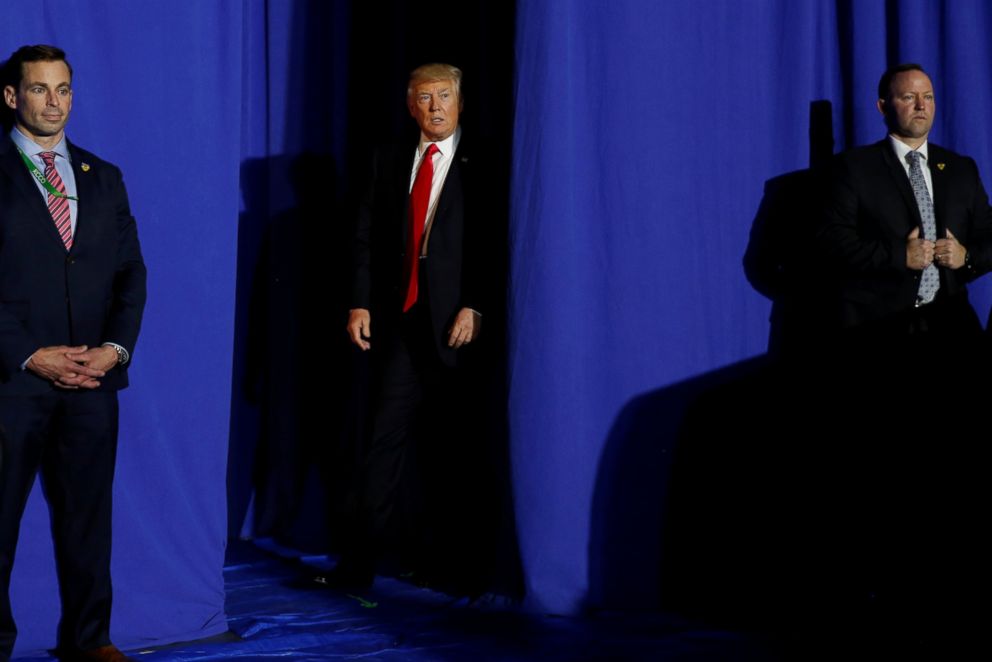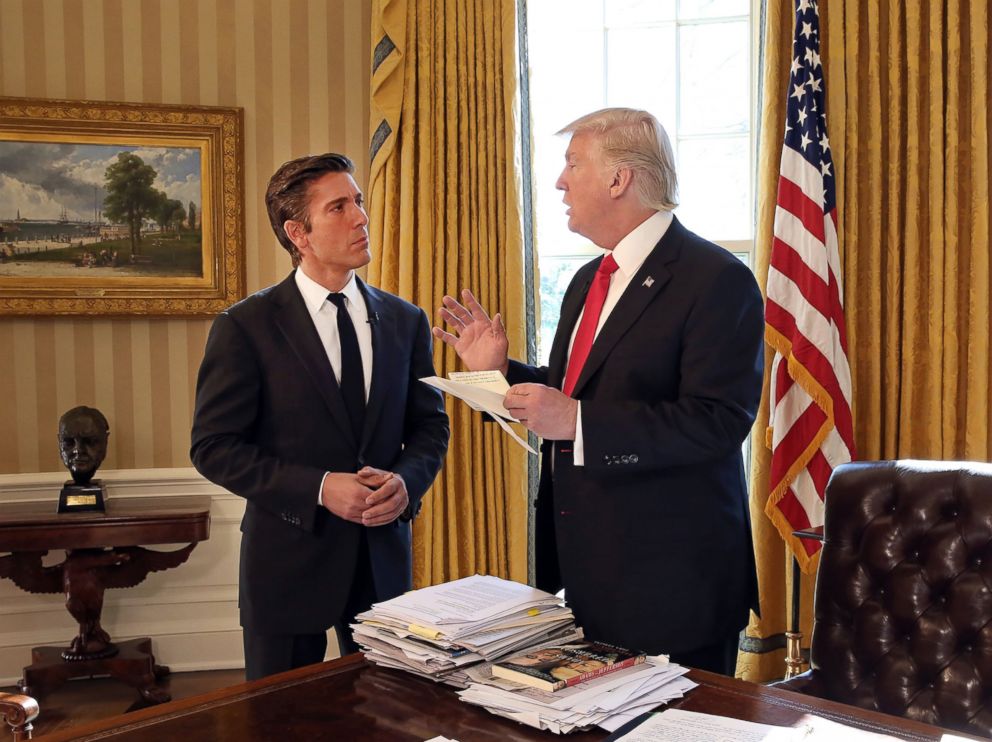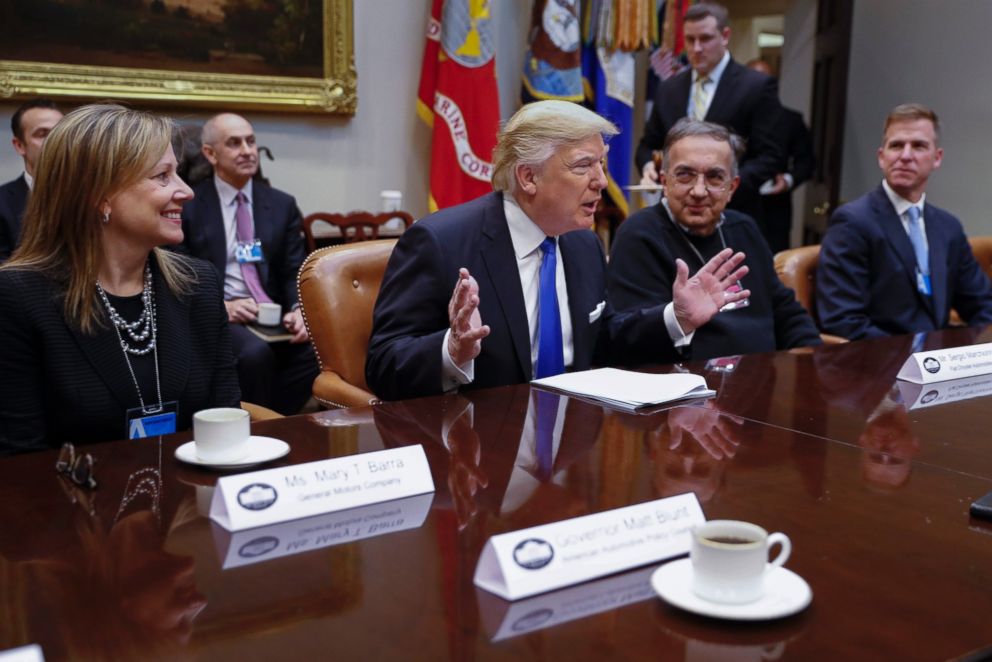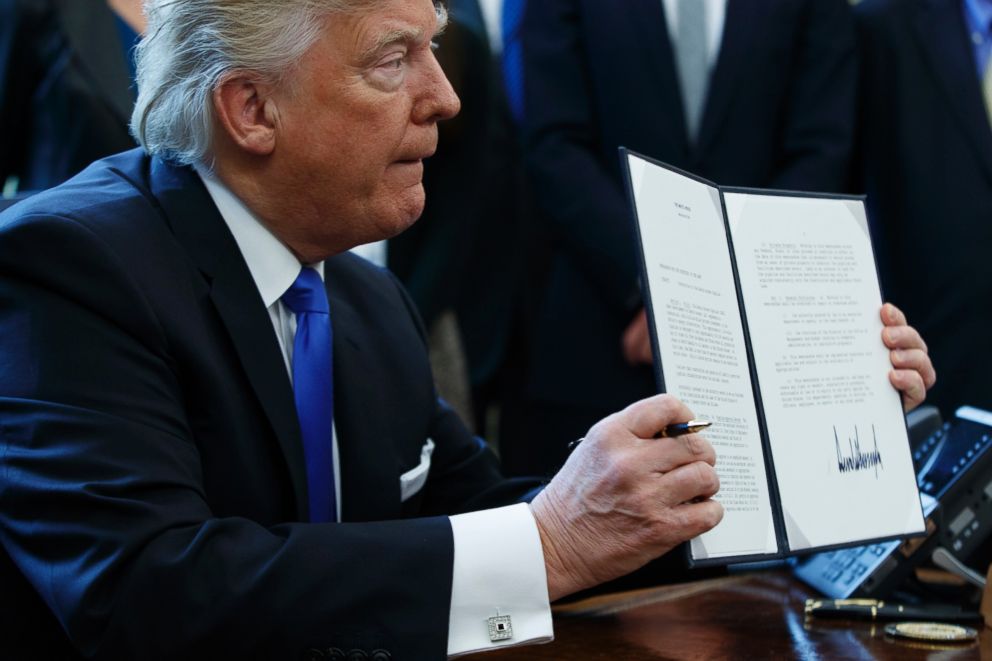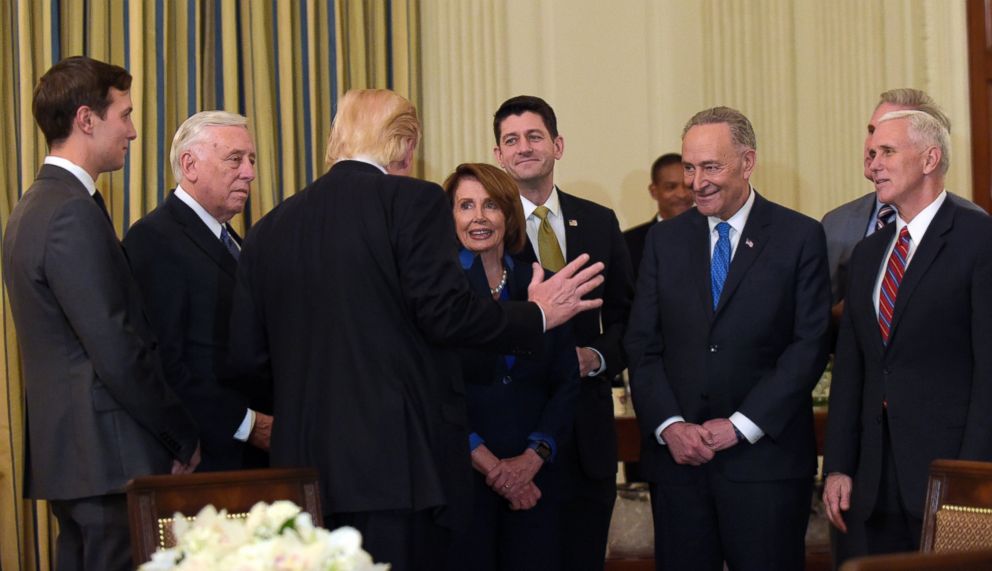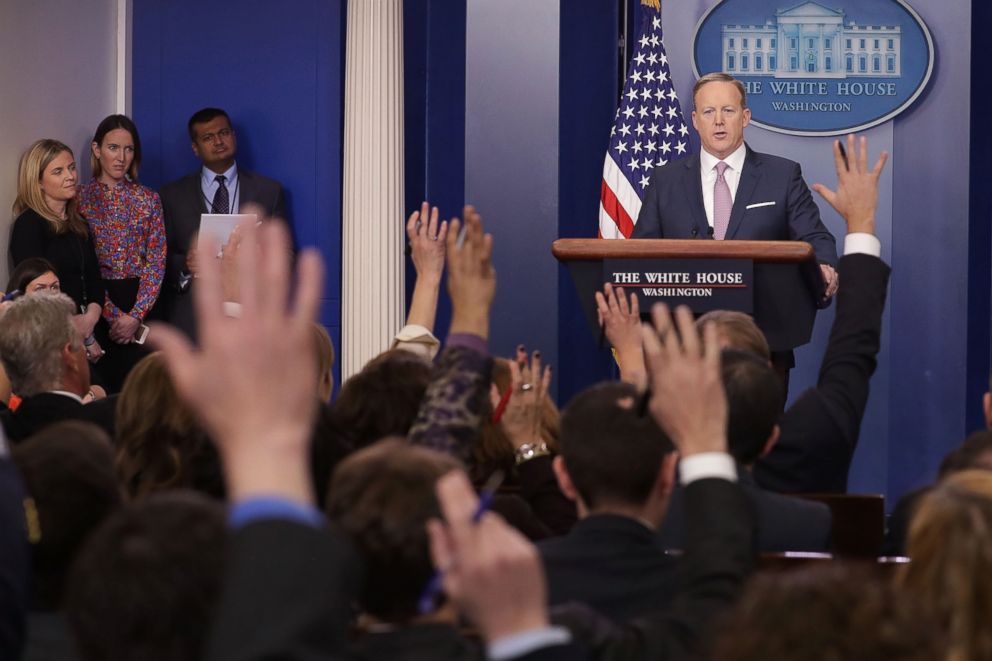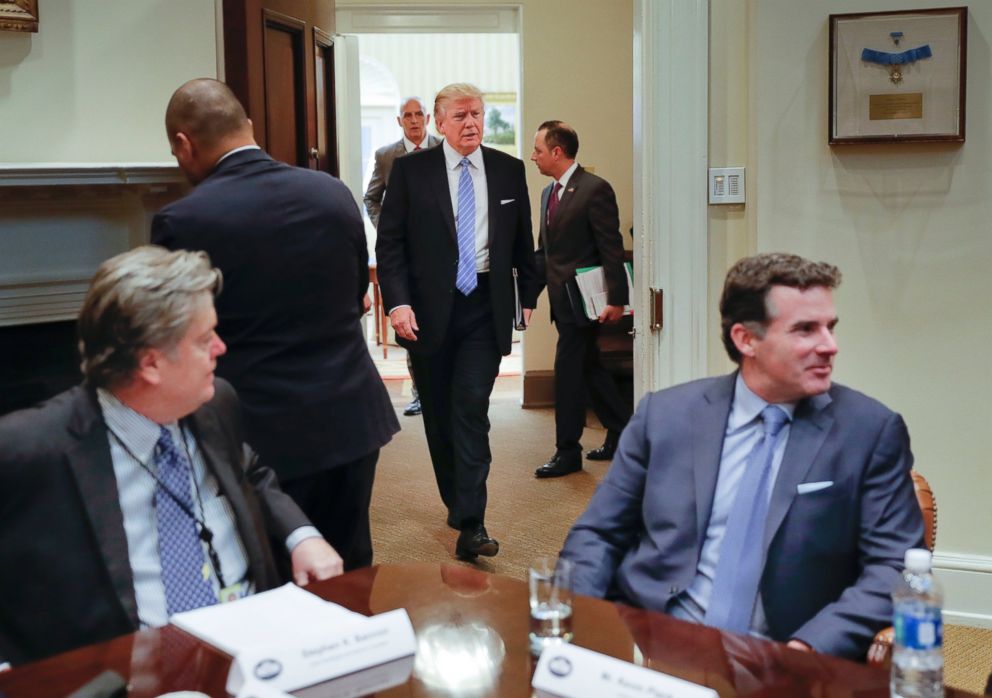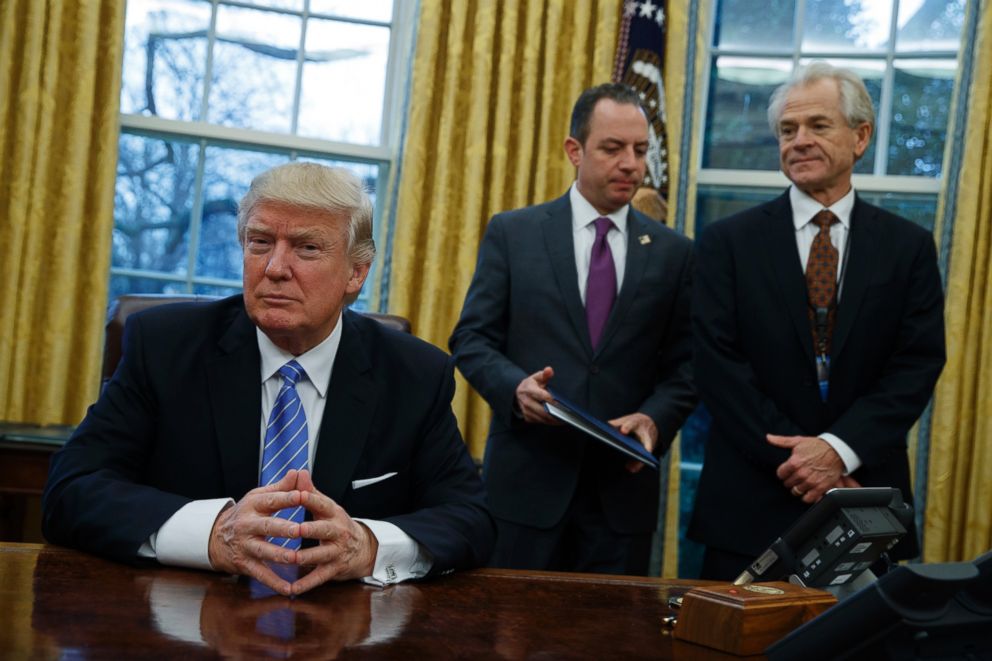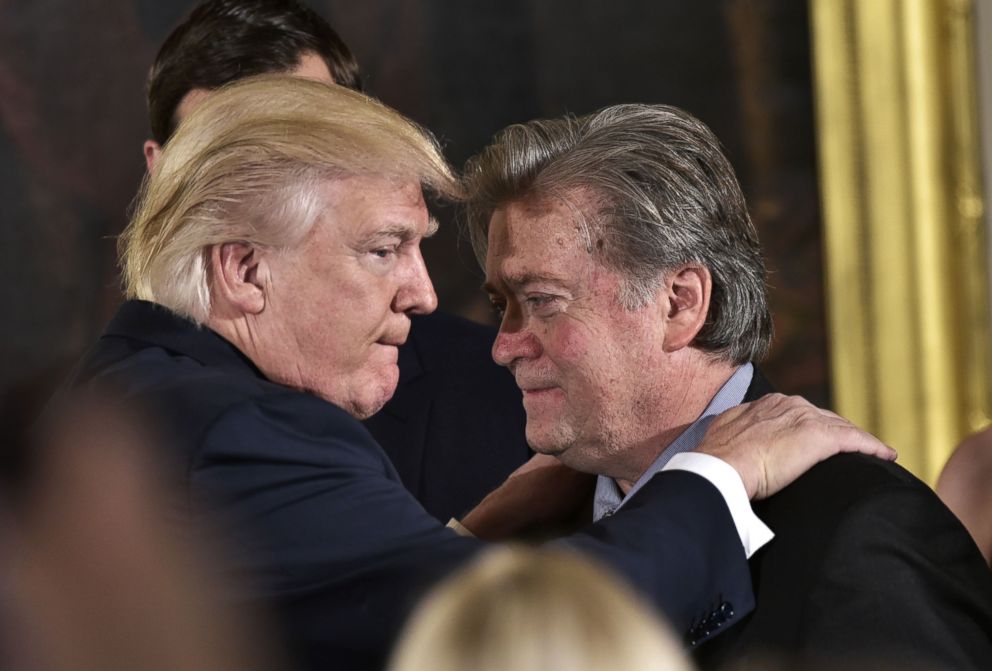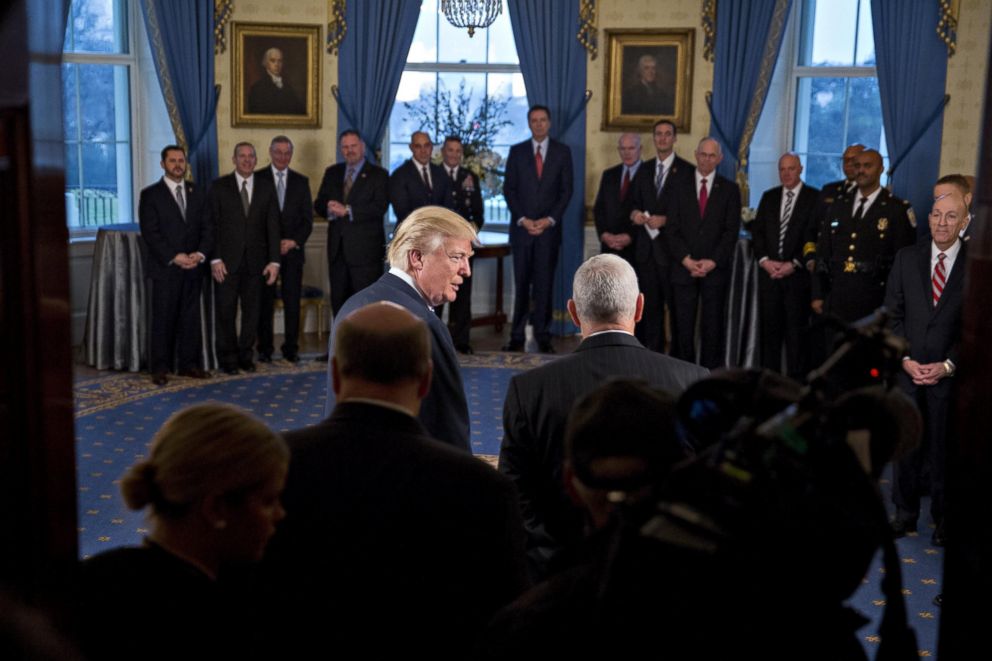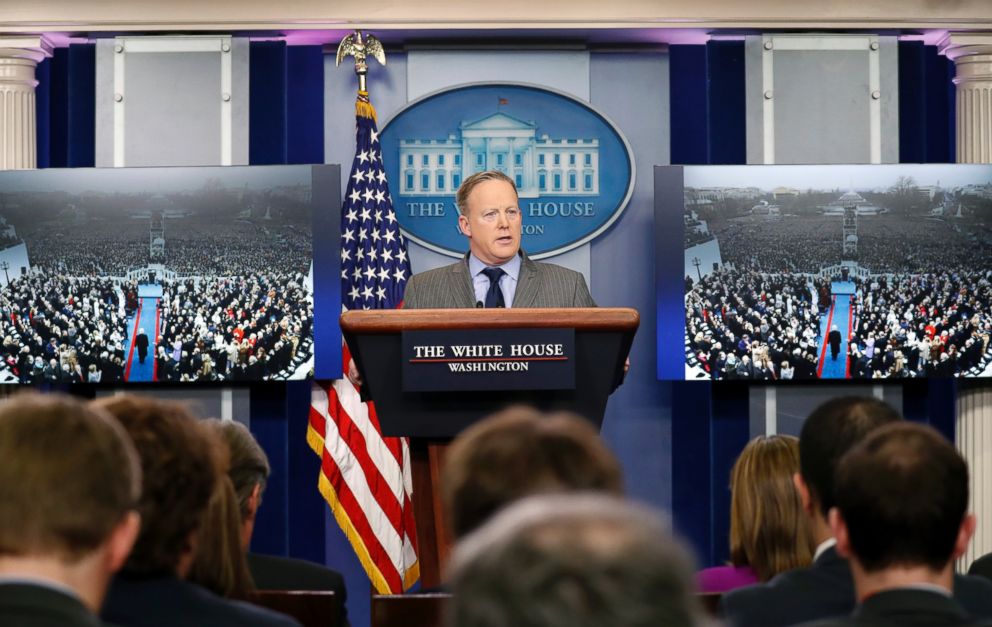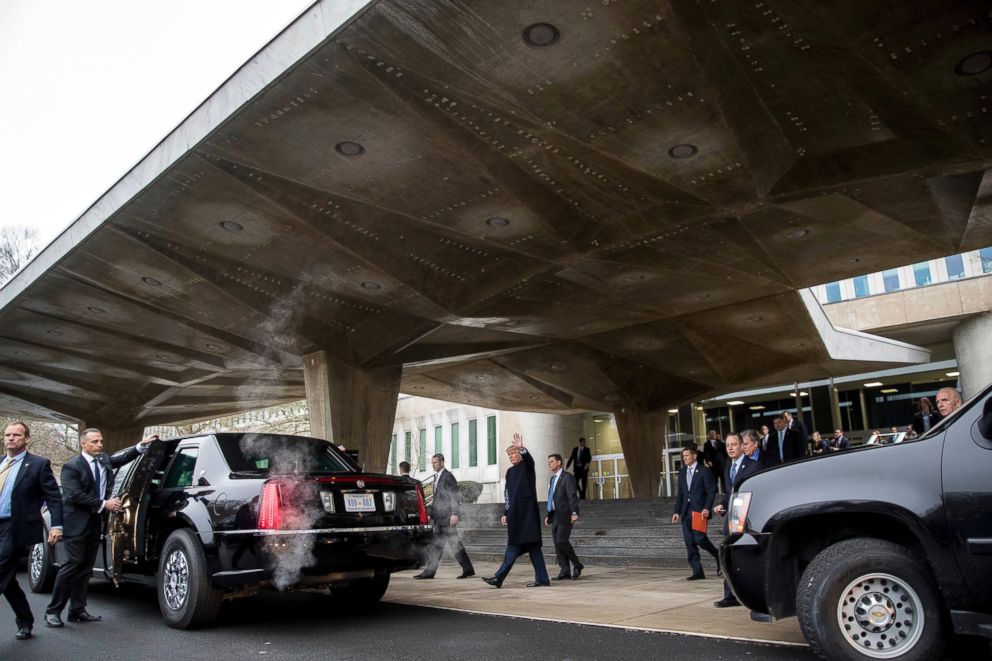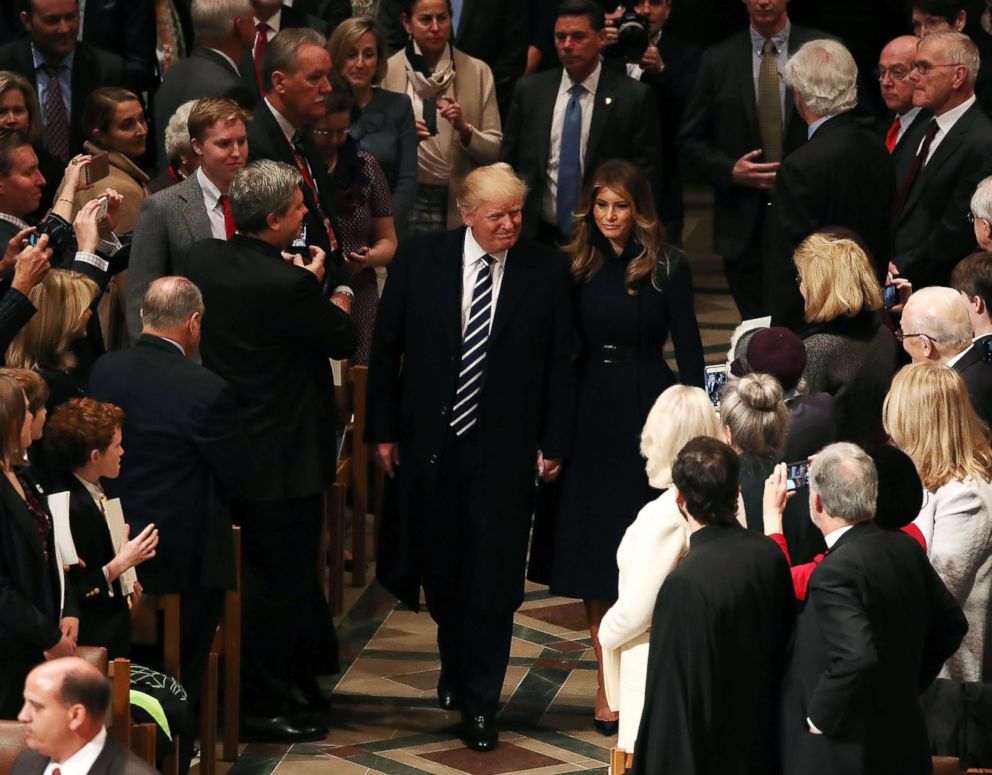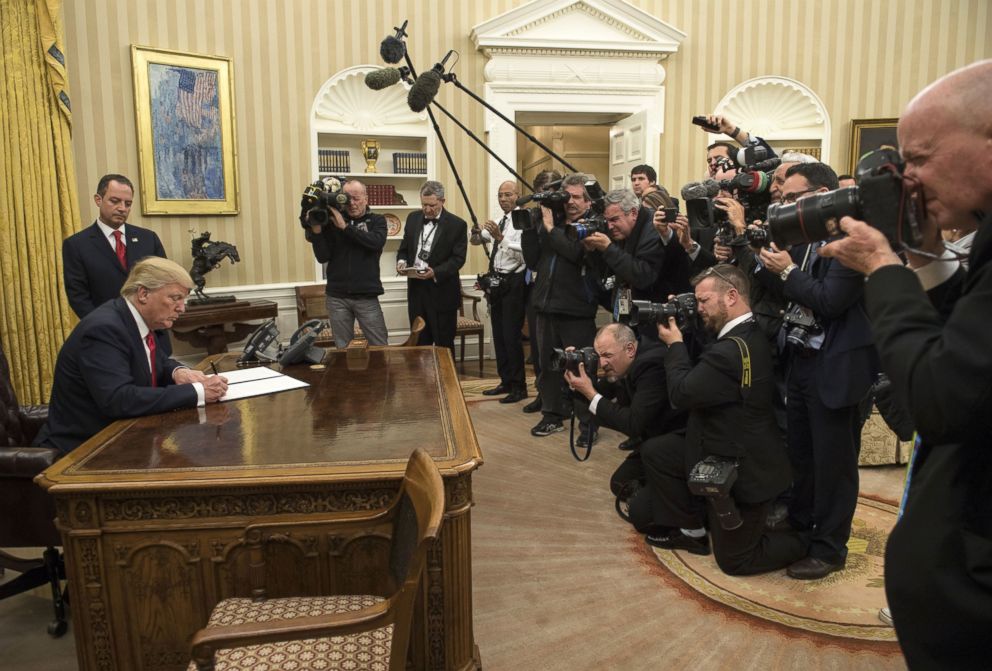ANALYSIS: A year after election, Trump's shockwaves still reverberate
Trump's victory exposed and exacerbated the nation's divisions.
— -- A nation divided shocked itself a year ago with an election that upended politics as we know it and took the country in a vastly different direction.
The shock has barely worn off. It created waves that continue to wash over a nation that seems as restless and even as angry as it was on Election Day 2016.
The year after Donald Trump’s victory has demonstrated that the election did not merely expose the nation’s divisions. It exacerbated them — with restless voters across the ideological spectrum and a vast swath of the country bewildered by the pace of it all.
The latest ABC News/Washington Post poll tells the story of the big divide in dramatic fashion. Two-thirds of Americans surveyed doubt the president’s honesty and trustworthiness, with a similar share saying he lacks the appropriate personality and temperament for the job.
Trump's first 100 days
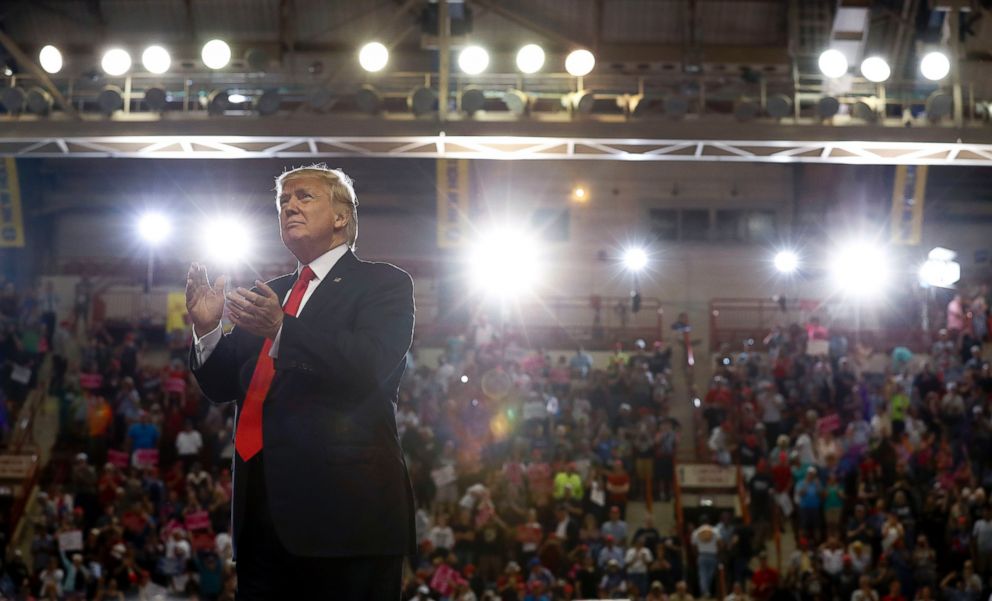
The poll shows diminishing numbers of respondents believe the president can improve race relations, the health care system, the economy and security against terrorist threats. Trump’s approval rating stands at a dismal 37 percent — a low for post–World War II presidents nine months into the job and a clear sign that the nation thinks he’s just not up to the job.
Yet, for all that, 91 percent of polled Trump voters say they would vote for him all over again. And the Democratic Party has done little over the past year to establish itself as a leadership option that would handle the nation’s challenges more effectively.
As a reflection of society, Trump at times seems well suited for an impassioned, chaotic, short-attention-span era. His instinct to divide rather than unite leaves him at the helm of a country that has seldom seemed angrier.
It has been a dizzying year.
Racial tumult, threats of nuclear war, national tragedies, suffering from natural disasters, legislative failures, revelations of Russian interference with American democracy, indictments from a special counsel — headlines blow through at the speed of a presidential Twitter feed.
Trump has redefined the boundaries of political discourse deemed appropriate for a president. He has repeatedly stated and tweeted things that are simply not true.
He has raged against perceived enemies, even if they represent institutions that are supposed to be removed from interference by the president. White House palace intrigue has become a national sport. A full year later, Trump still likes to mention his Electoral College victory and still likes tweeting about Hillary Clinton.
For all this, the stock market surge continues, buoyed by the possibility of a massive tax-cut package. Fears of armed conflict are real, but the nation is not engaged in any new wars.
The party Trump leads has mostly adjusted to his new normal. With united control of Washington, the Republican Party has molded itself to the Trump vision far more than Trump has bowed to Washington’s norms.
The few GOP leaders who have outright denounced him have done so in leaving the national scene, meaning the president can and does claim victory over even more vanquished rivals.
Trump is broadly unpopular, yes, but he was when he won the election too. The Trump base is about as solid as it was last fall, when “Make America great again” signs across rural America were manifestations of how a New York billionaire spoke to the hopes and dreams of those who felt forgotten and left behind.
There will be no forgetting this period. The fever that produced the wild 2016 campaign has most definitely not broken.
As for the president, for all the reasons for discomfort, he is in many ways where he is most comfortable operating.
Trump has set a tone and a pace for America that tests the nation’s institutions in fundamental ways.
But he remains at the center of all the wild action — right where he wants to be.
